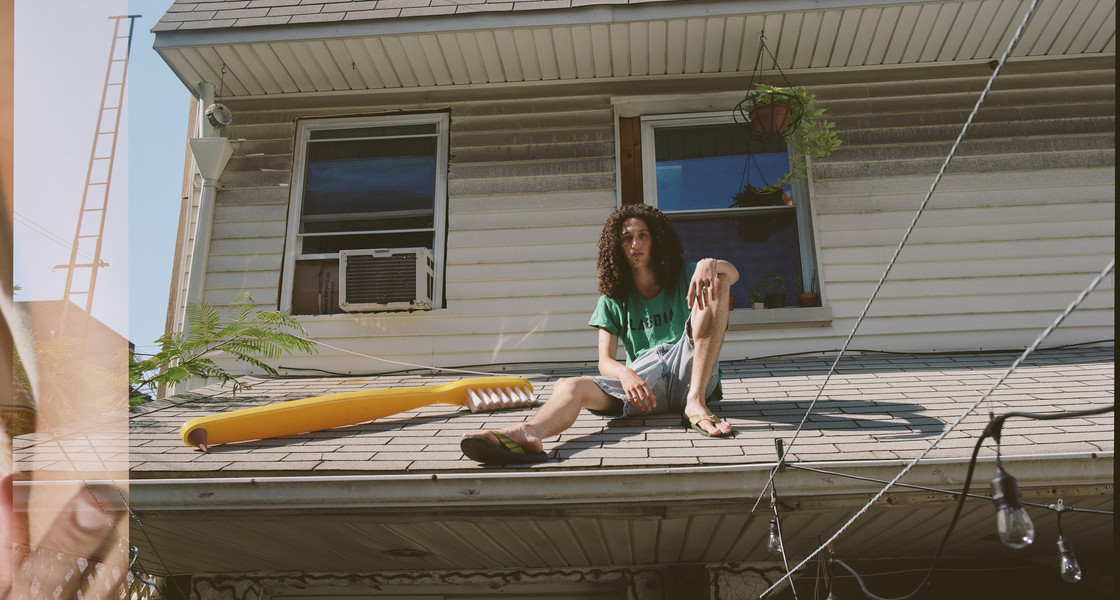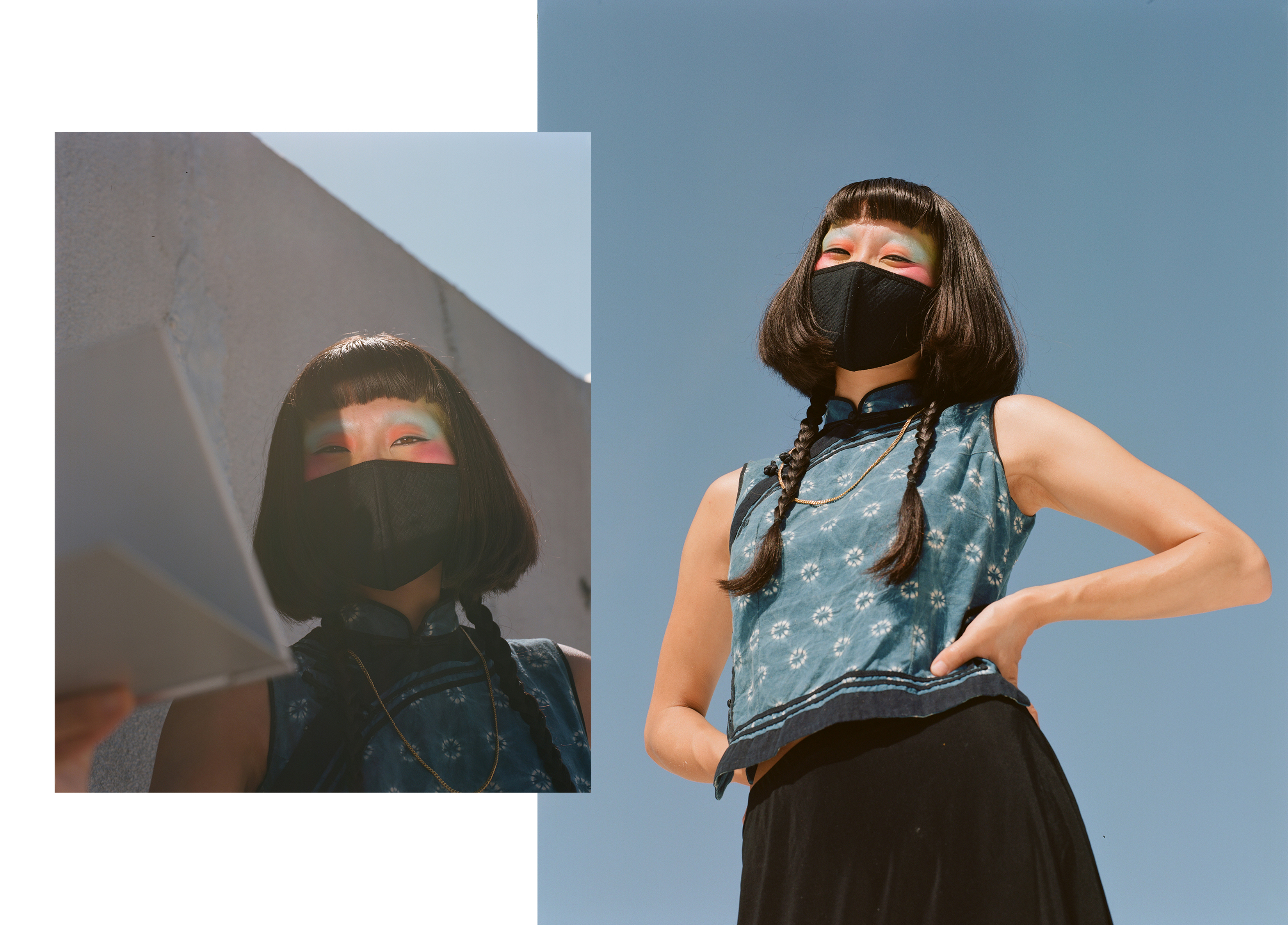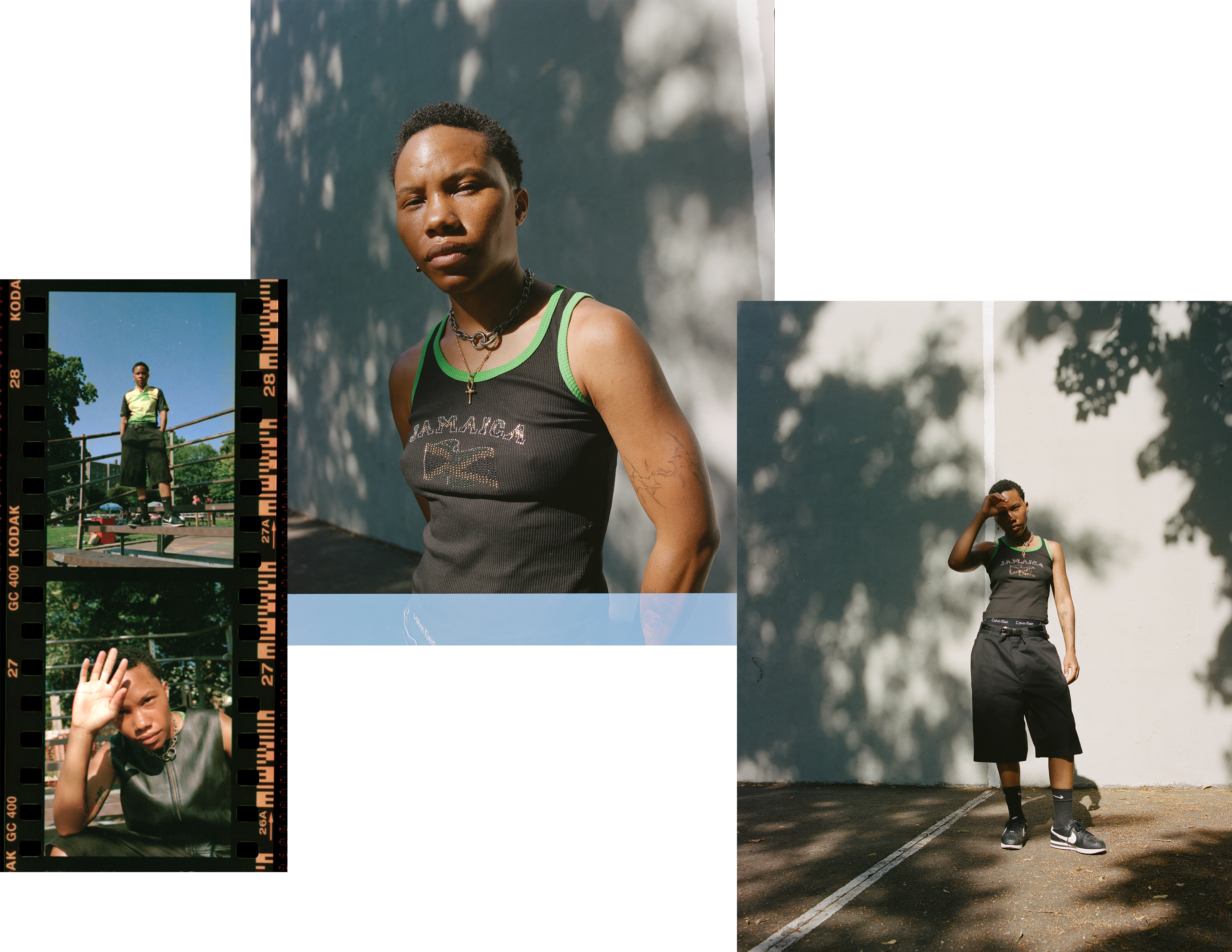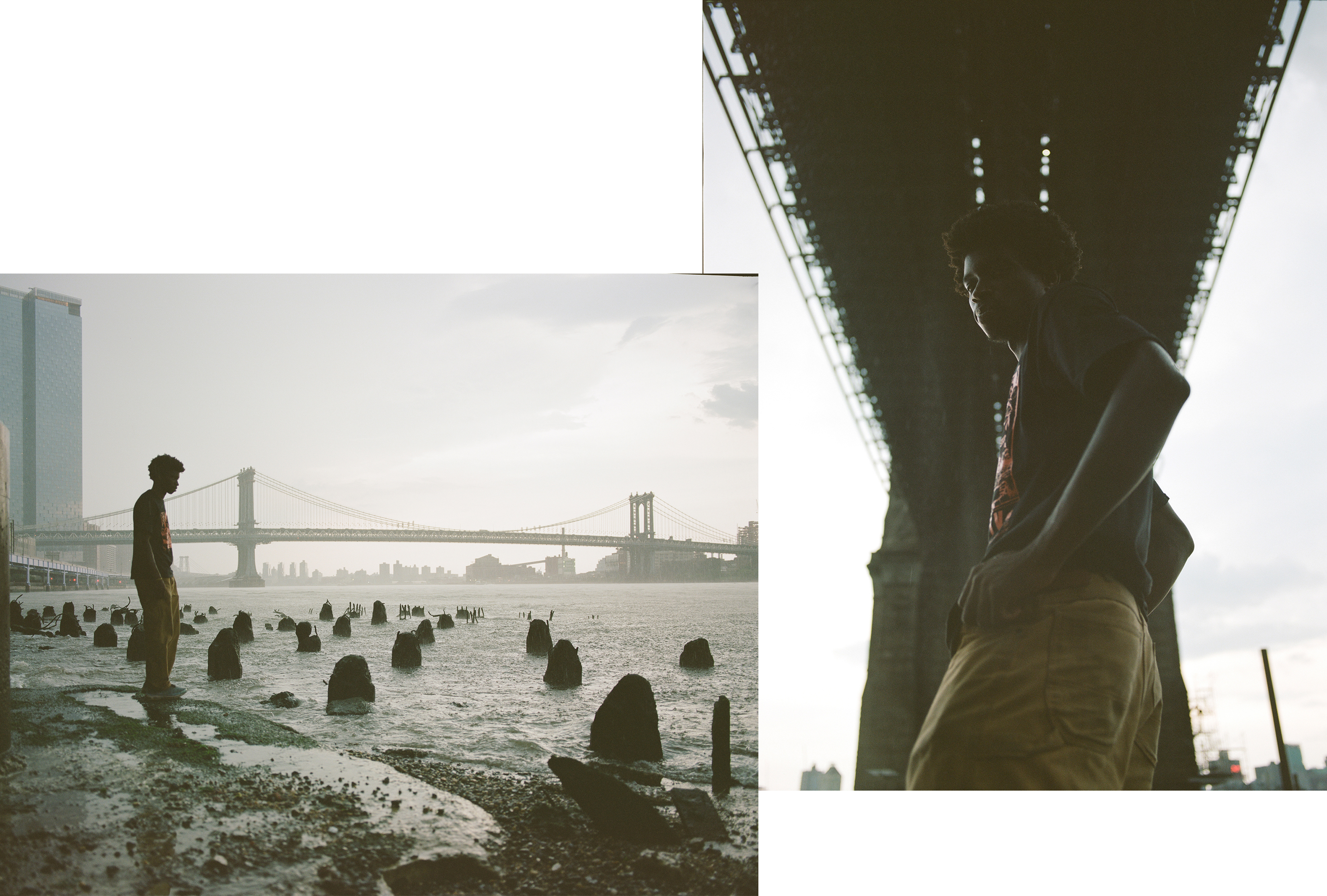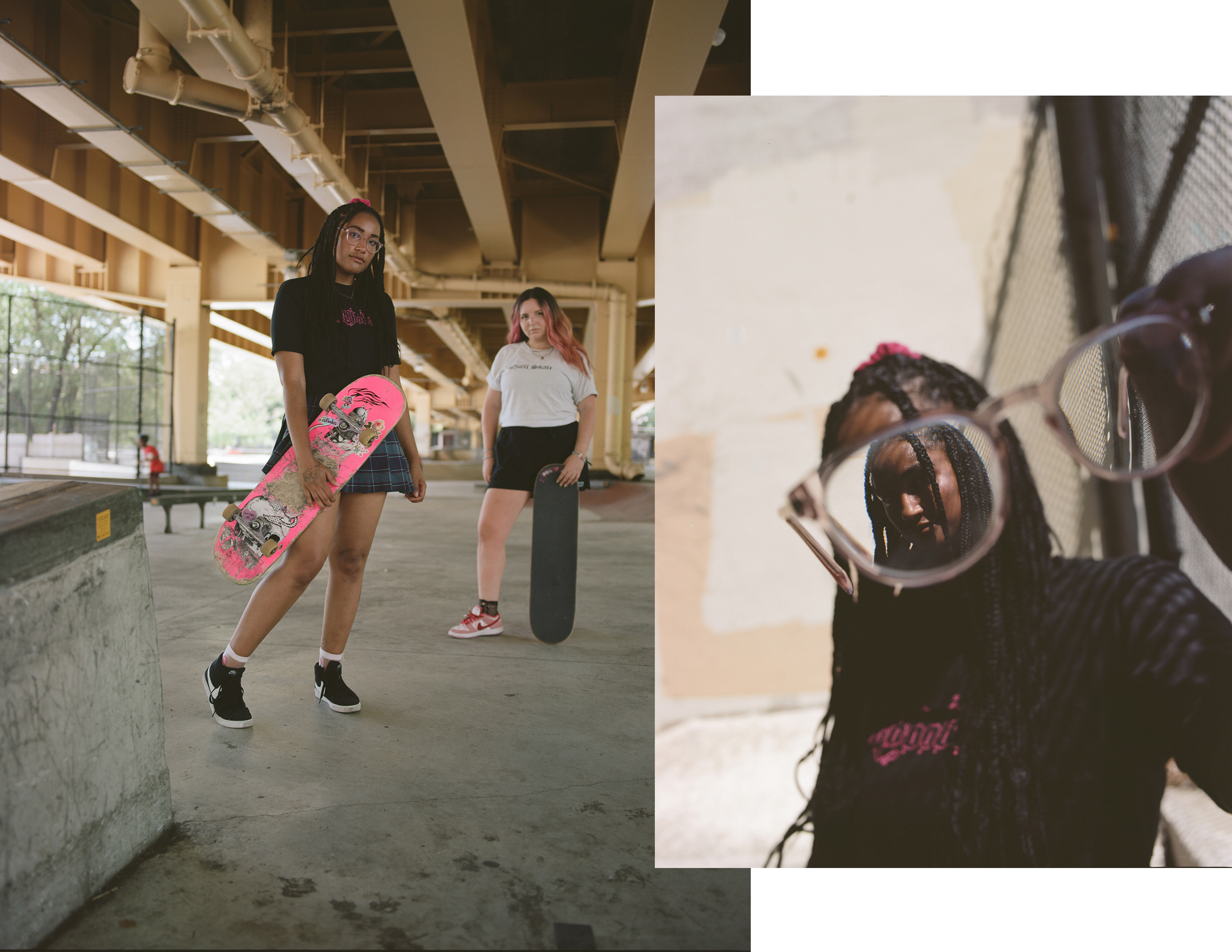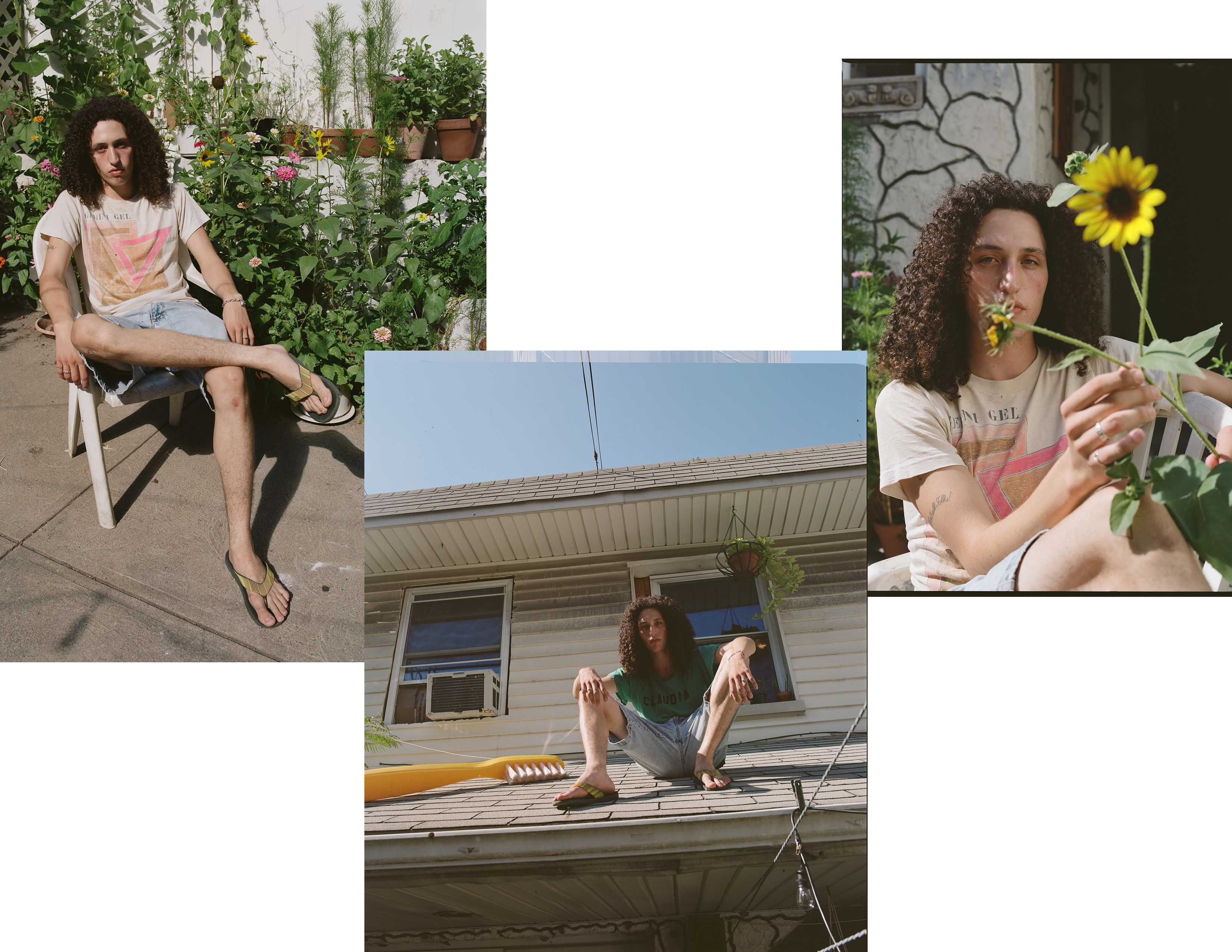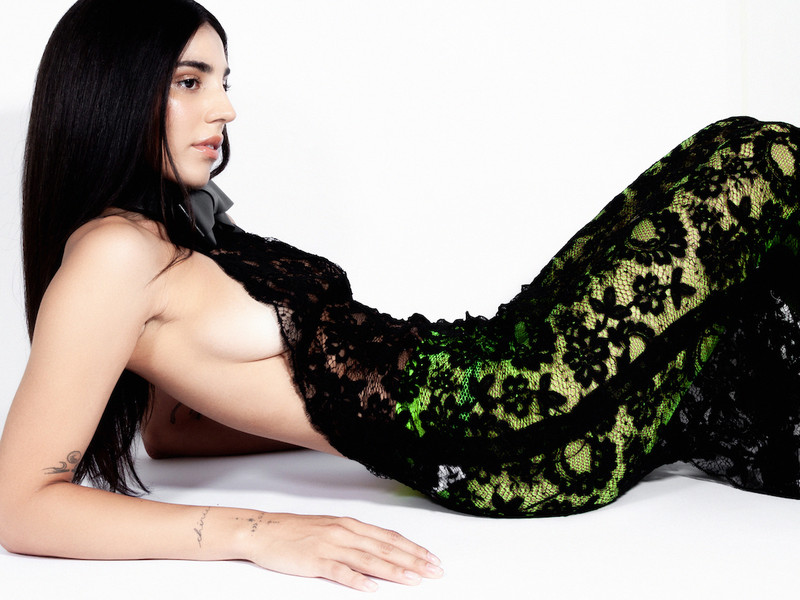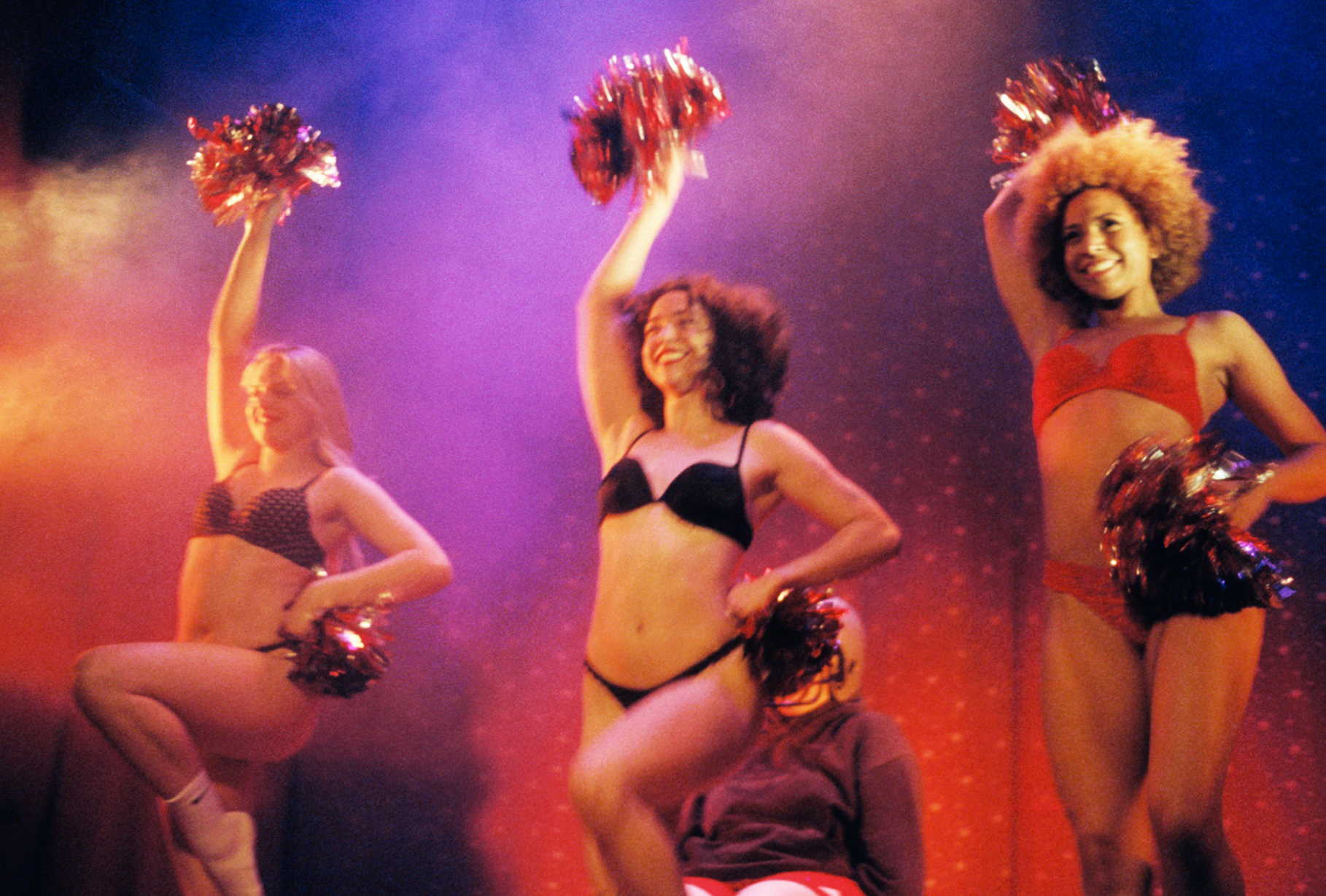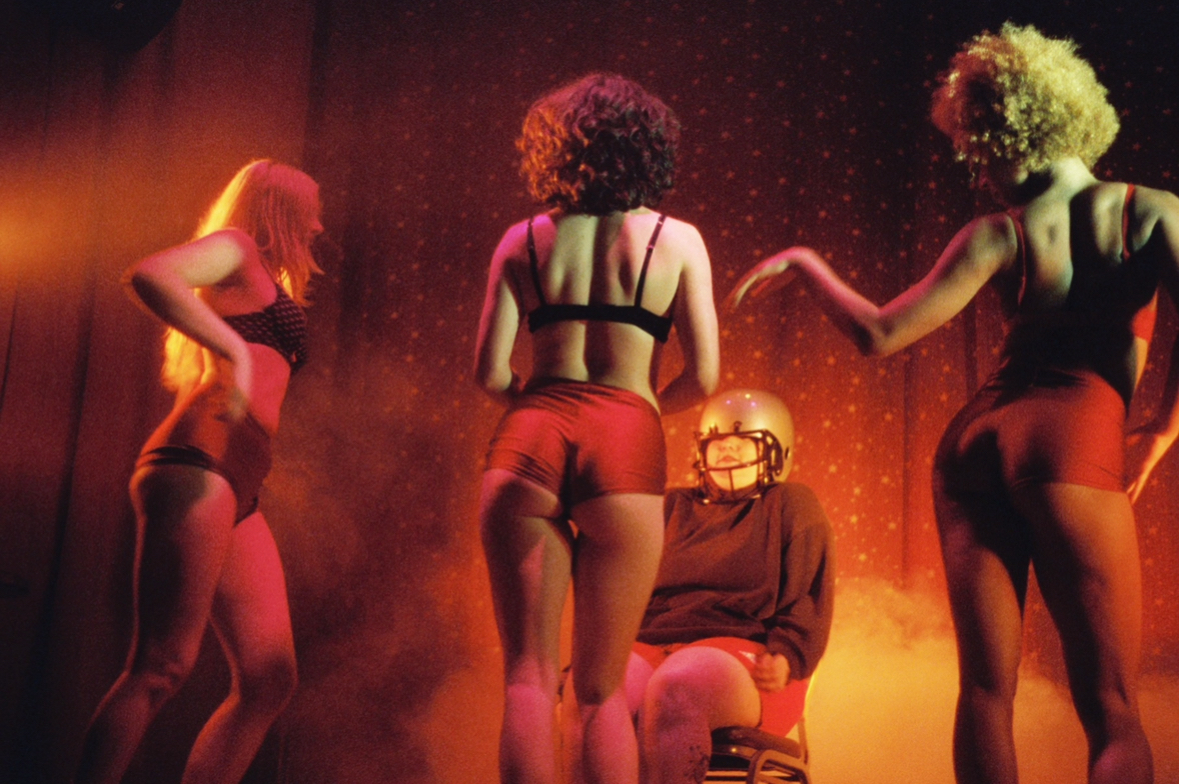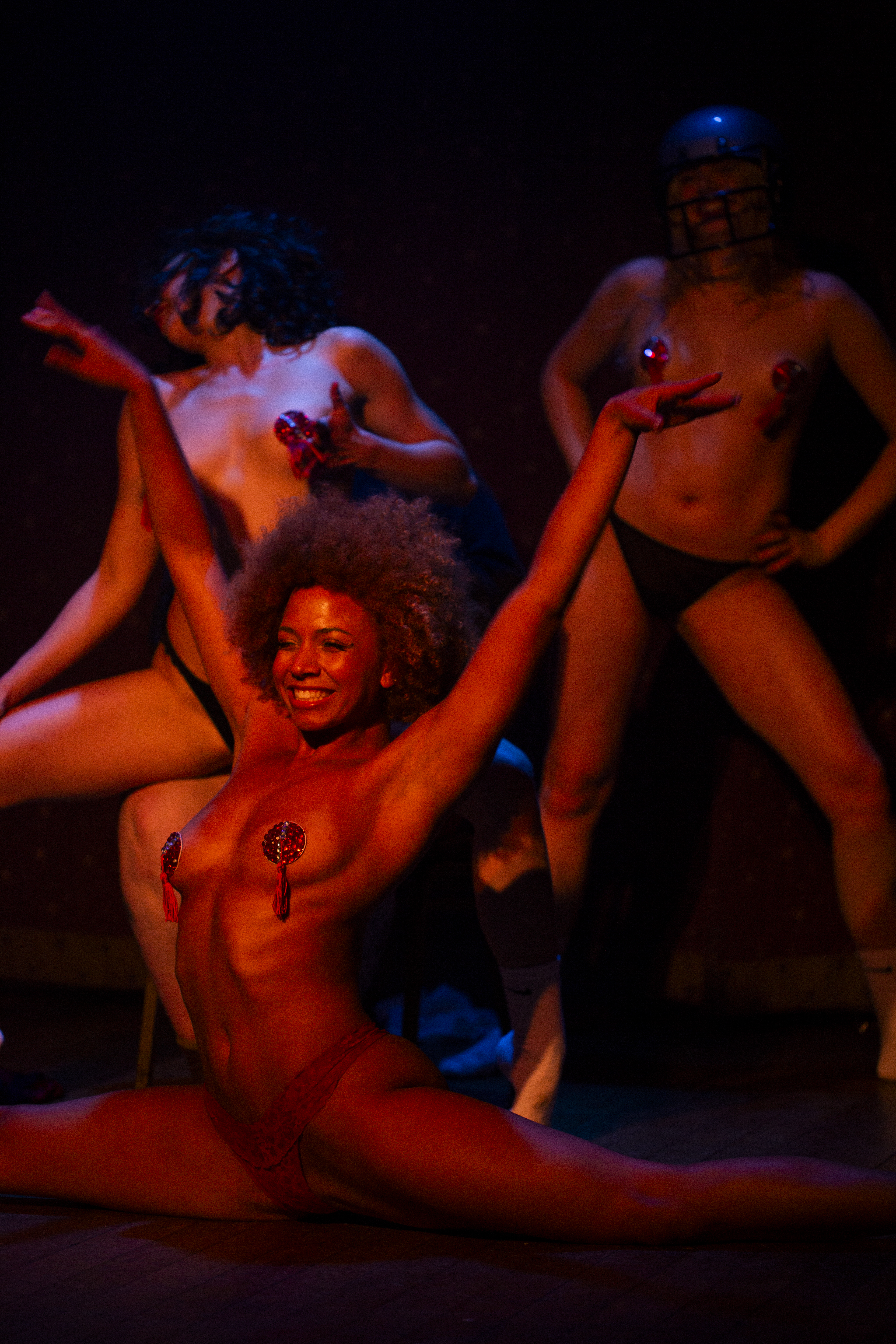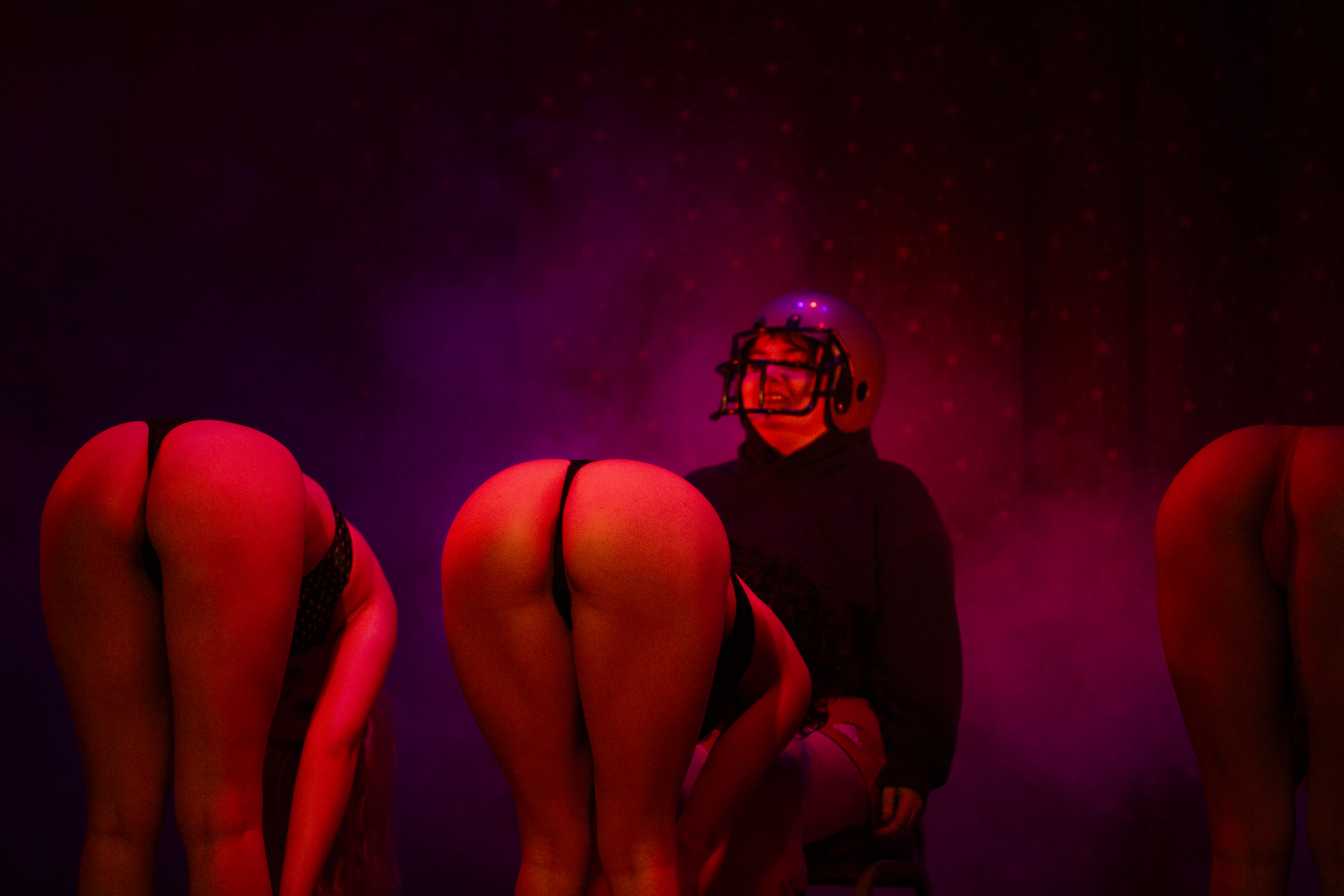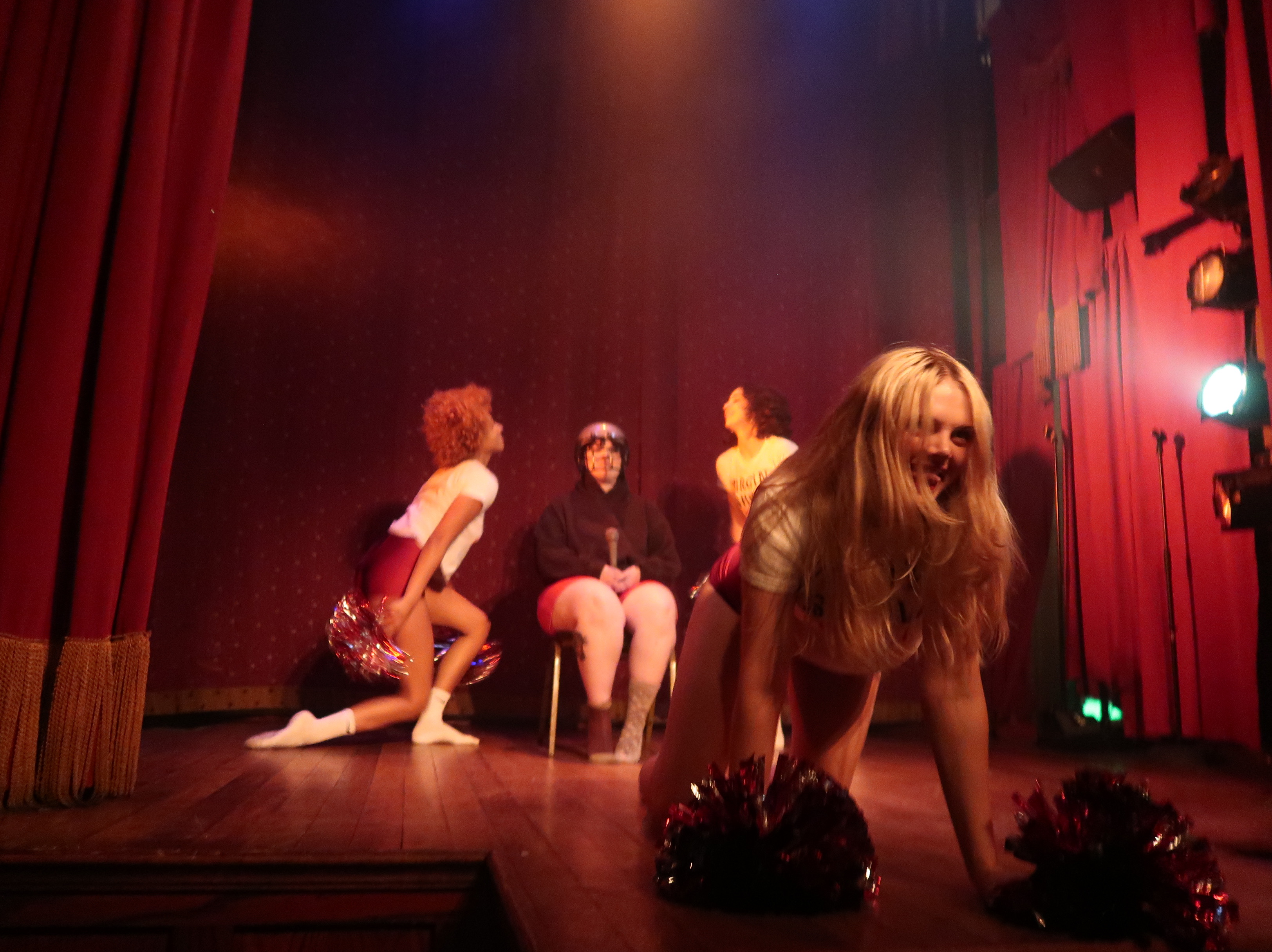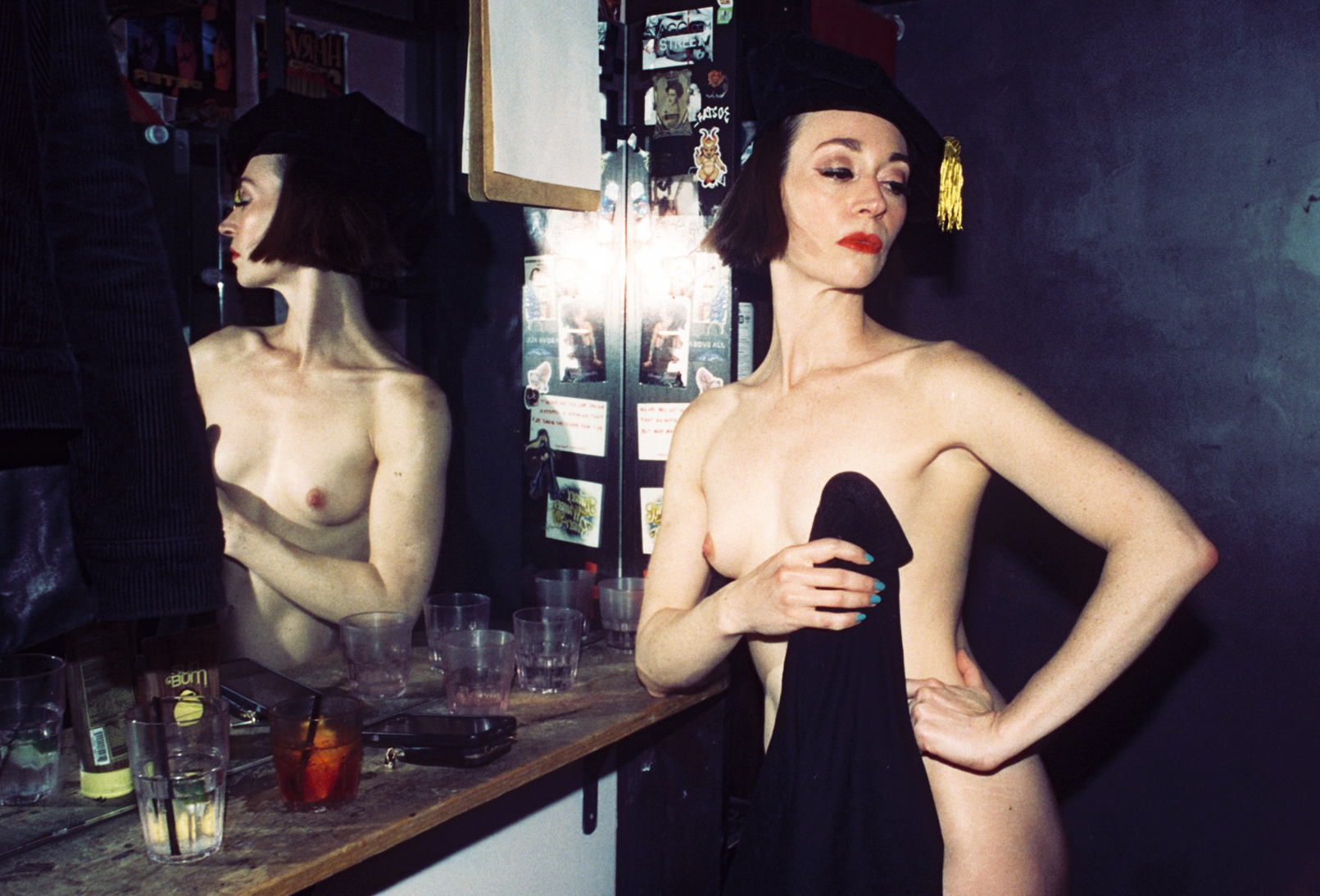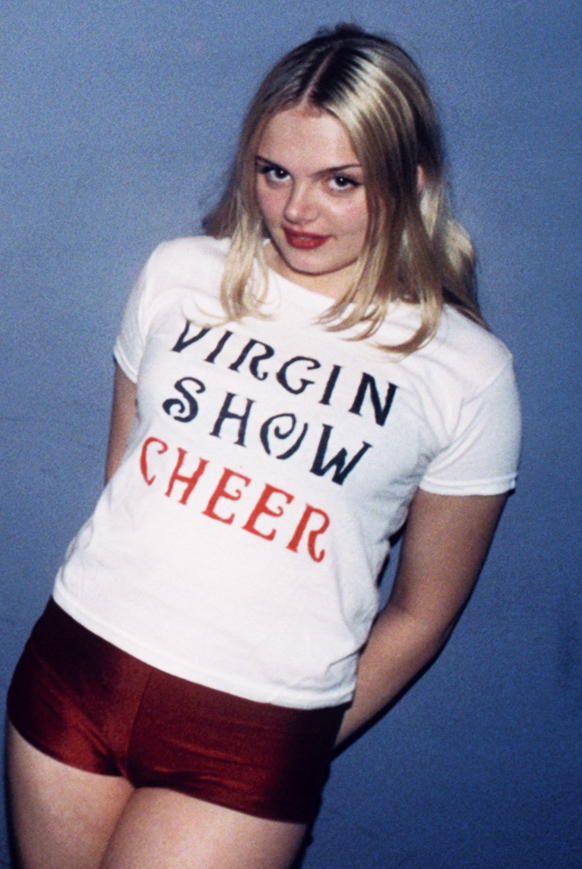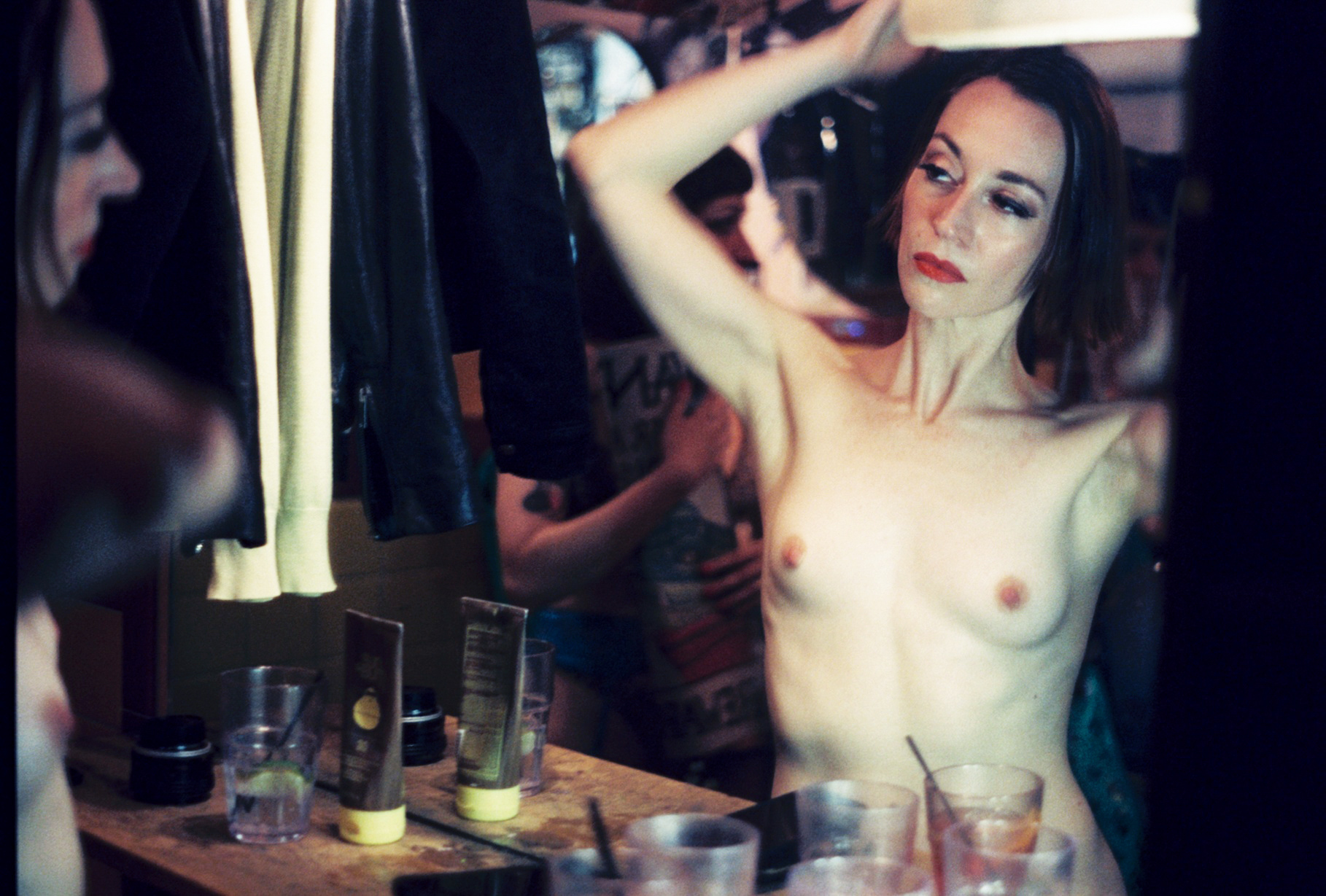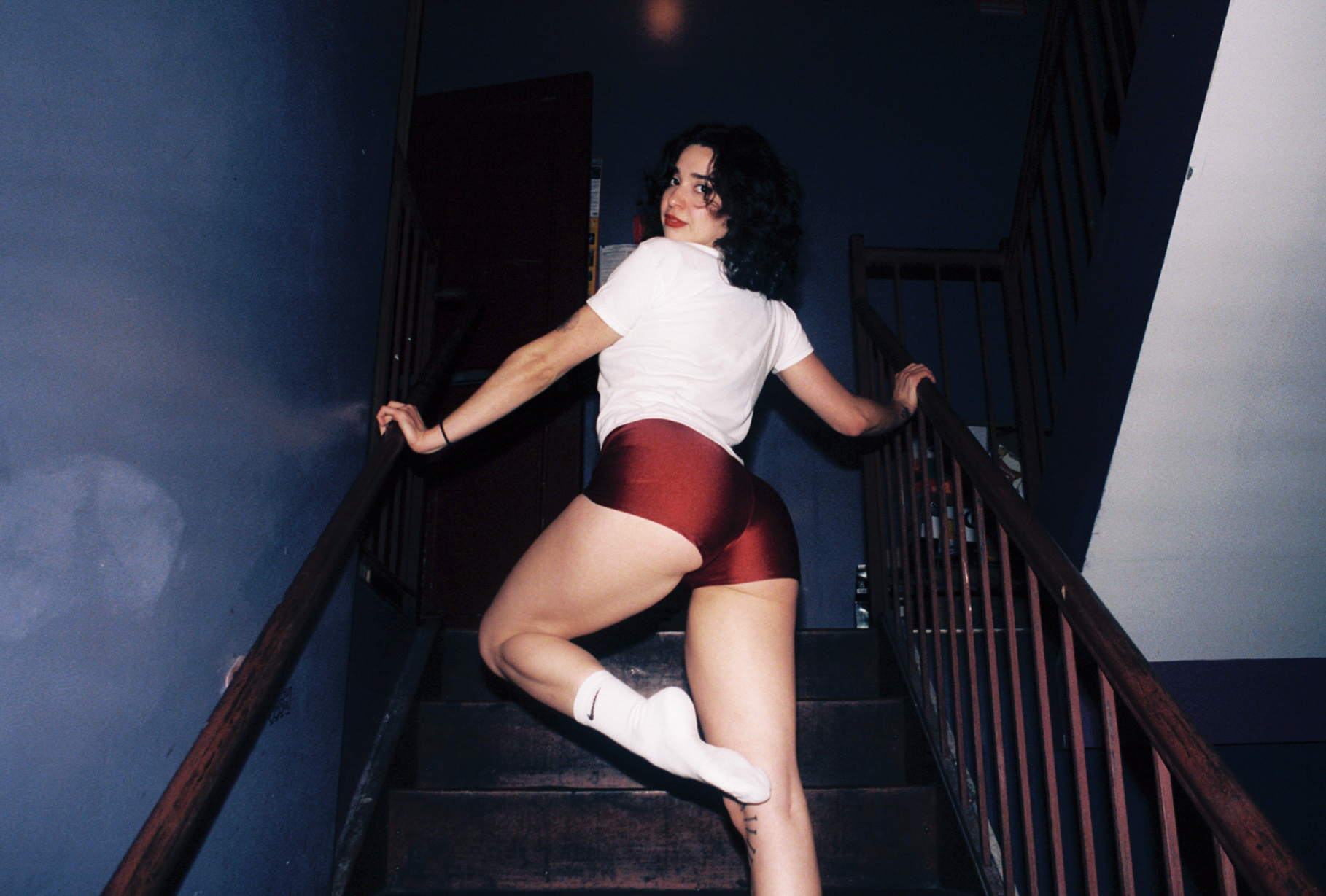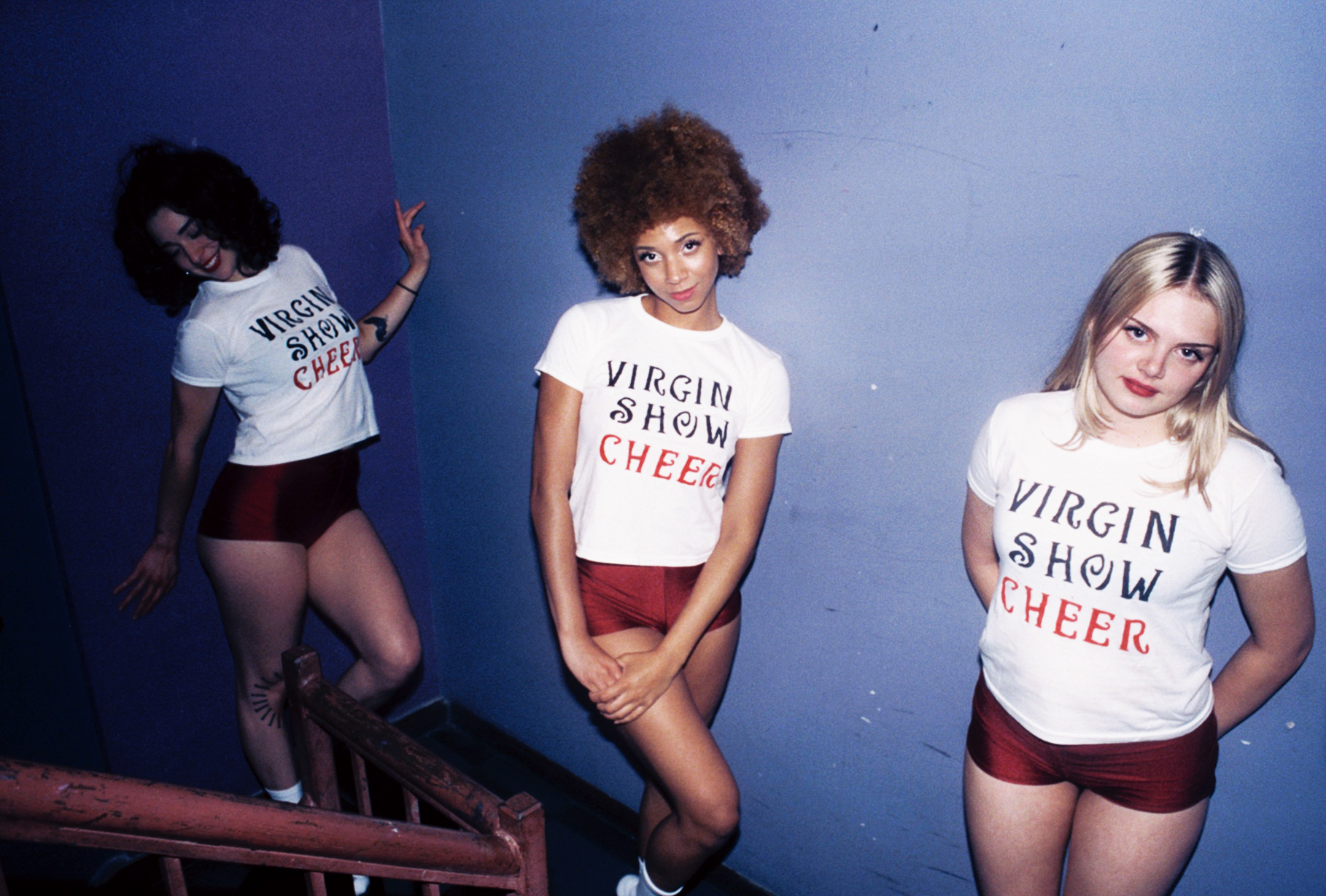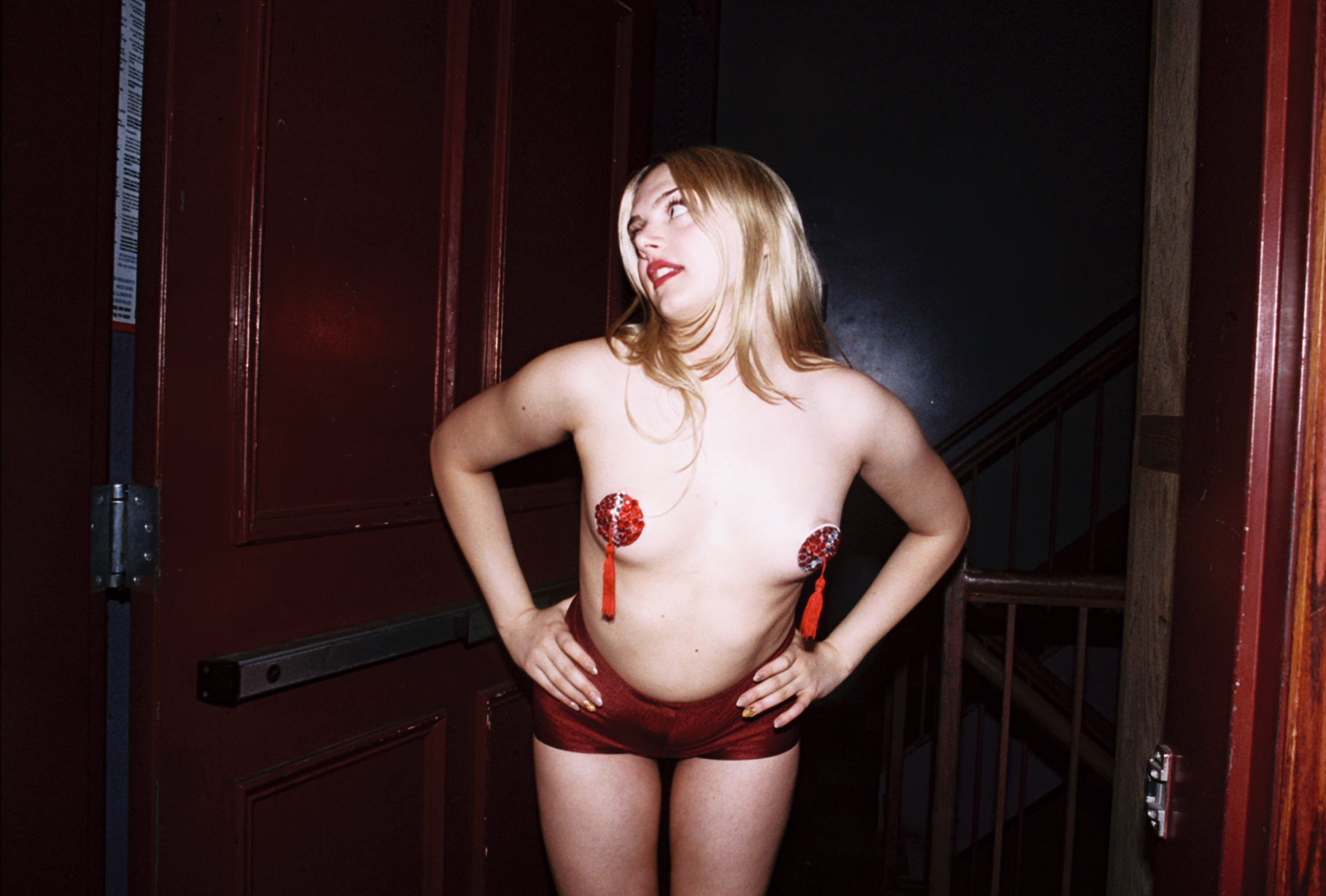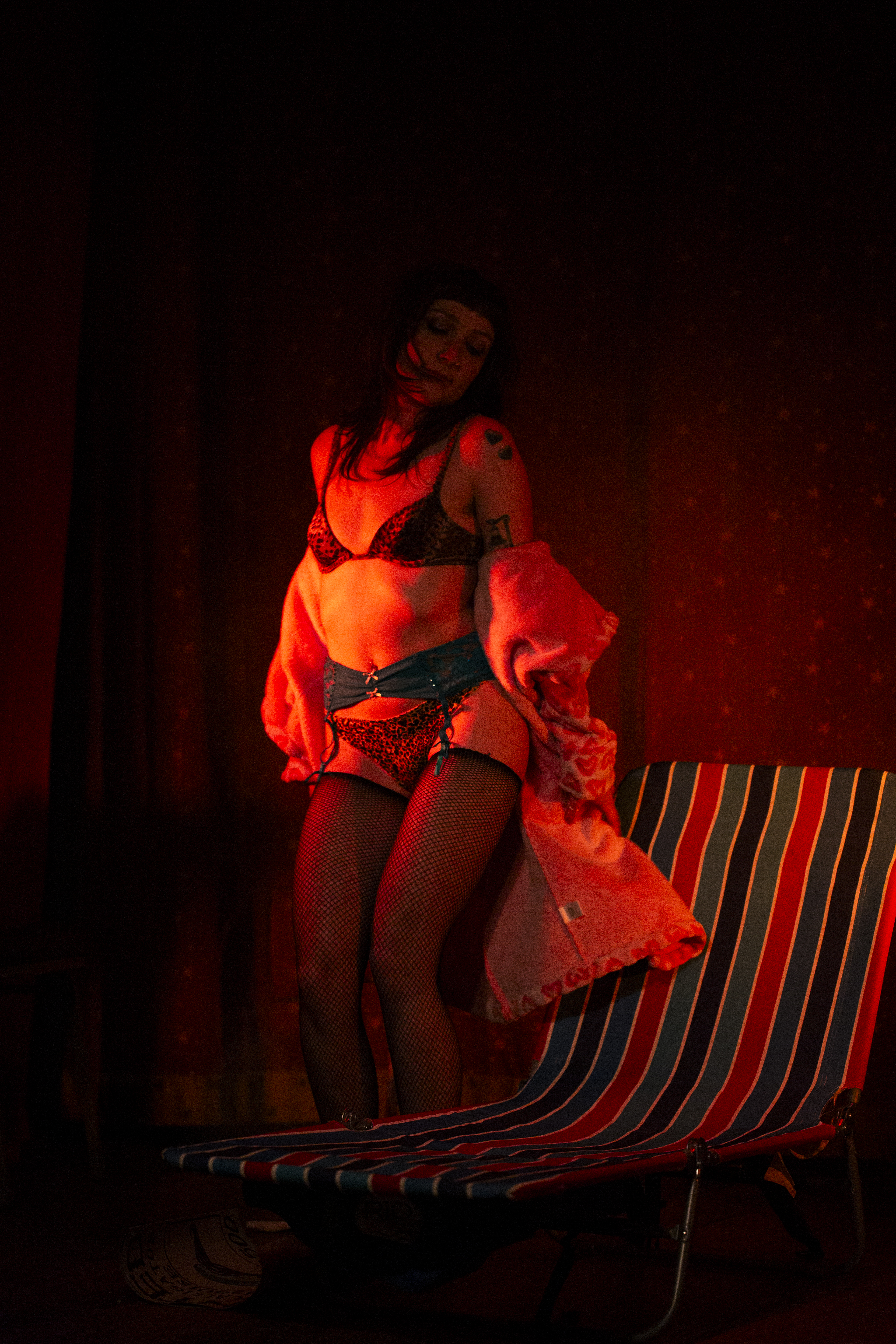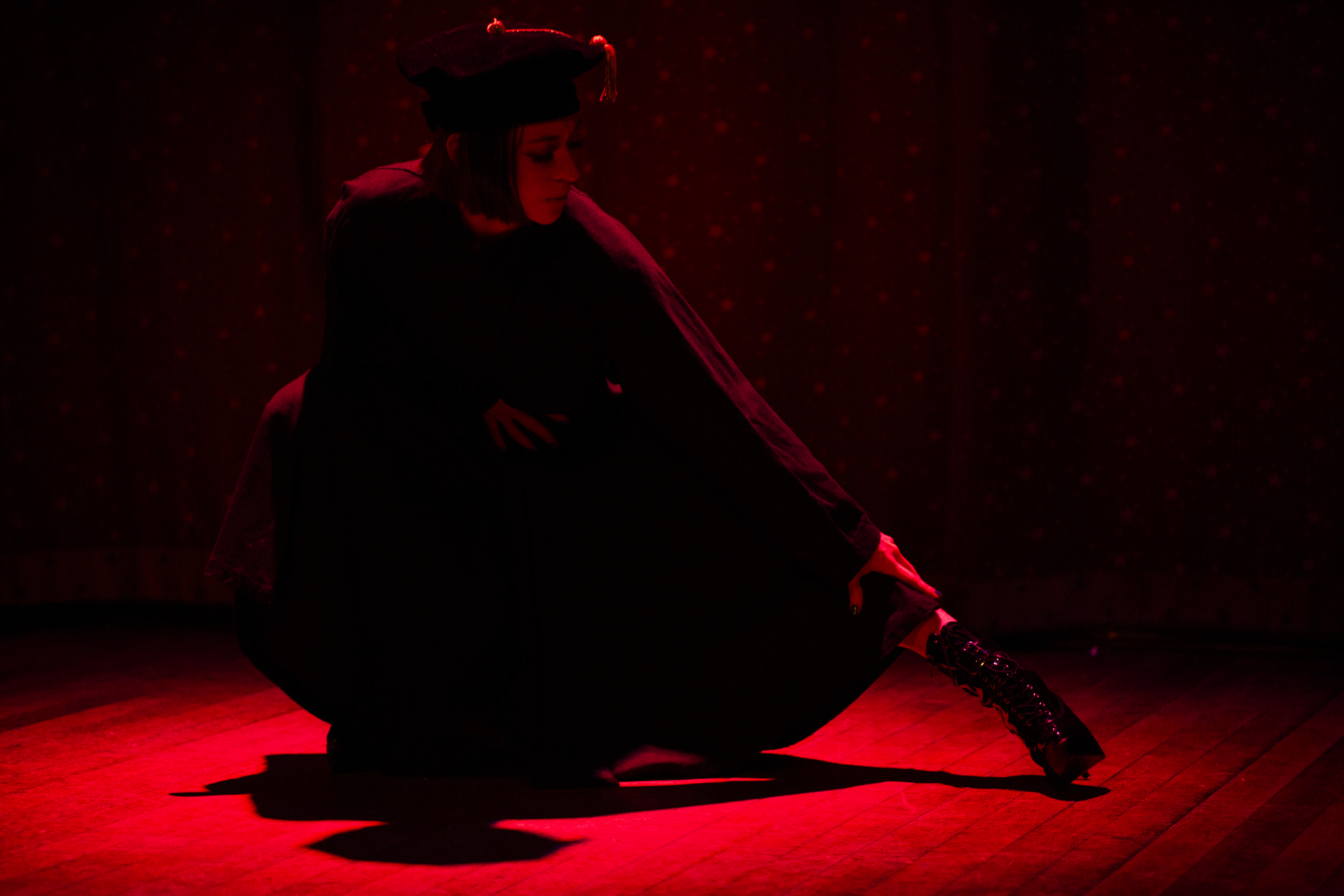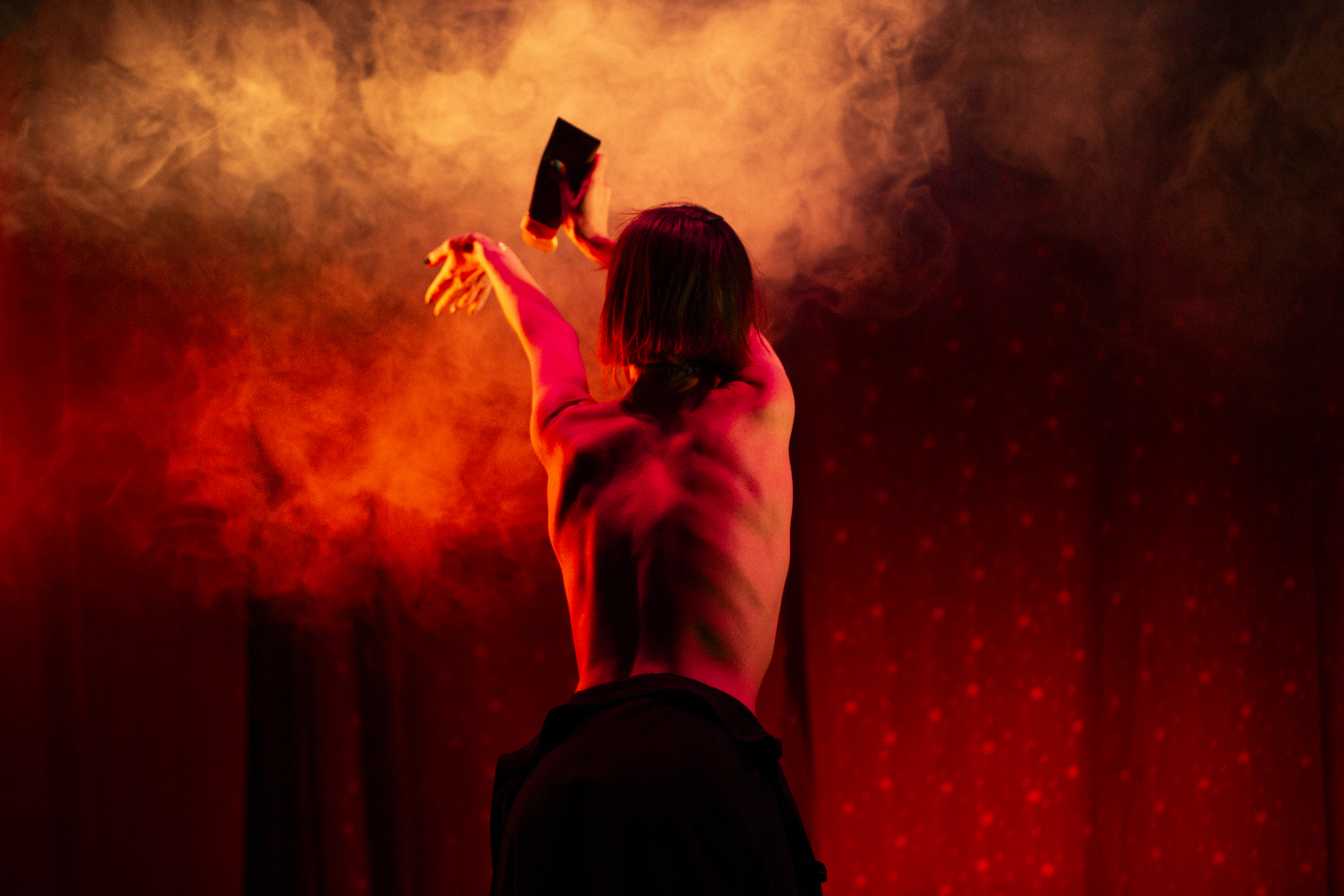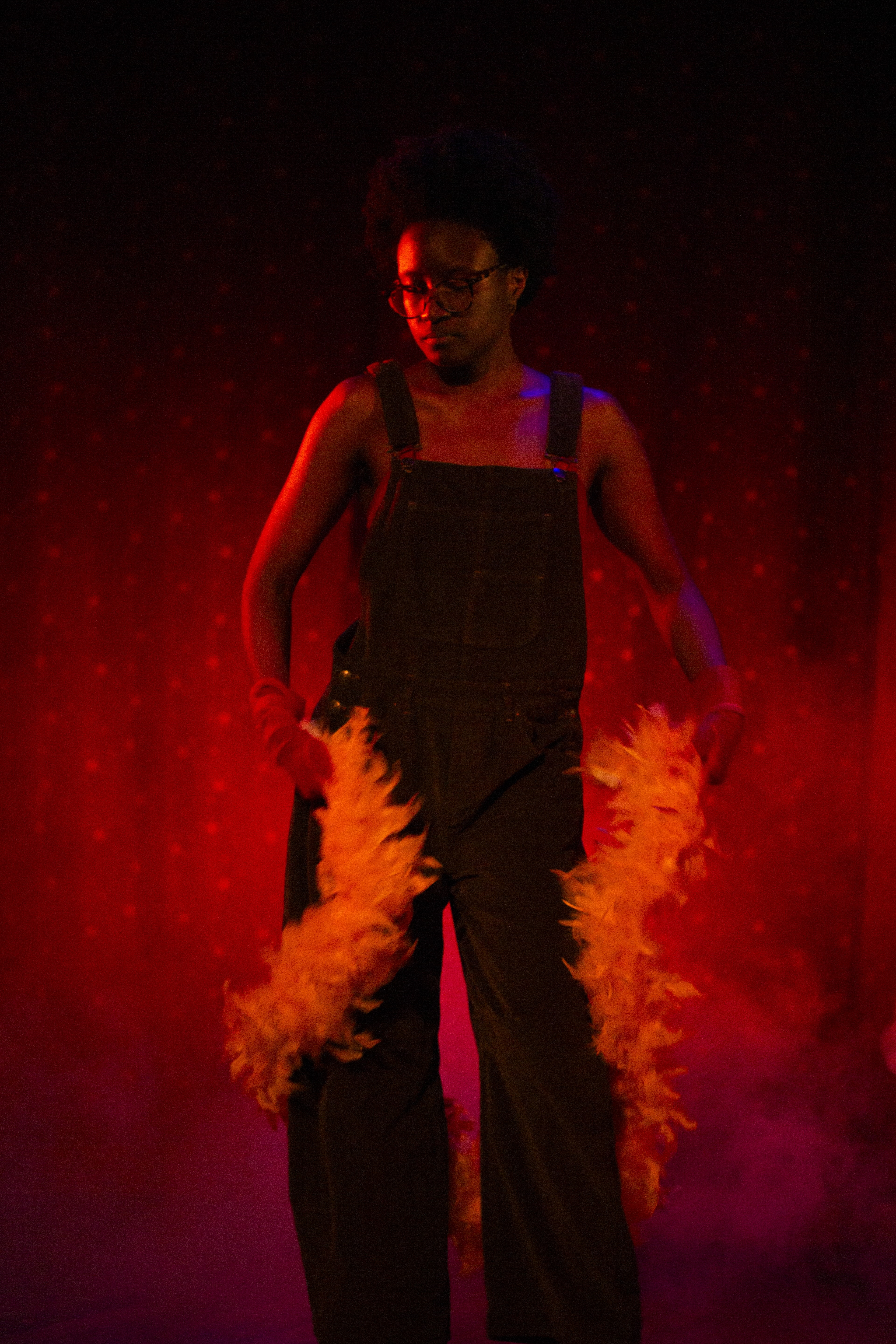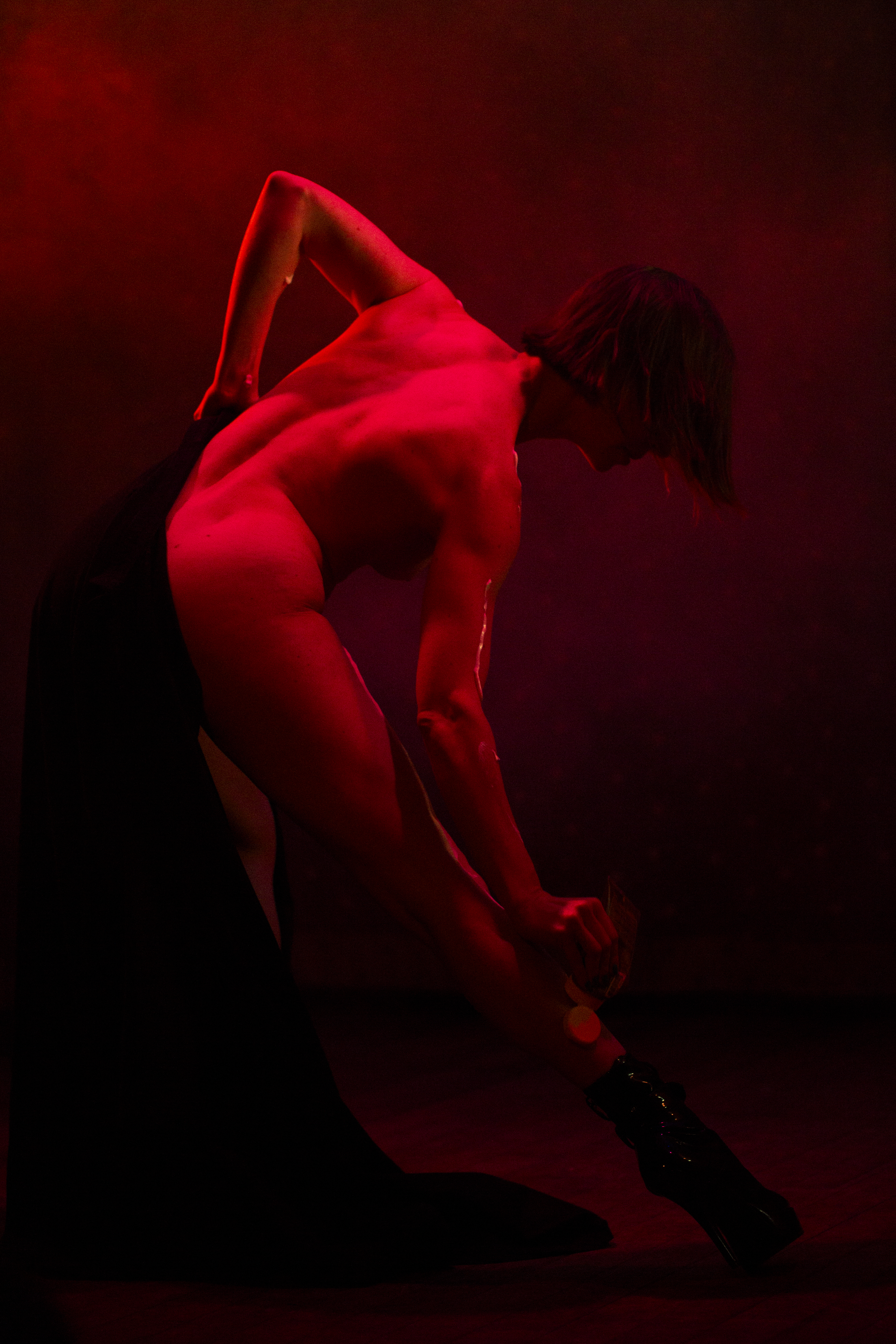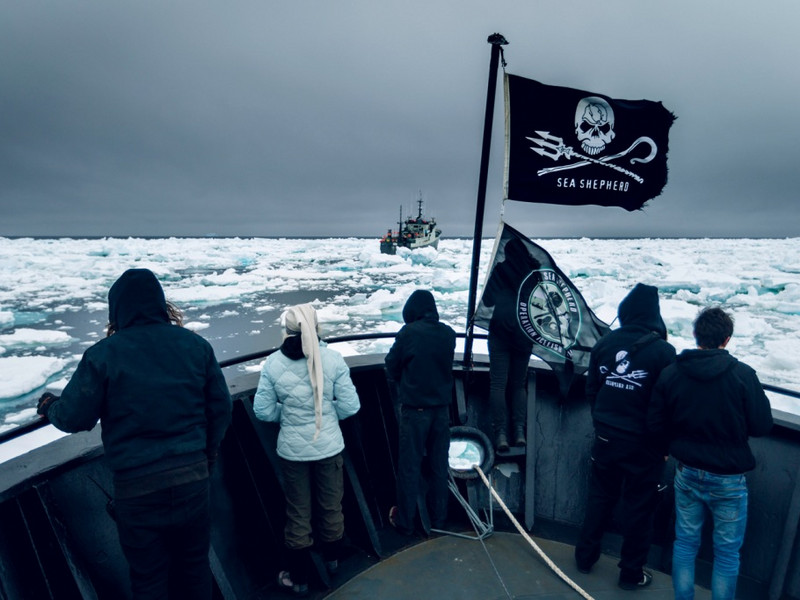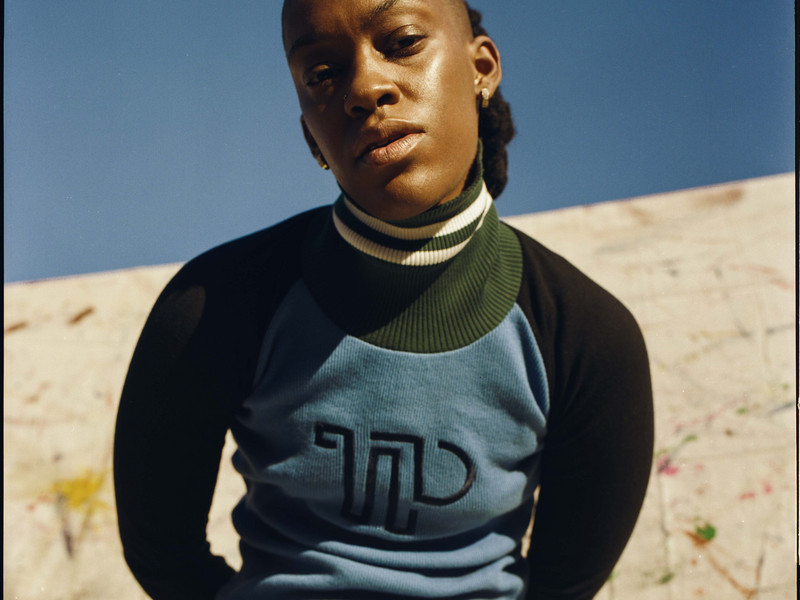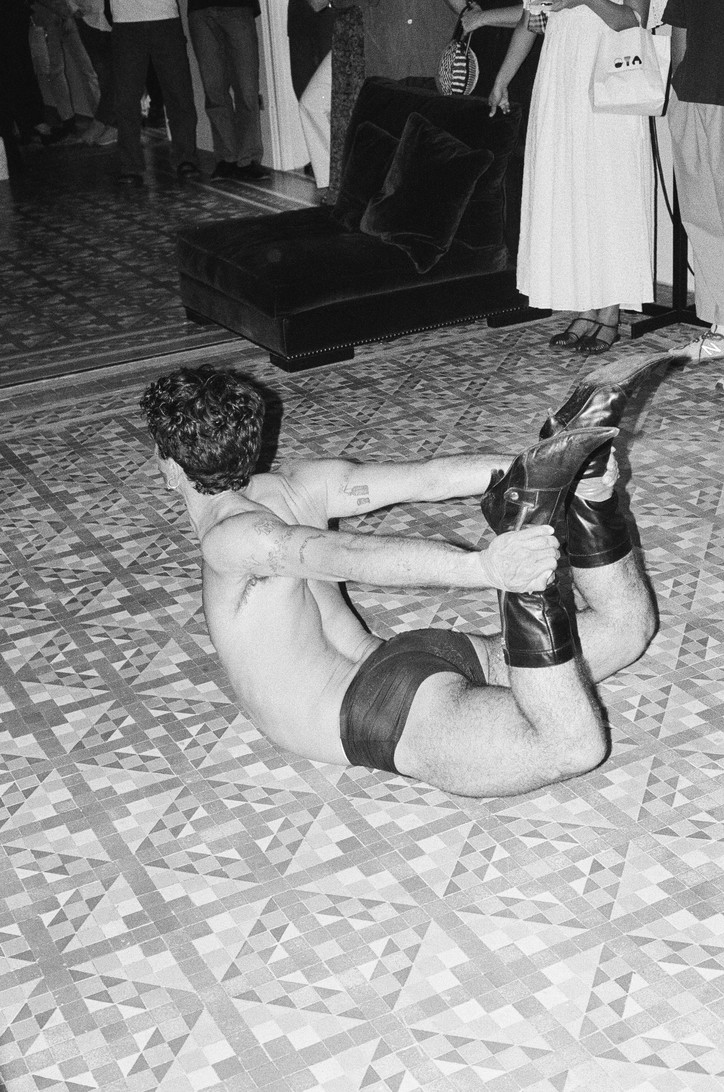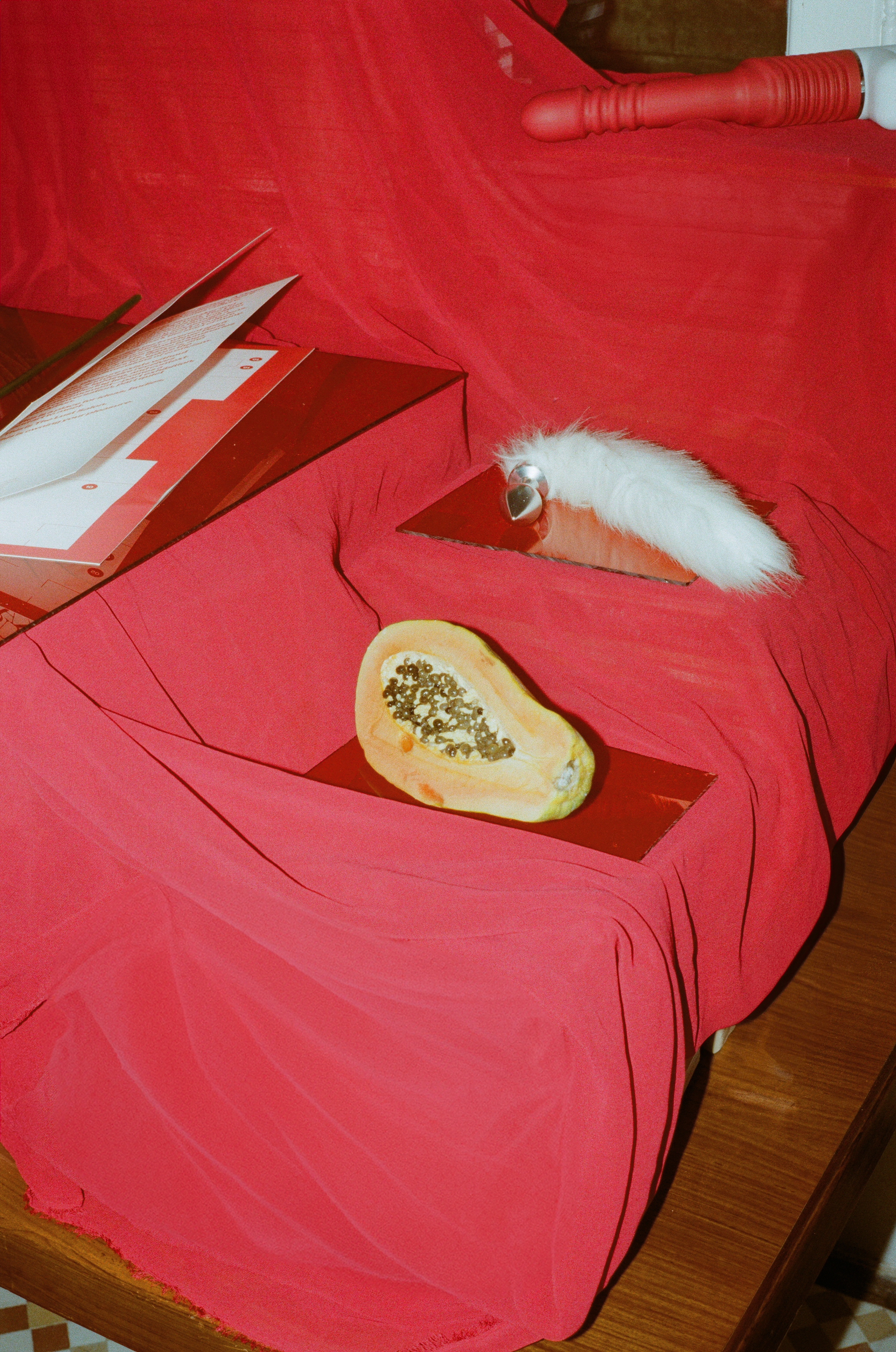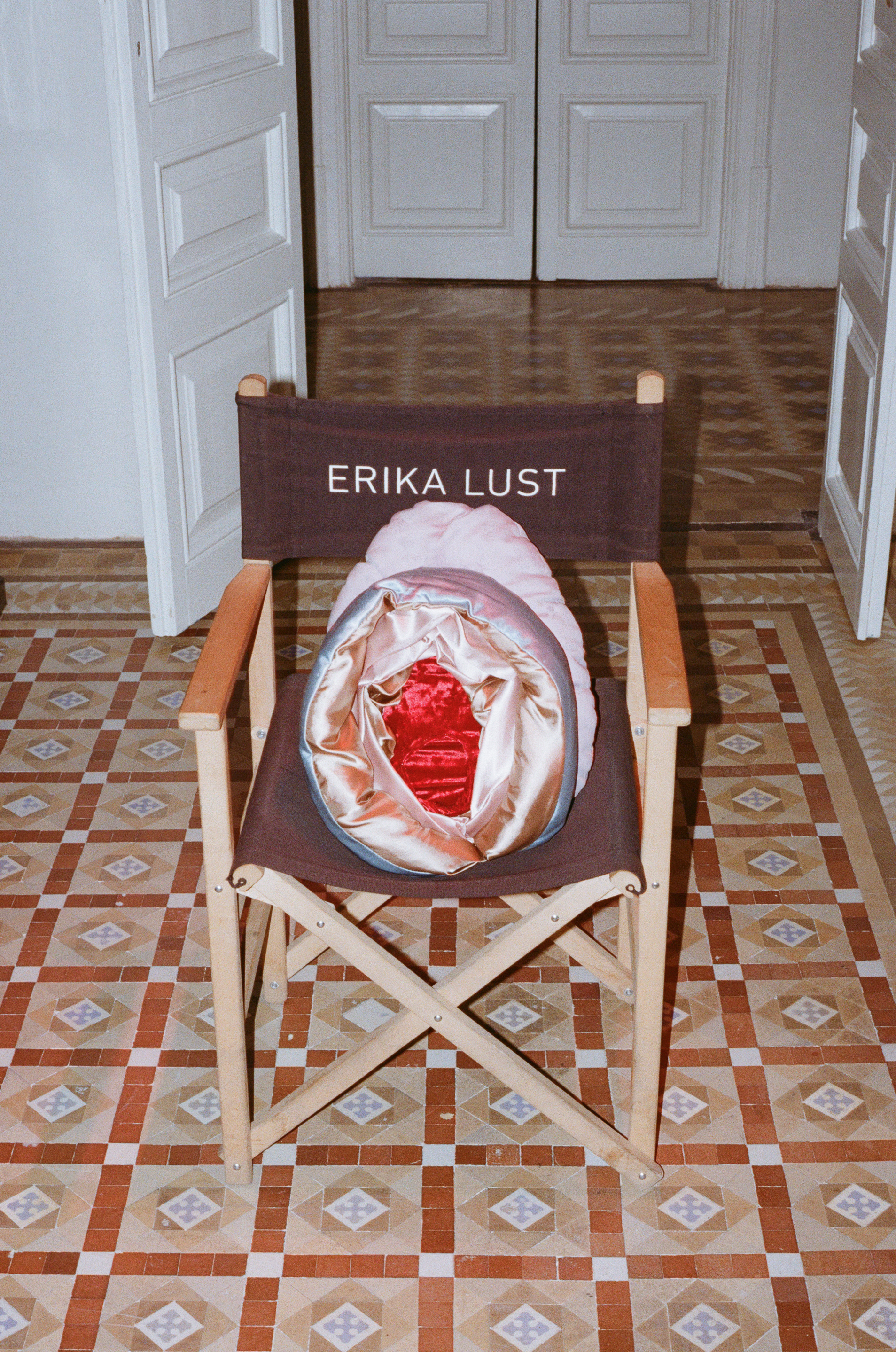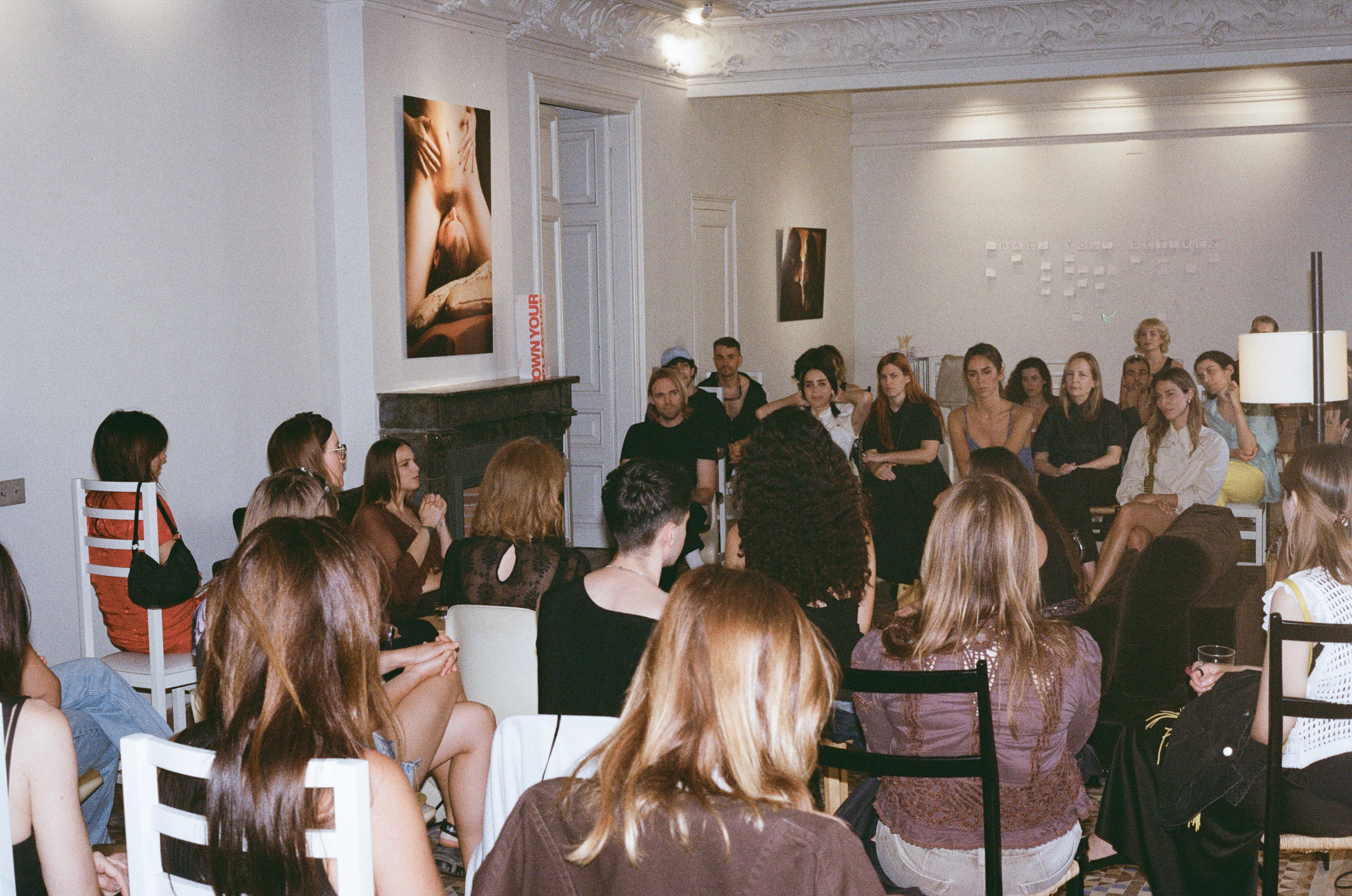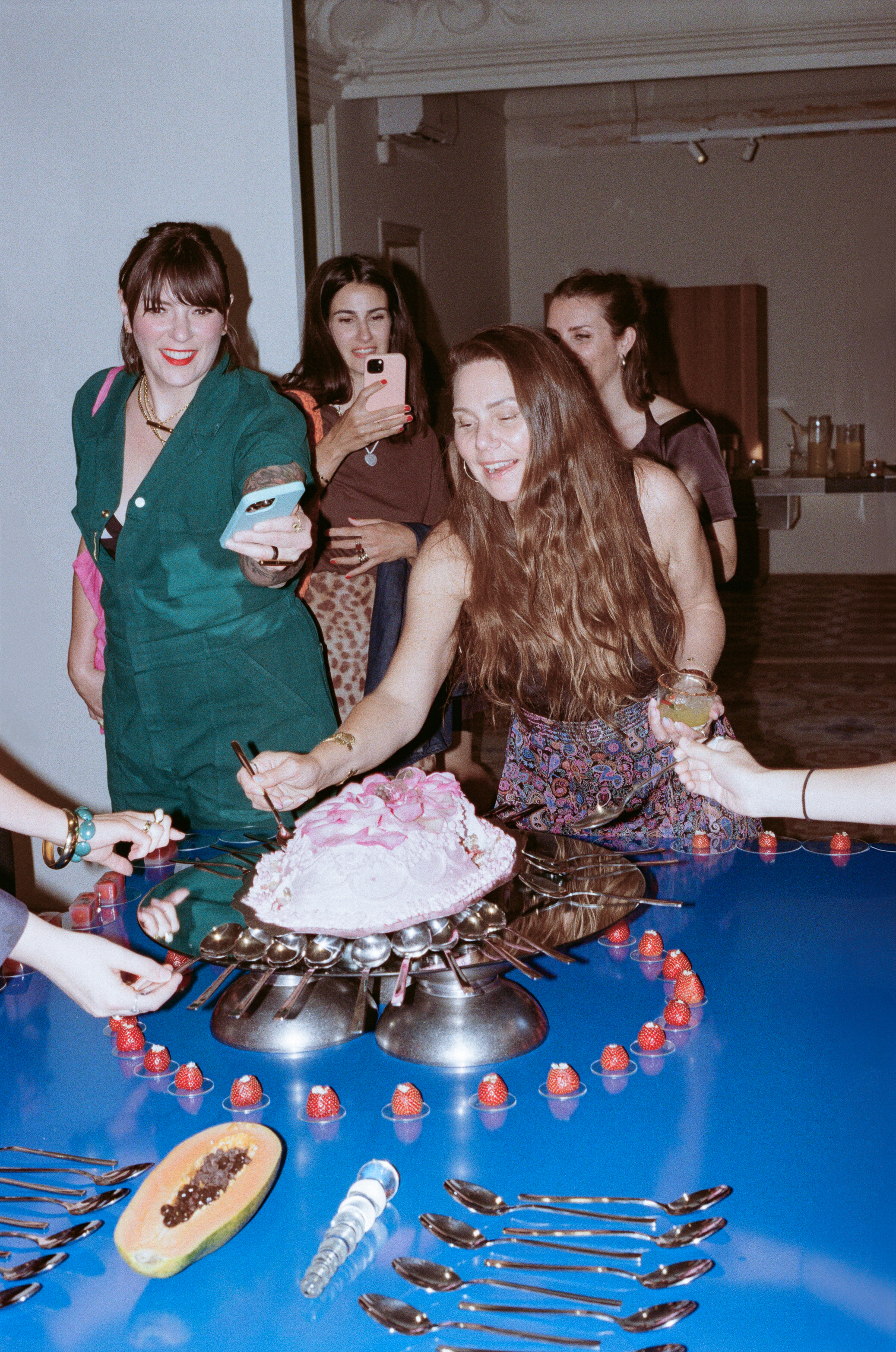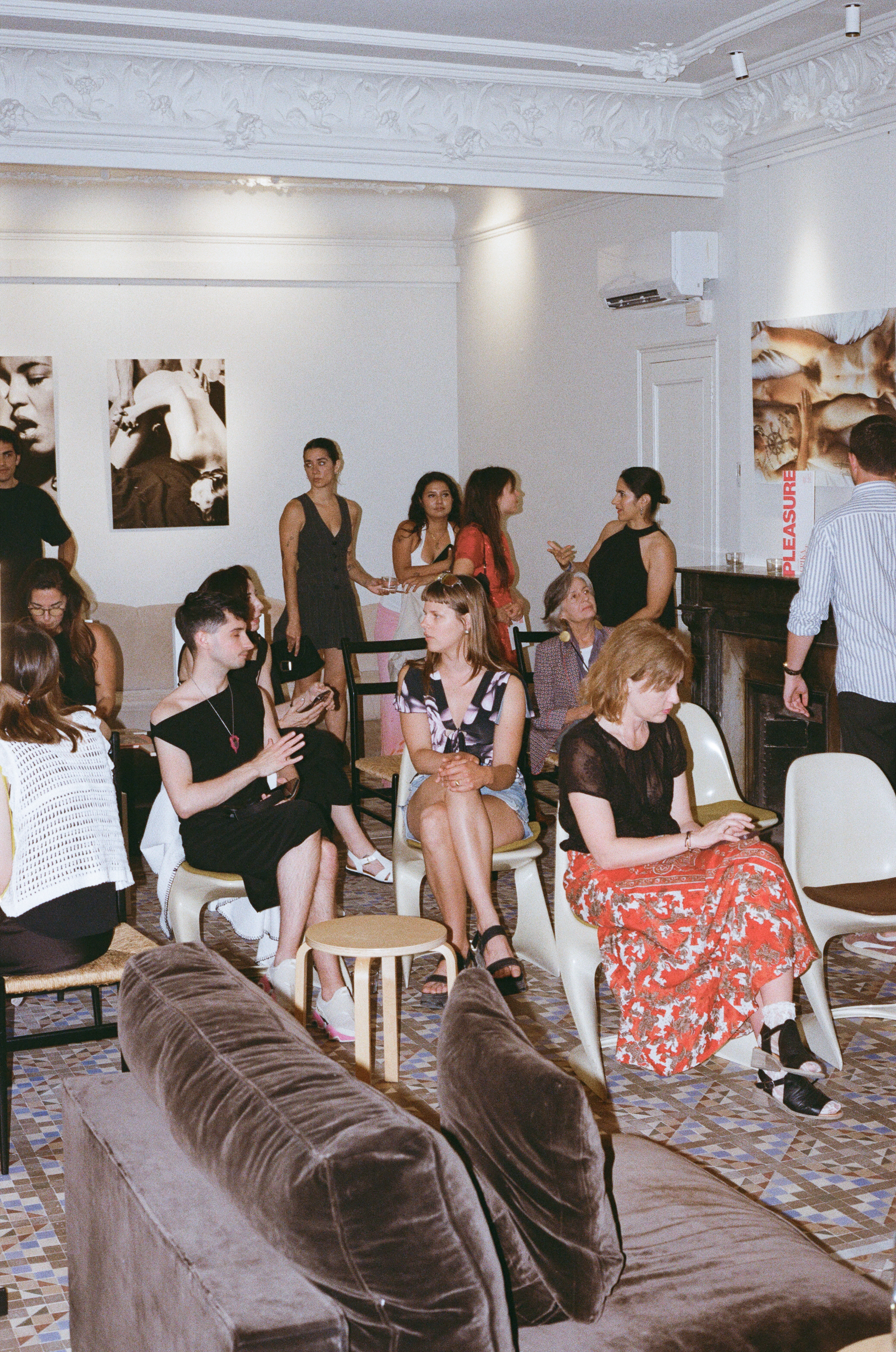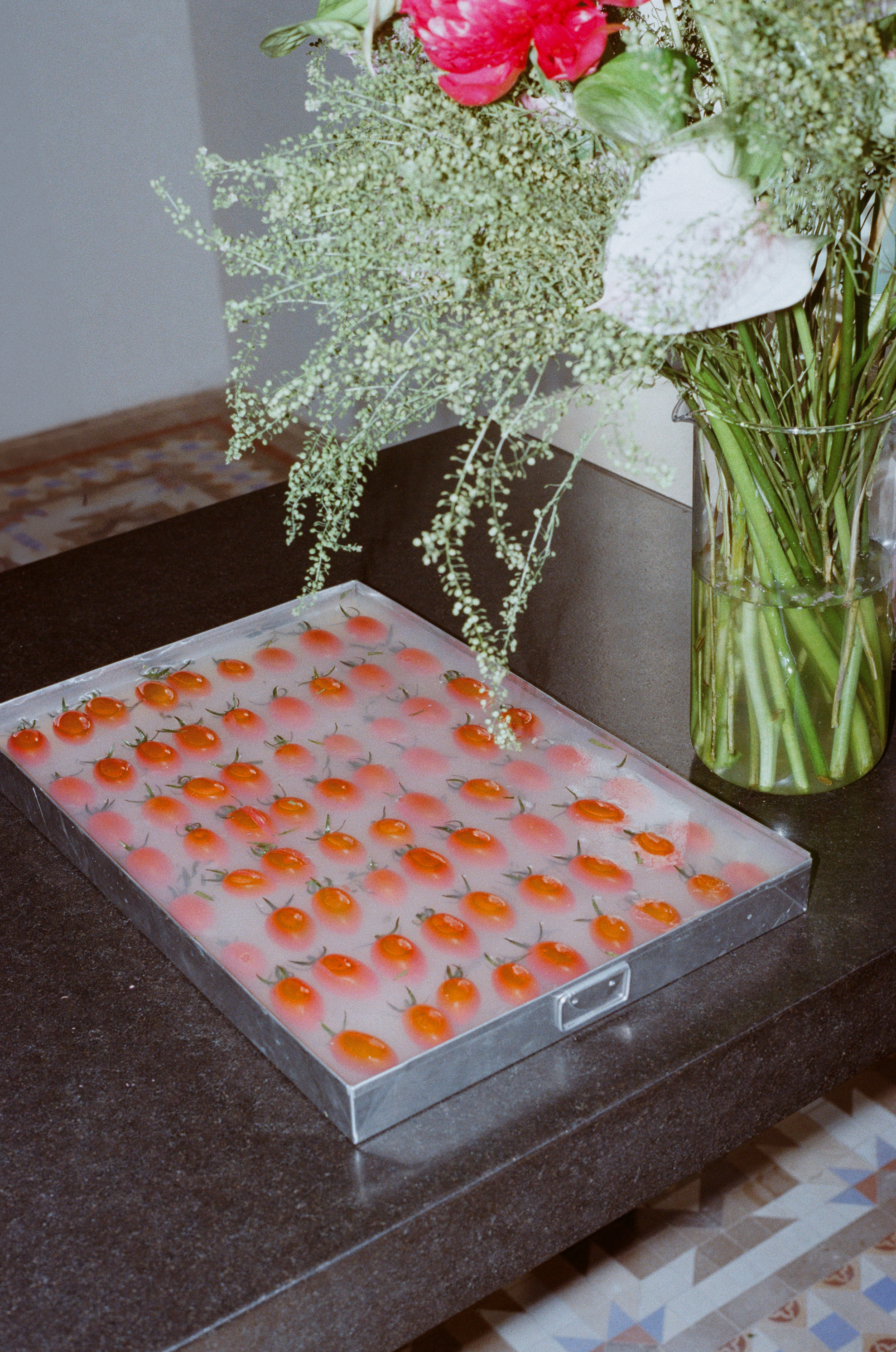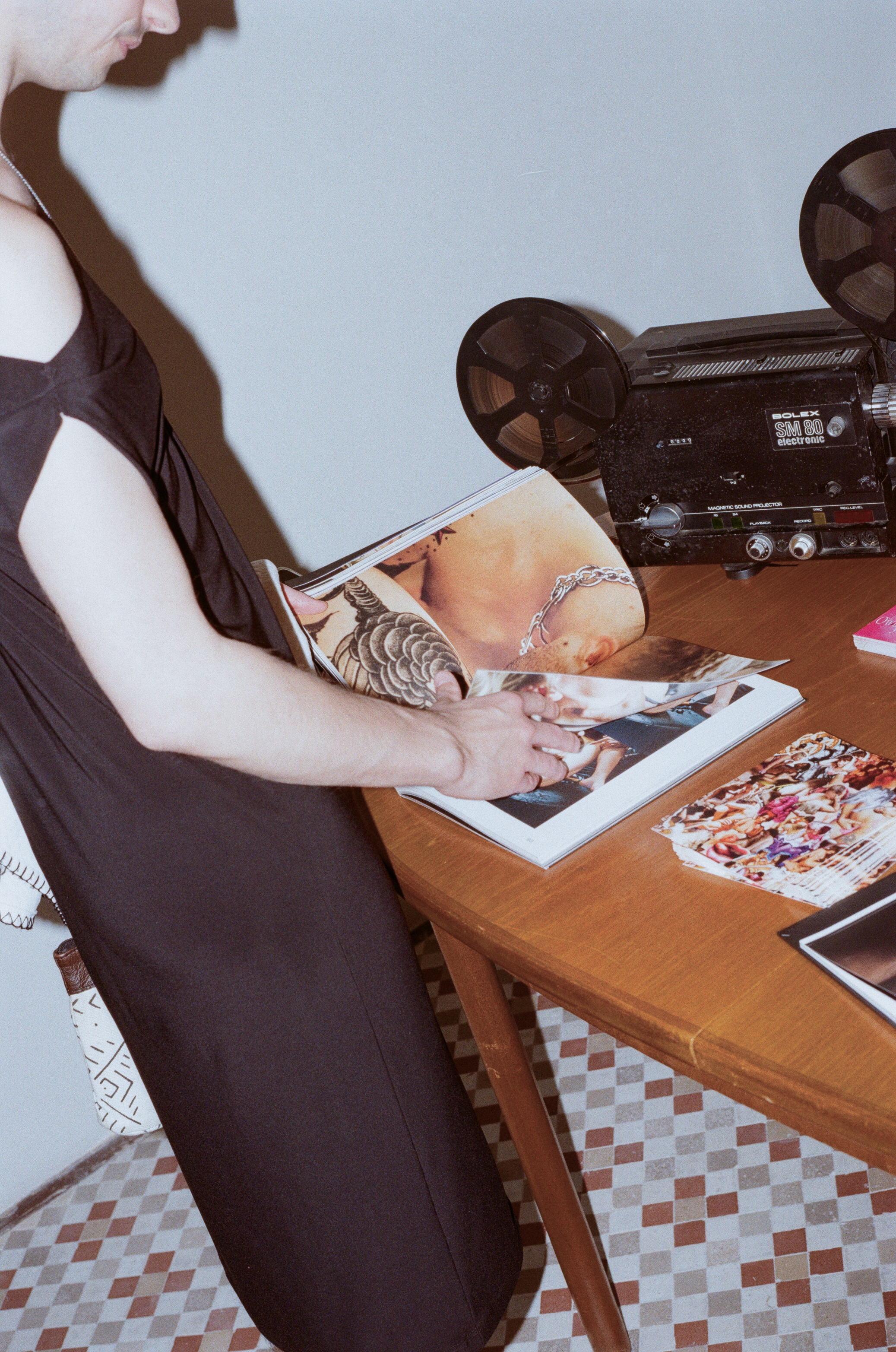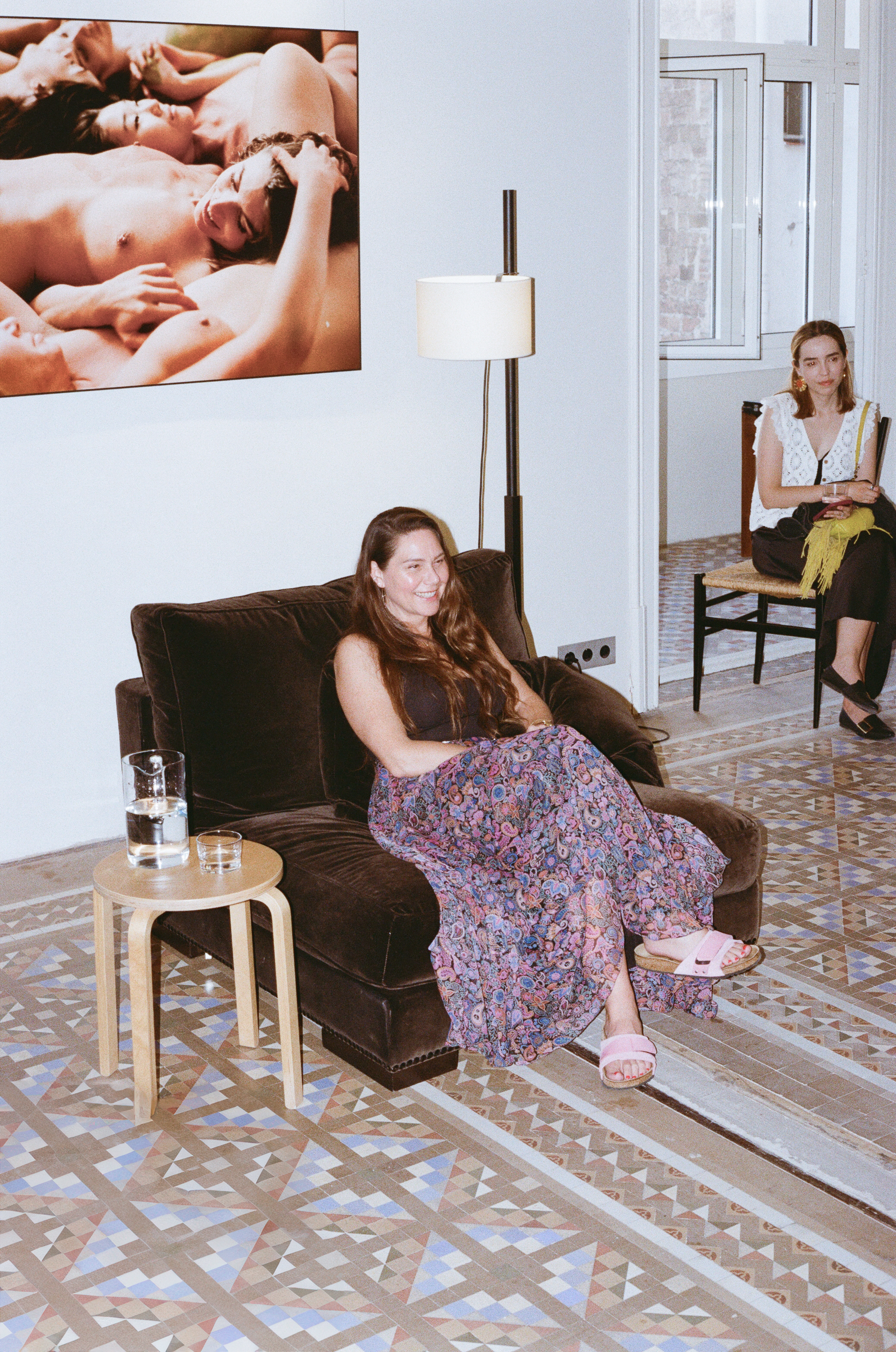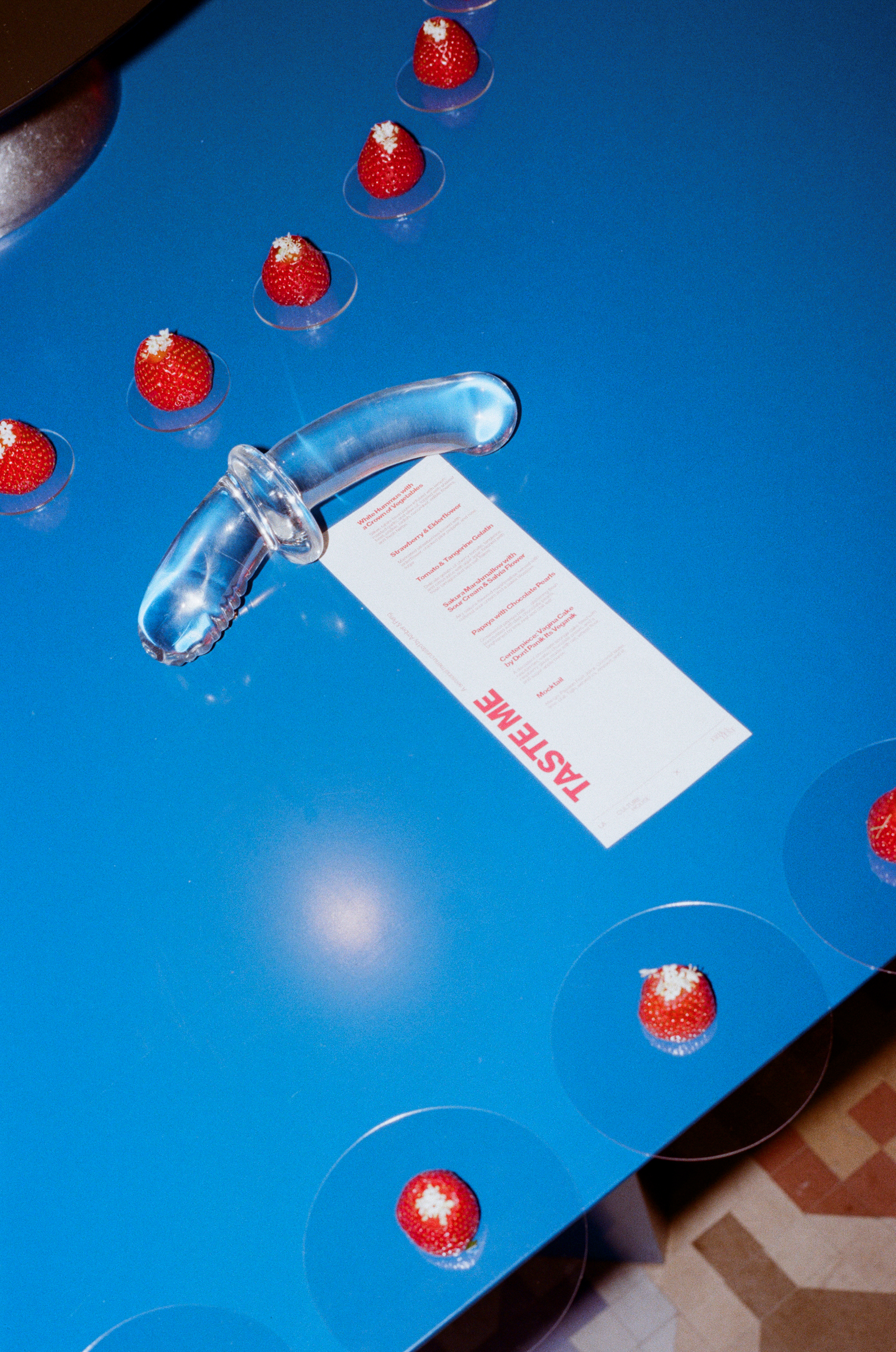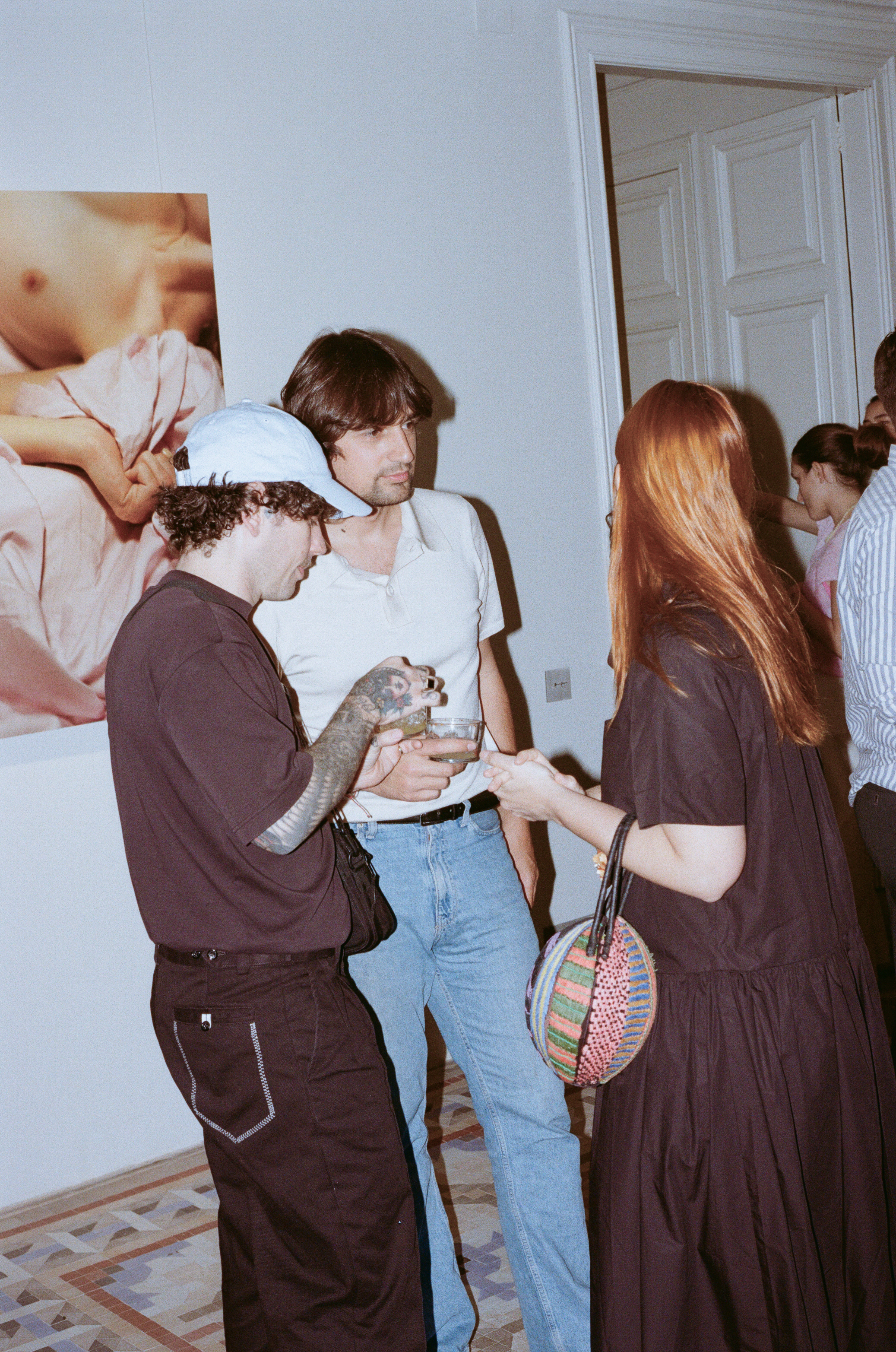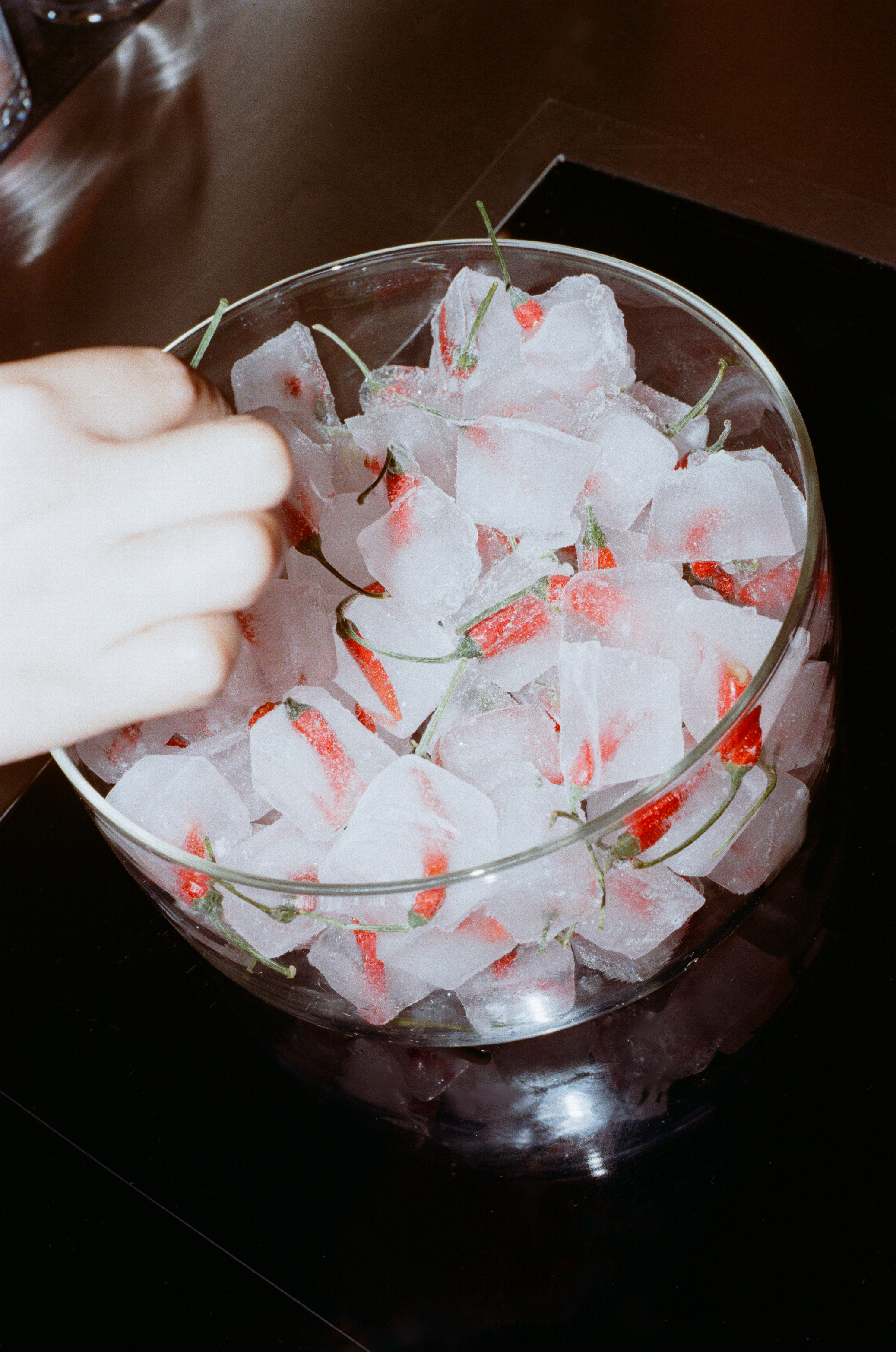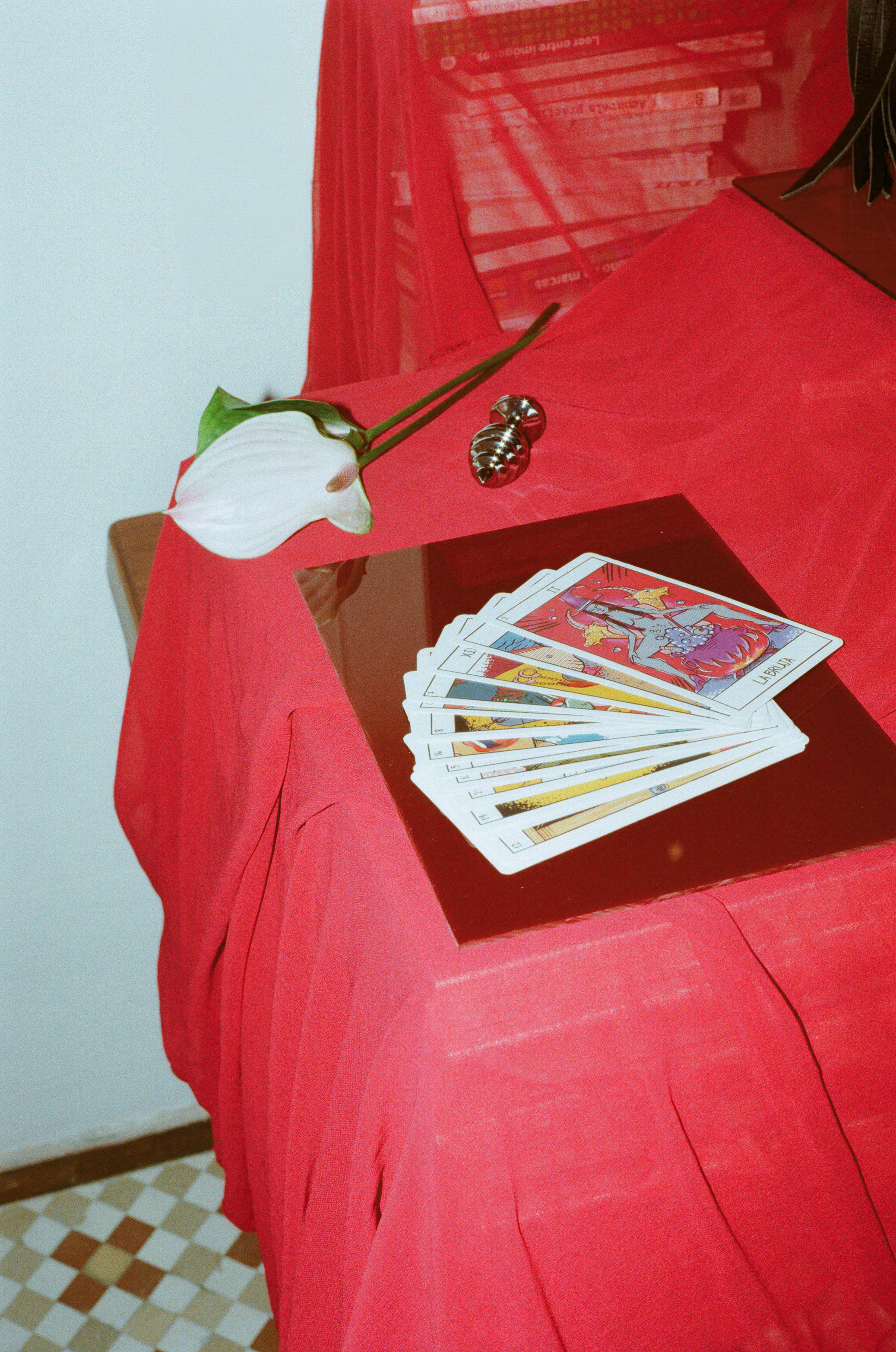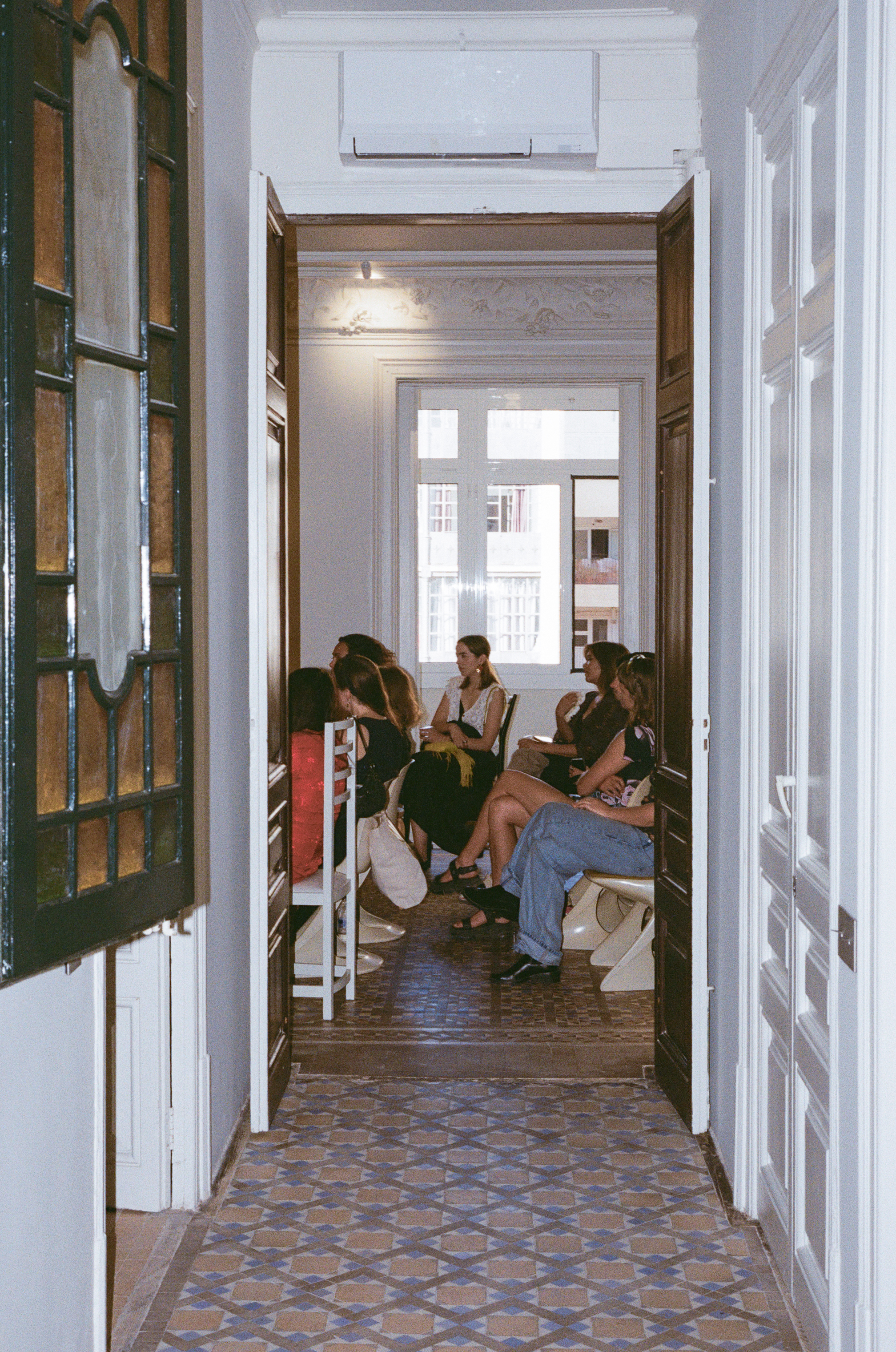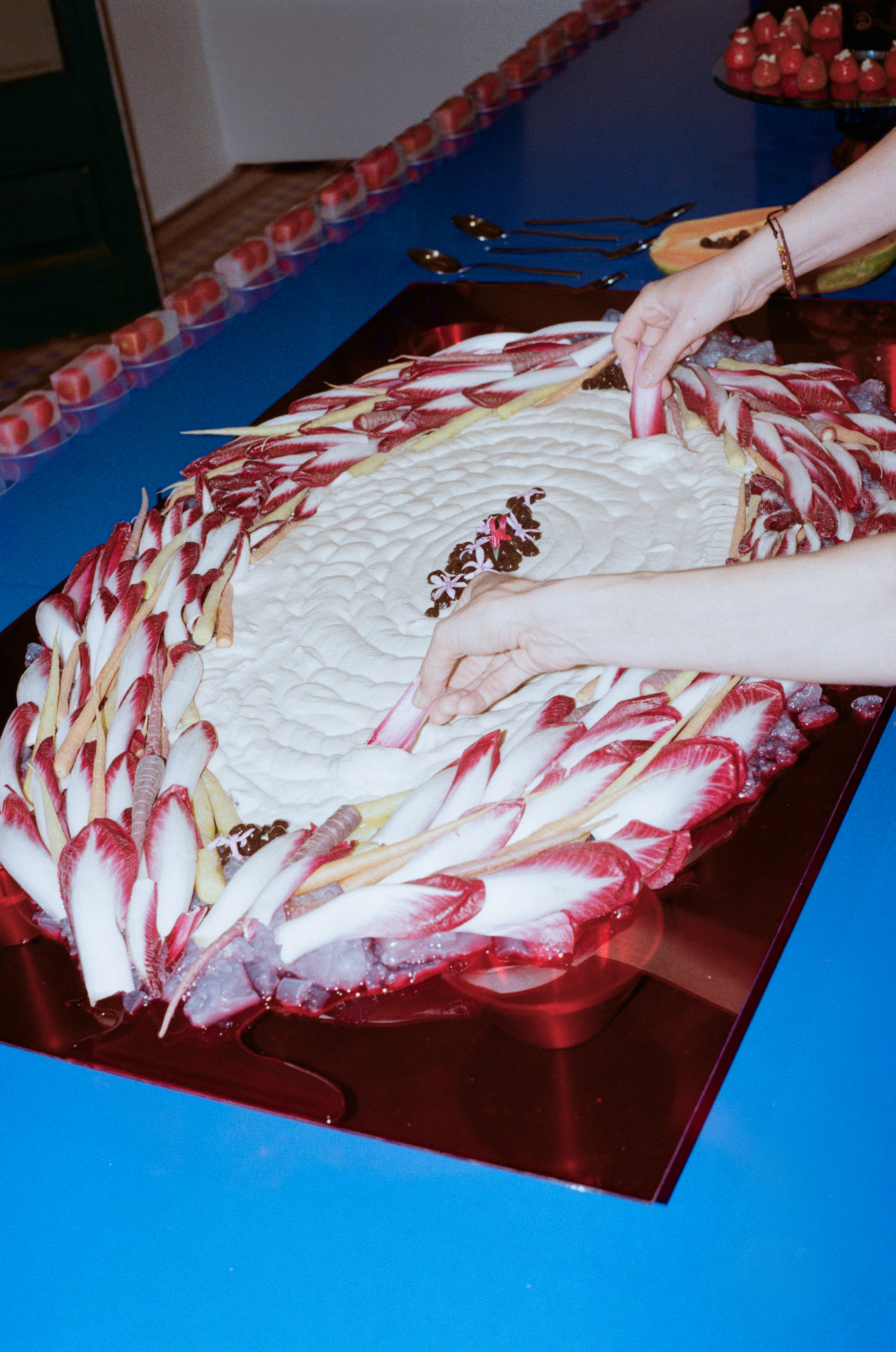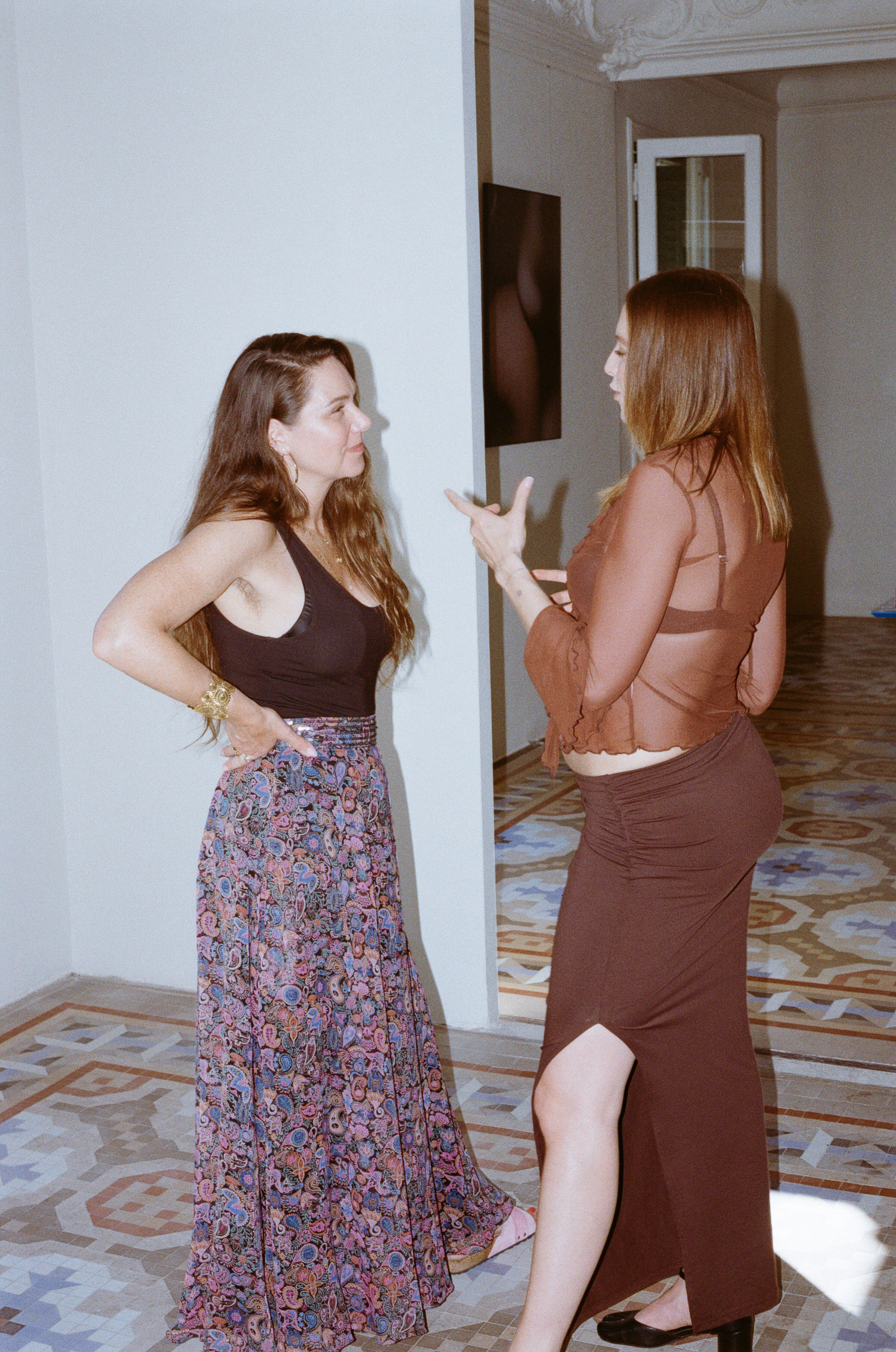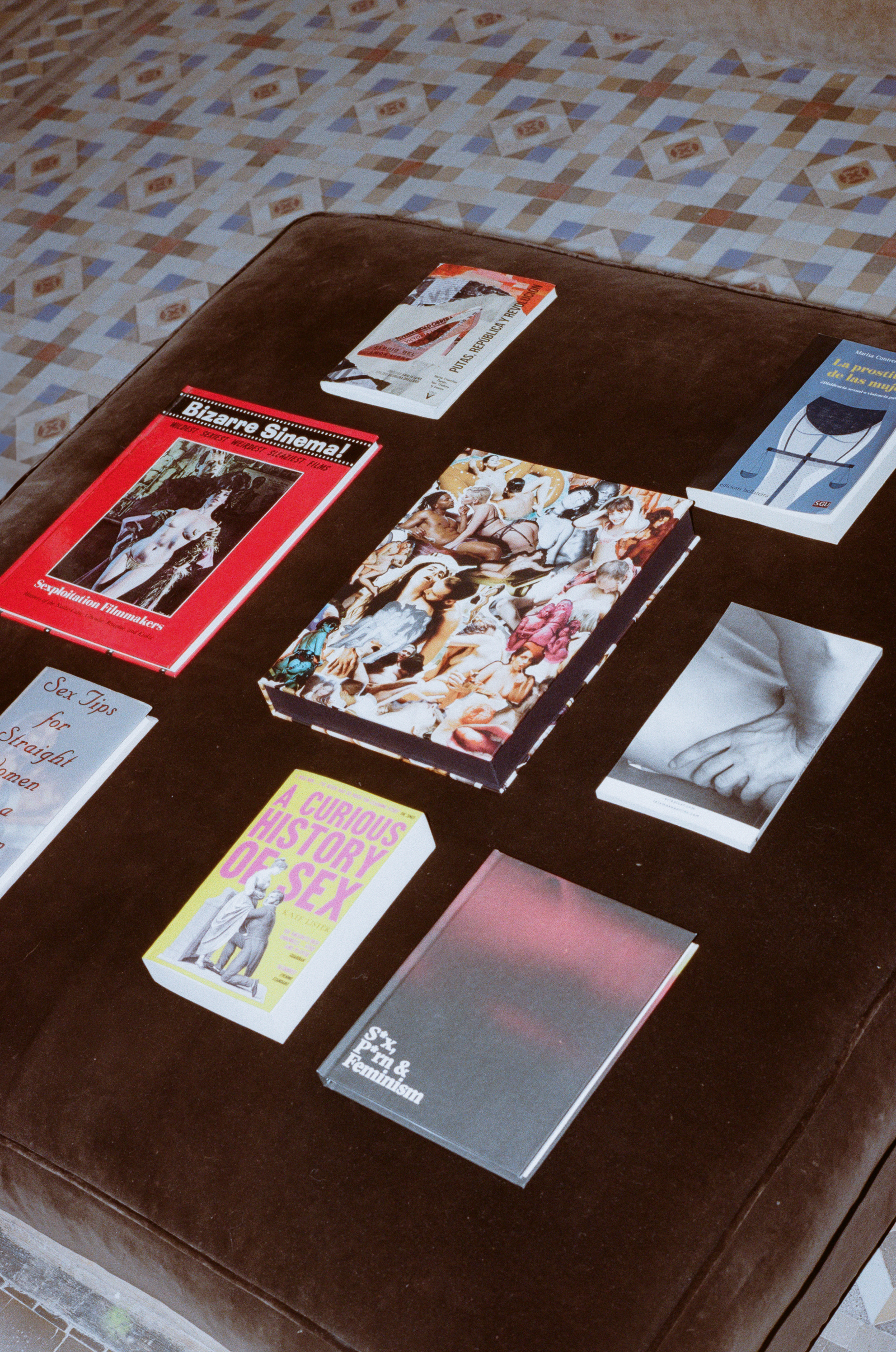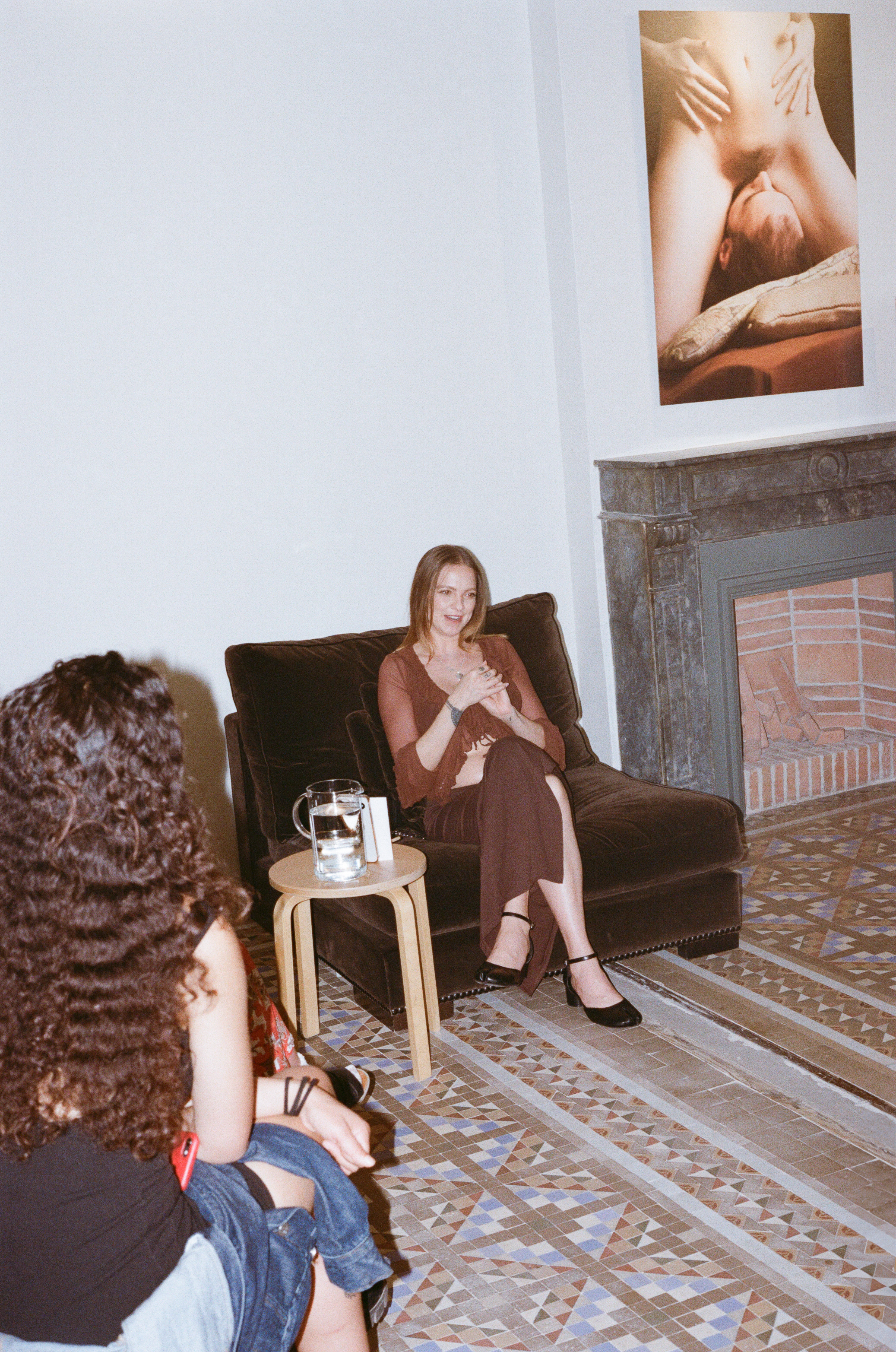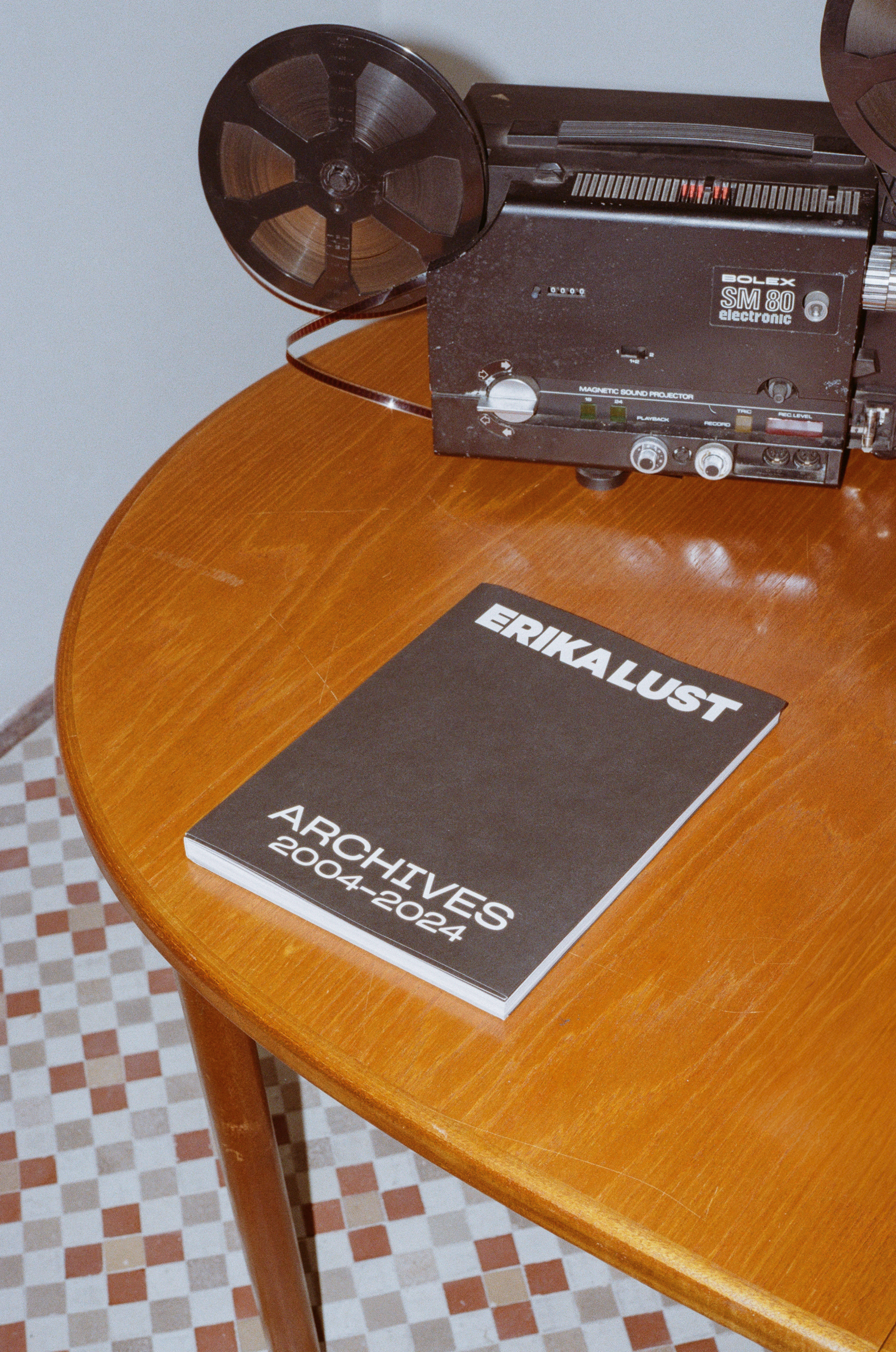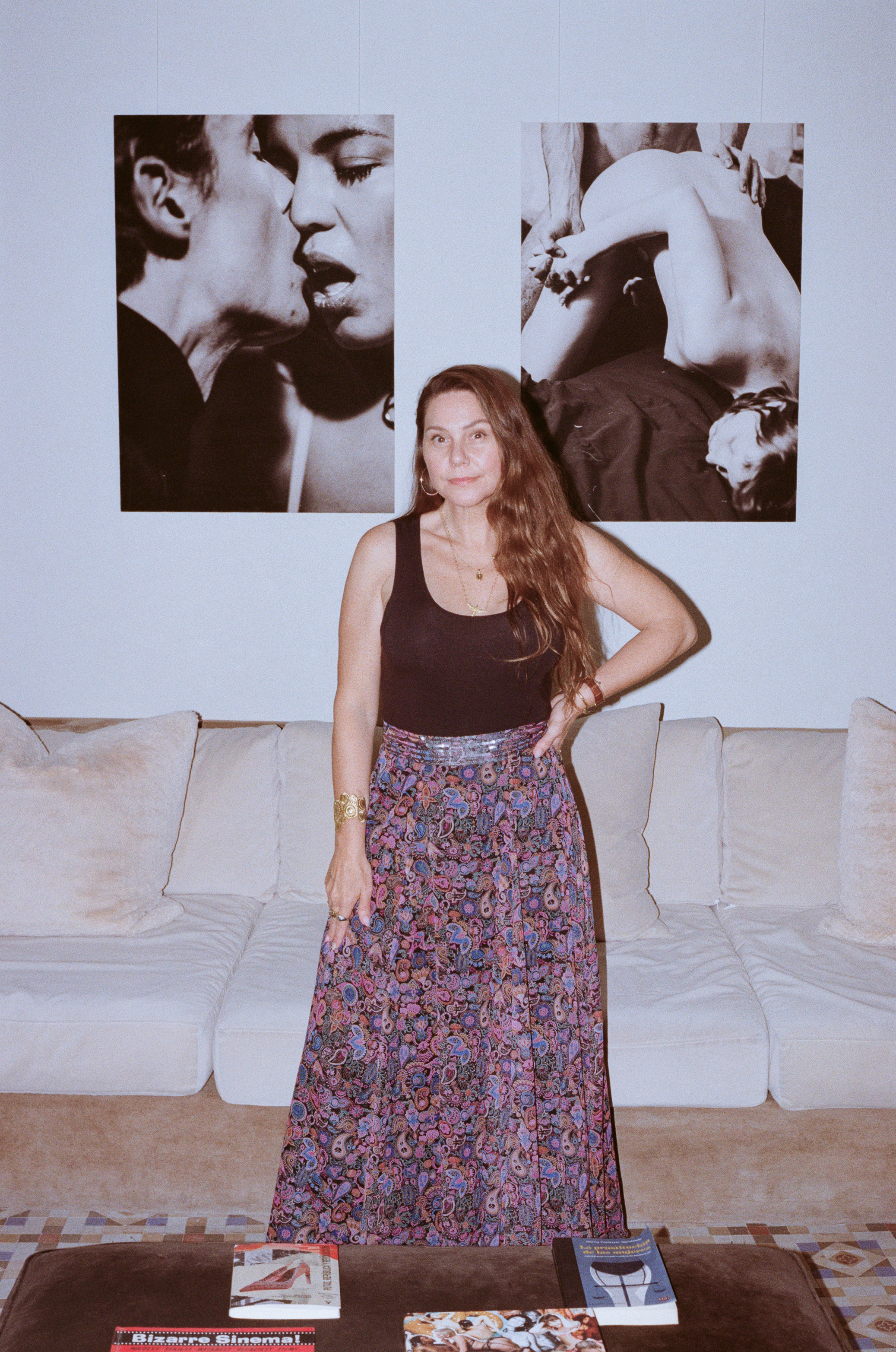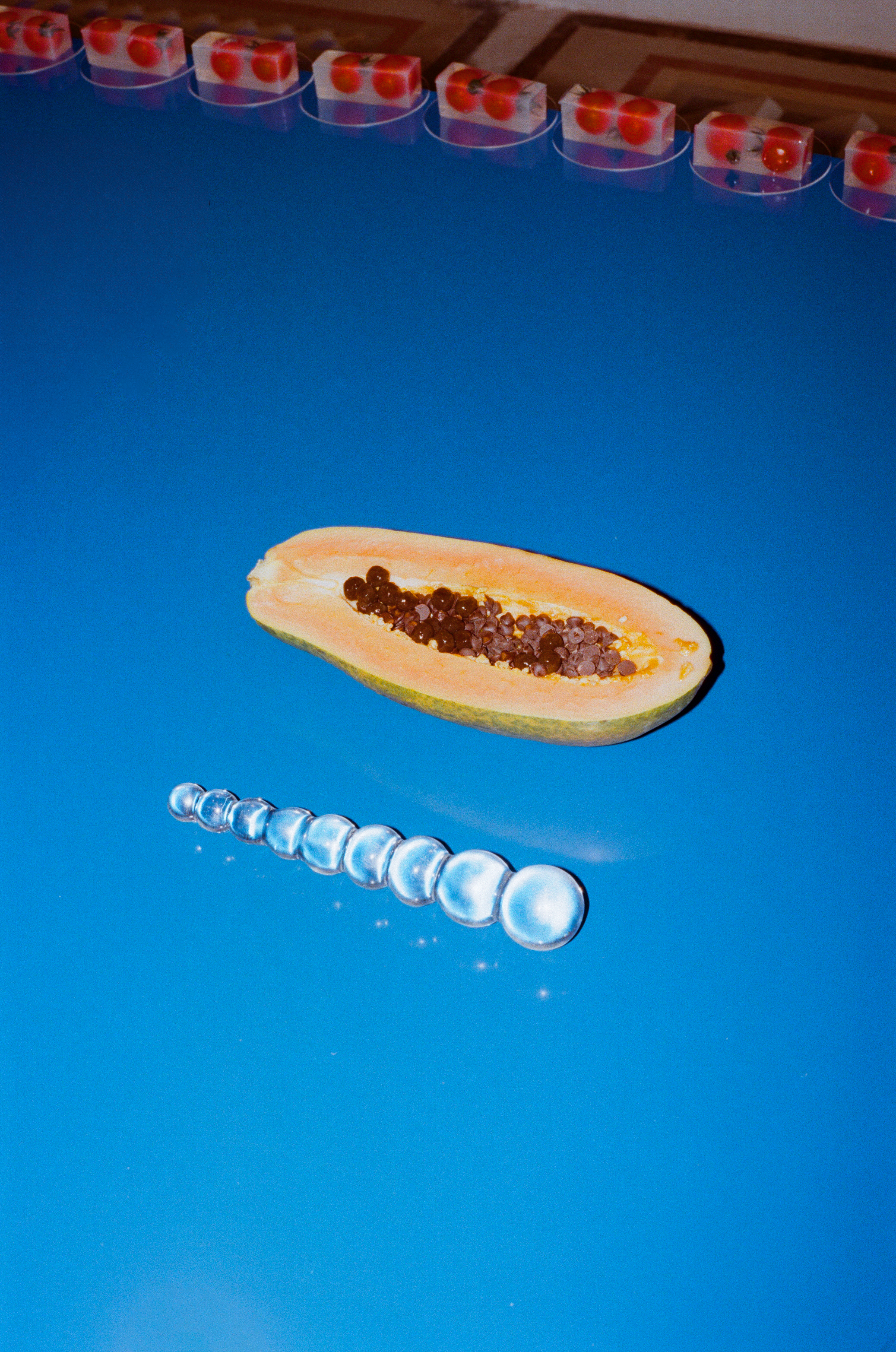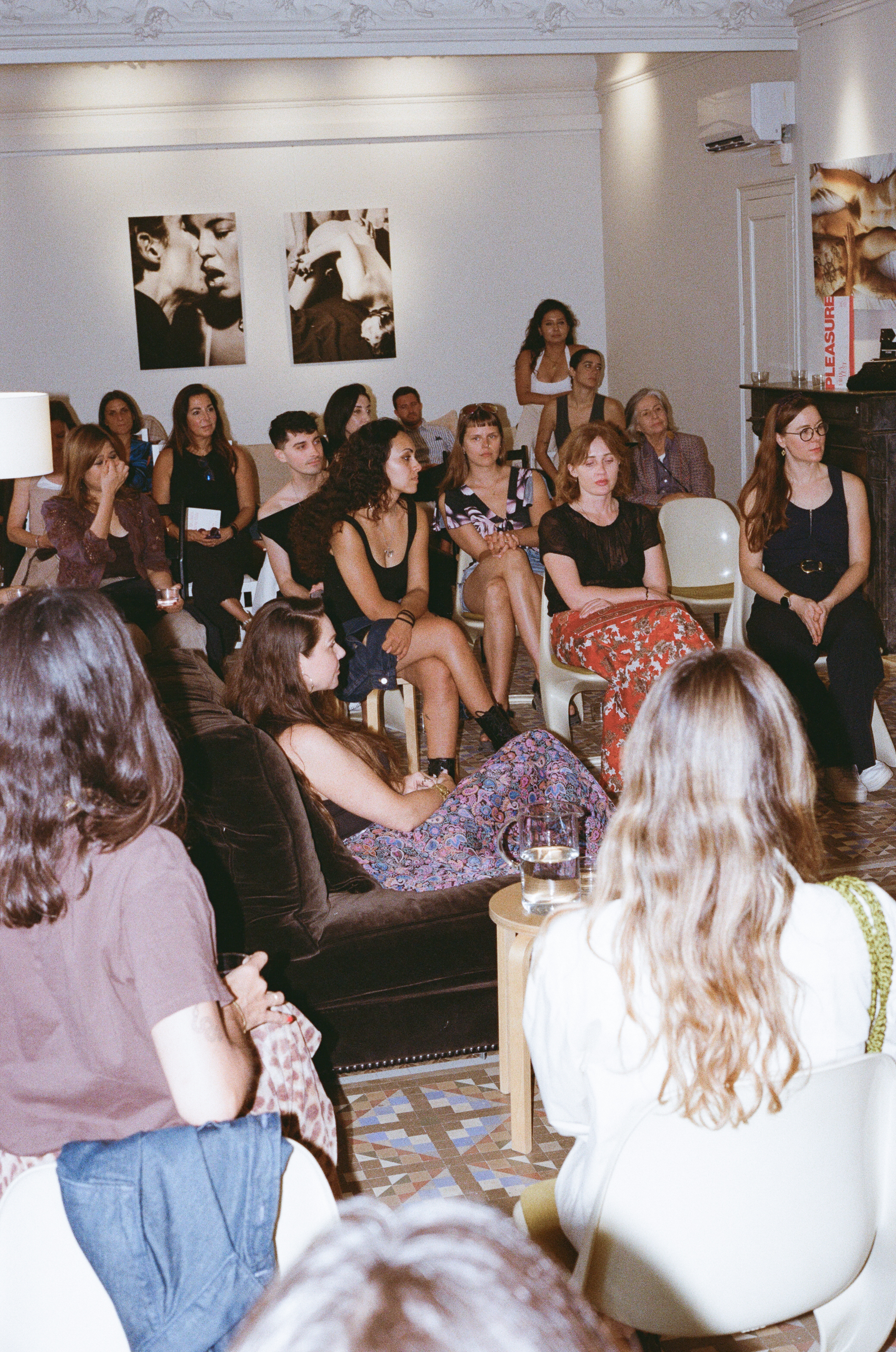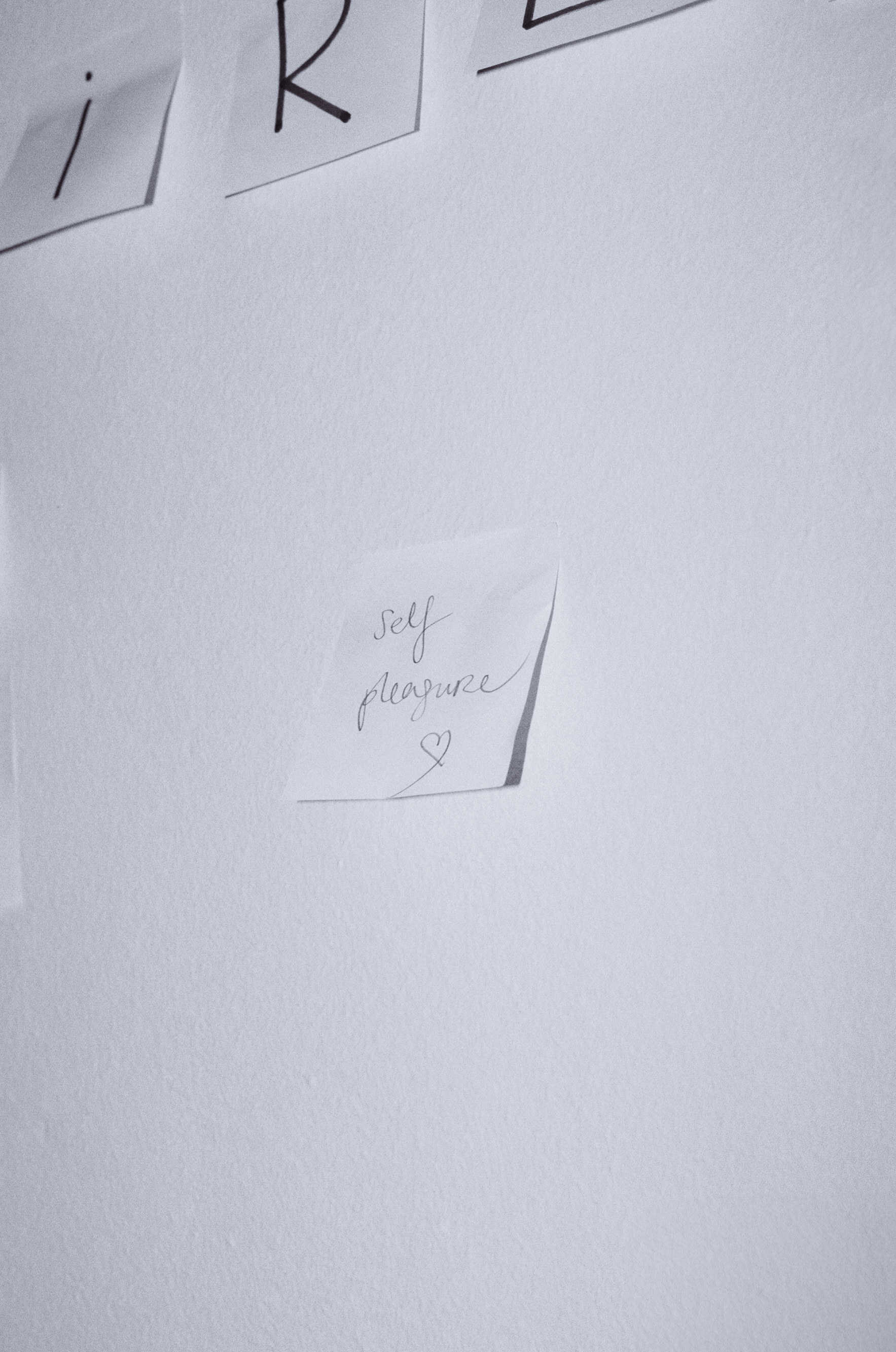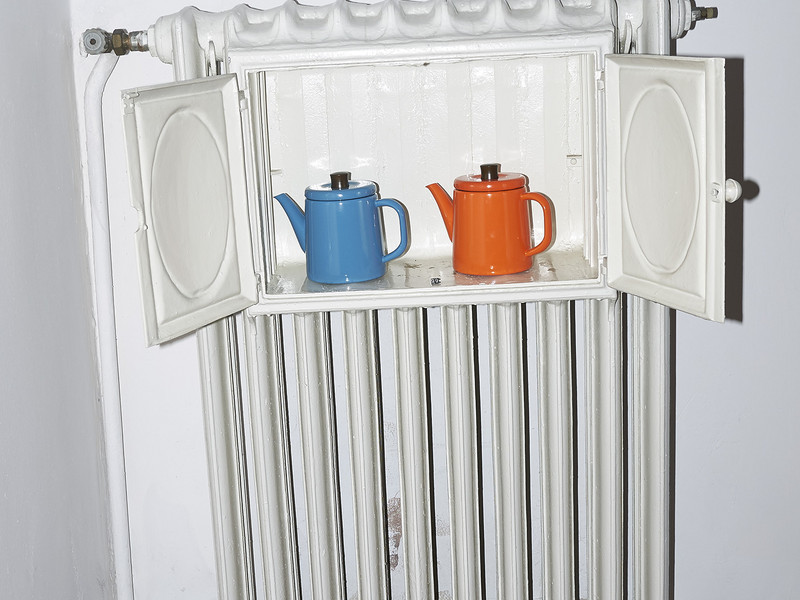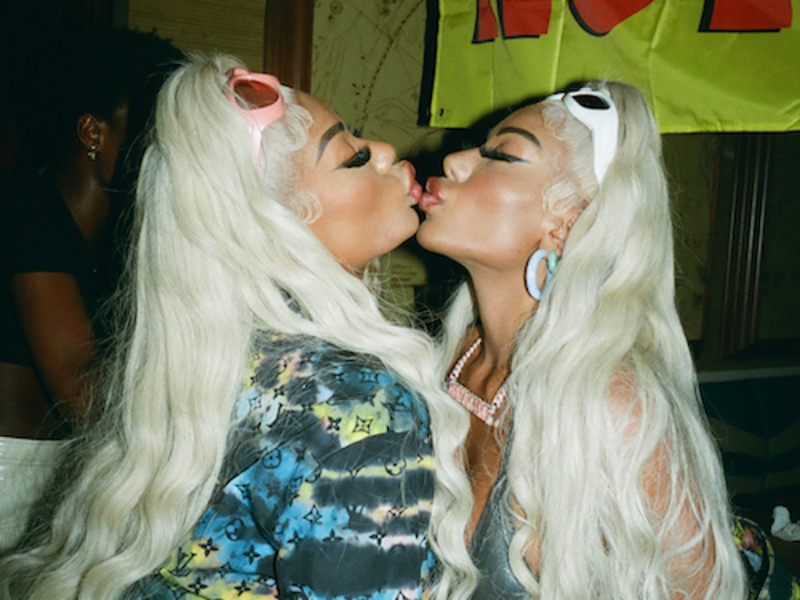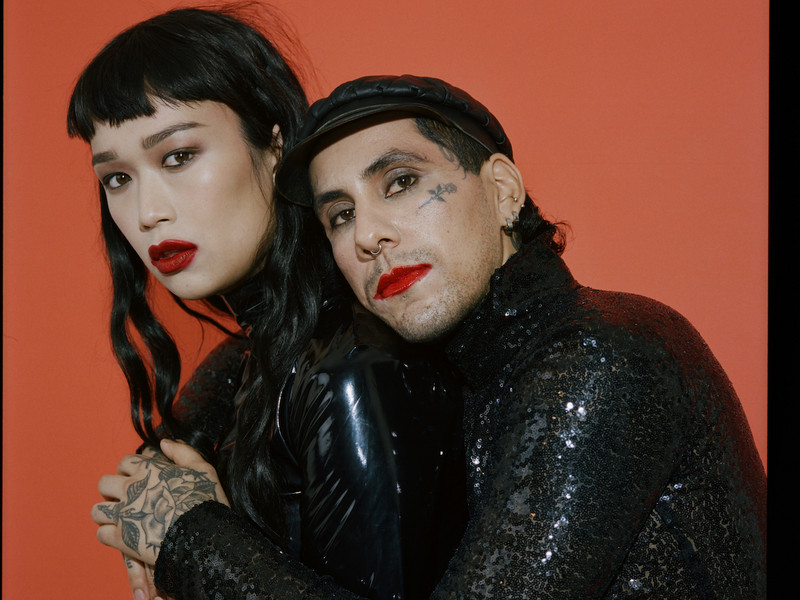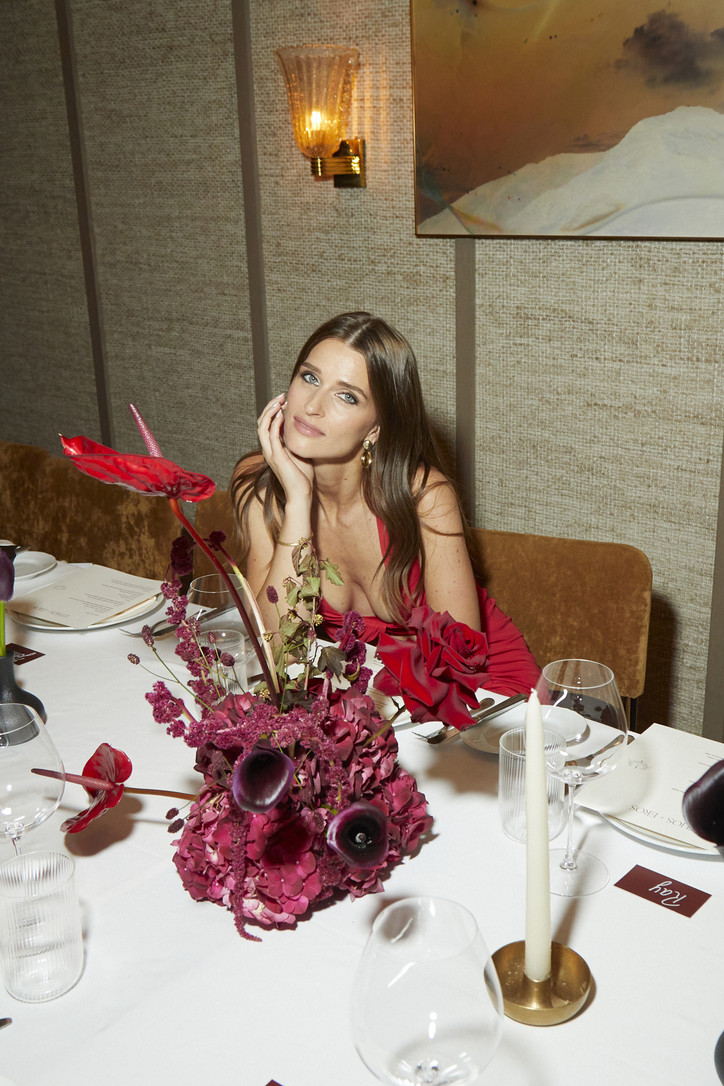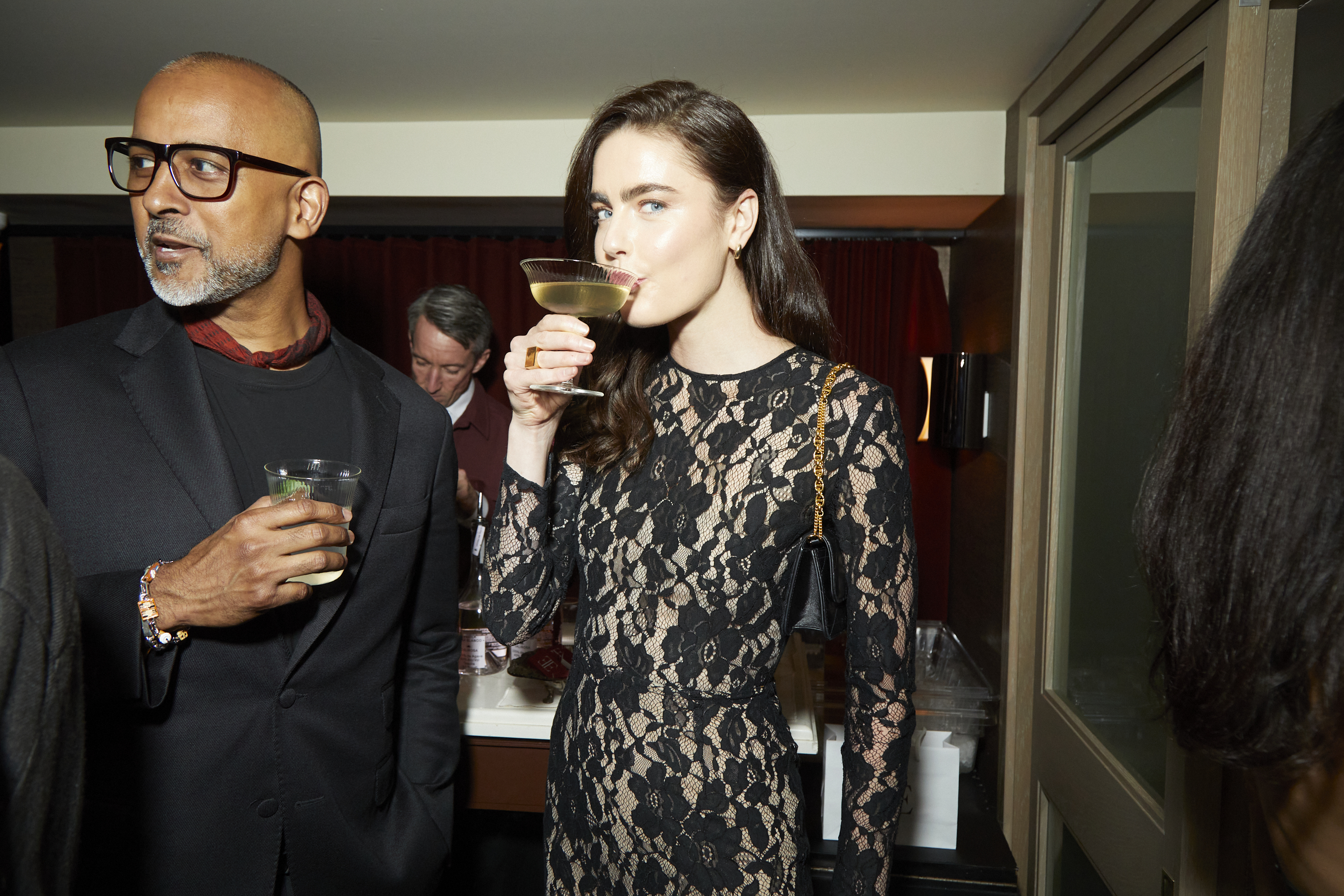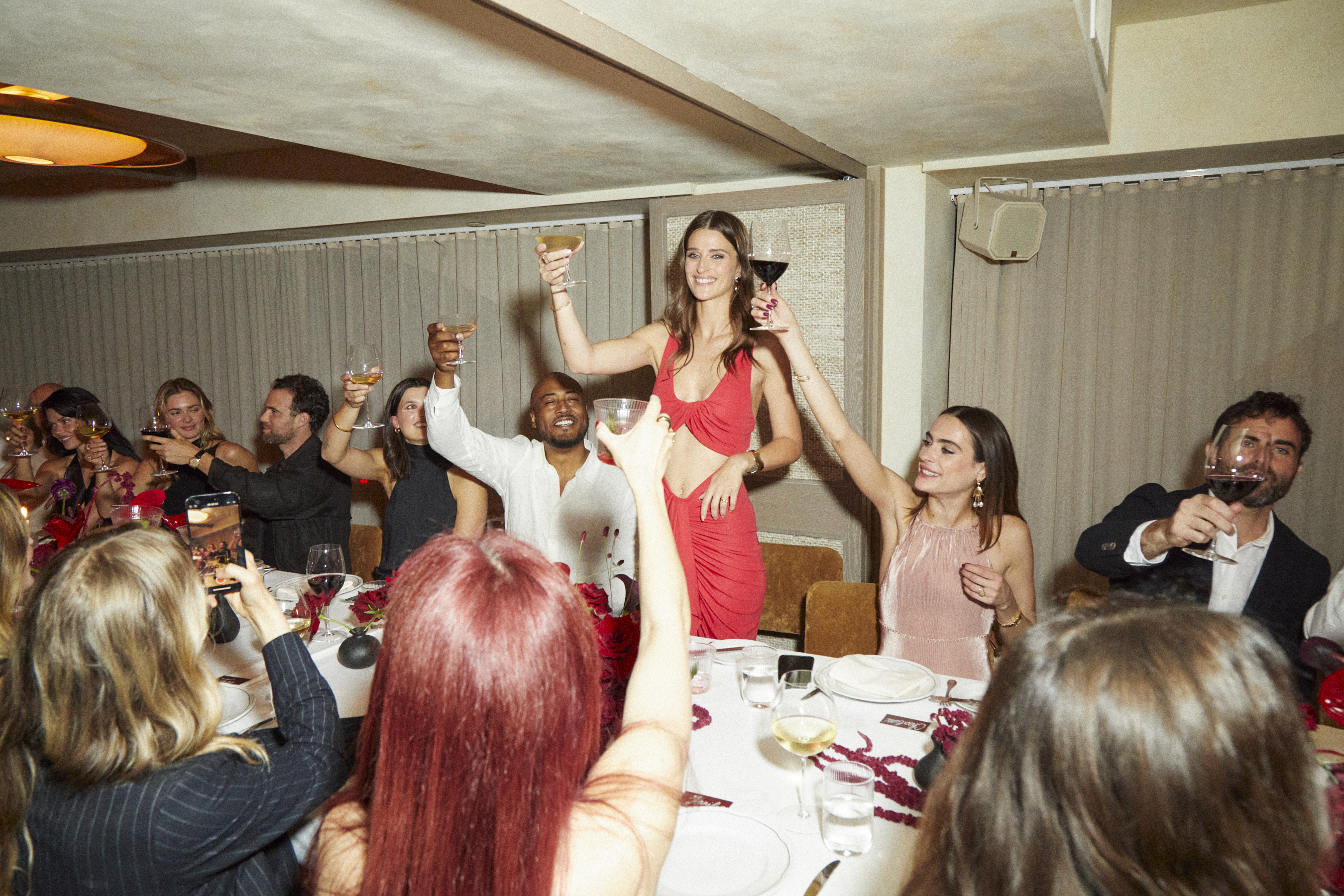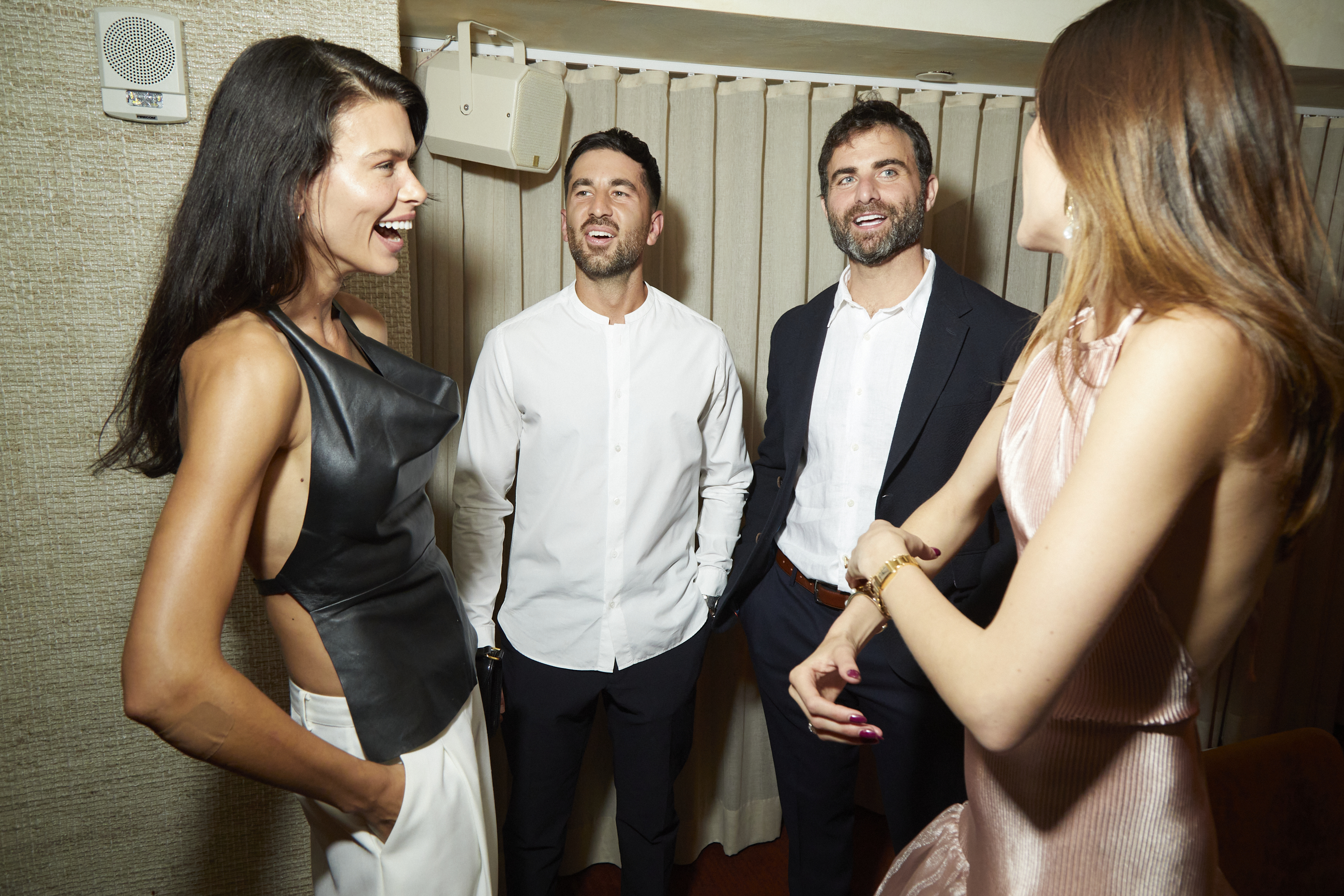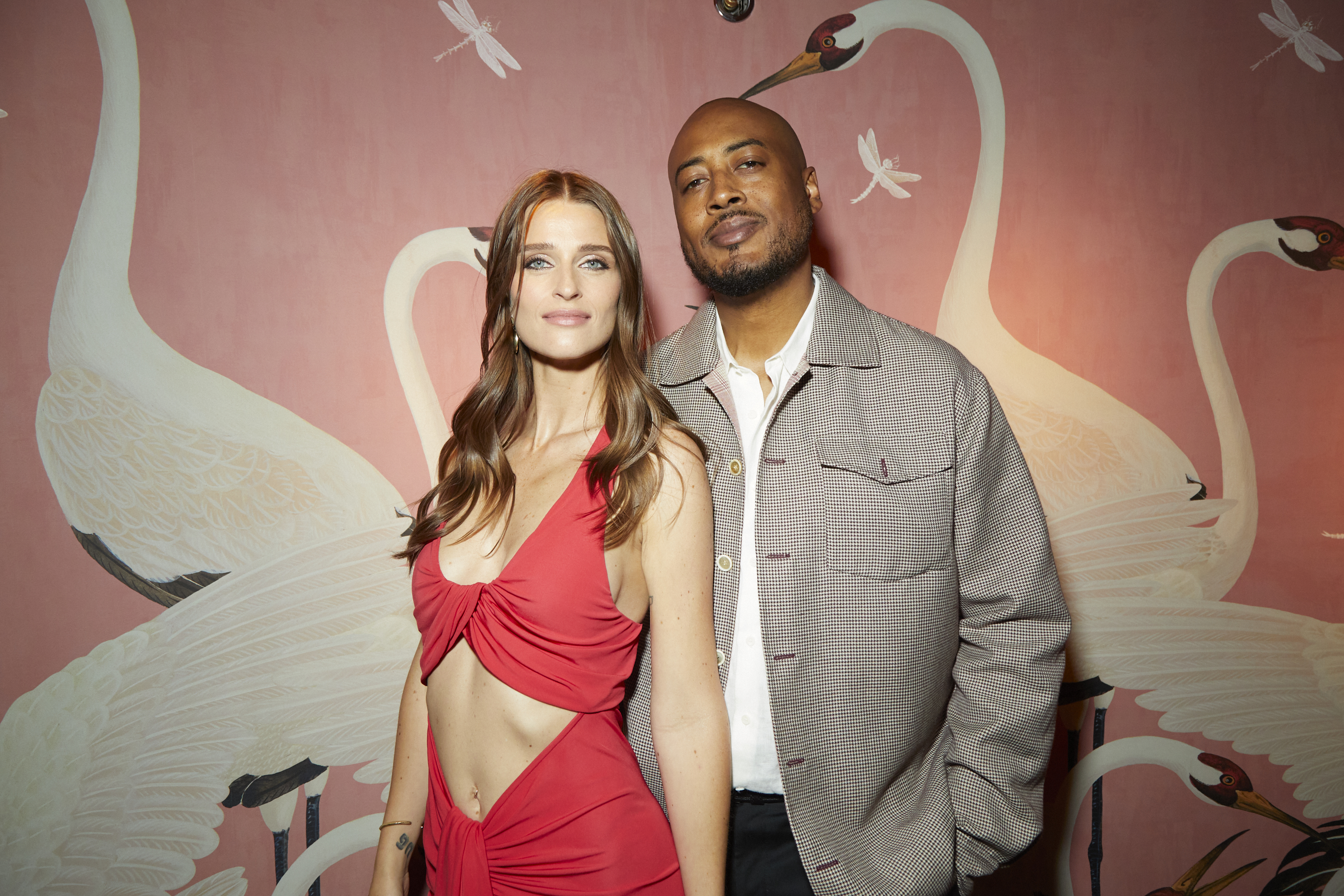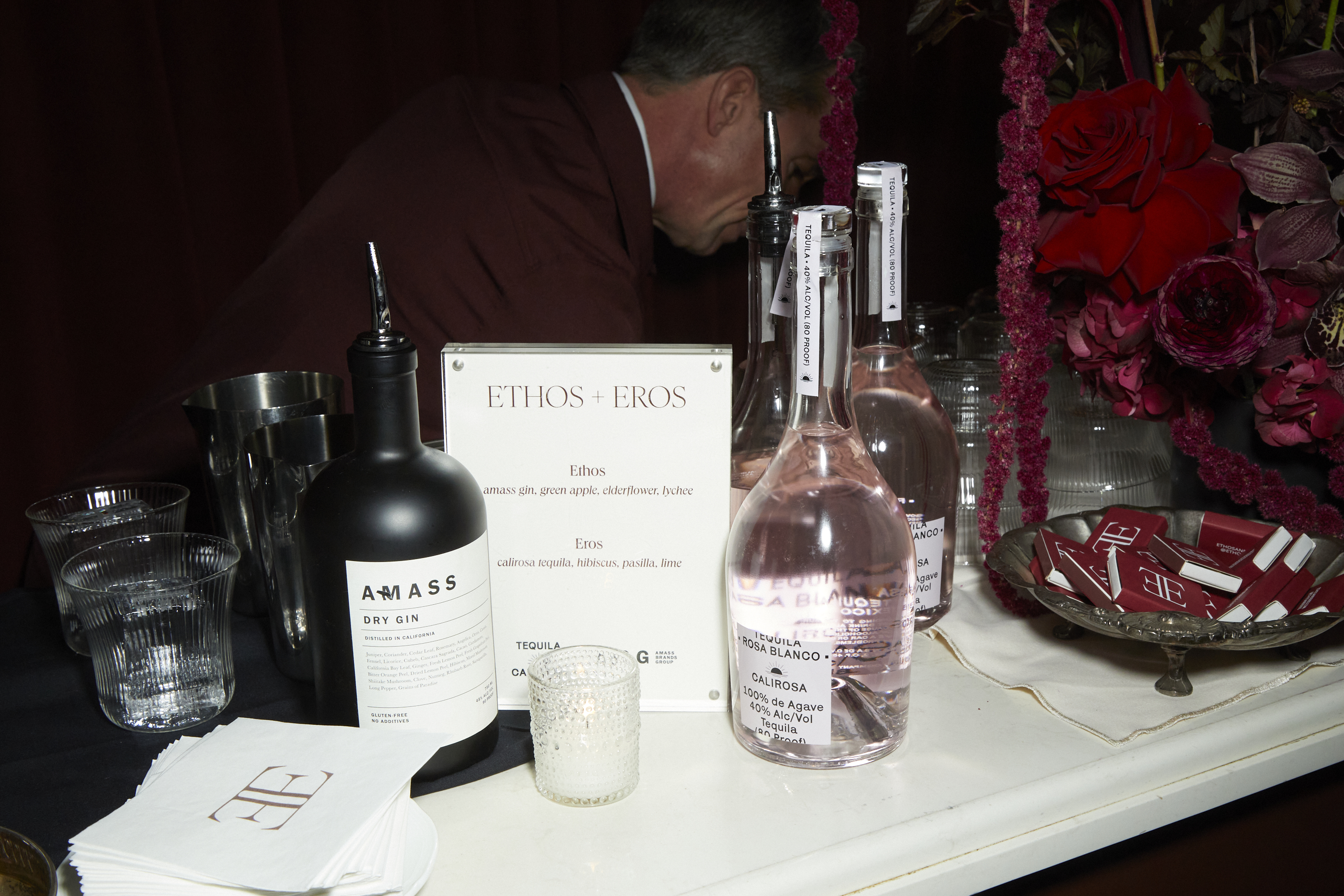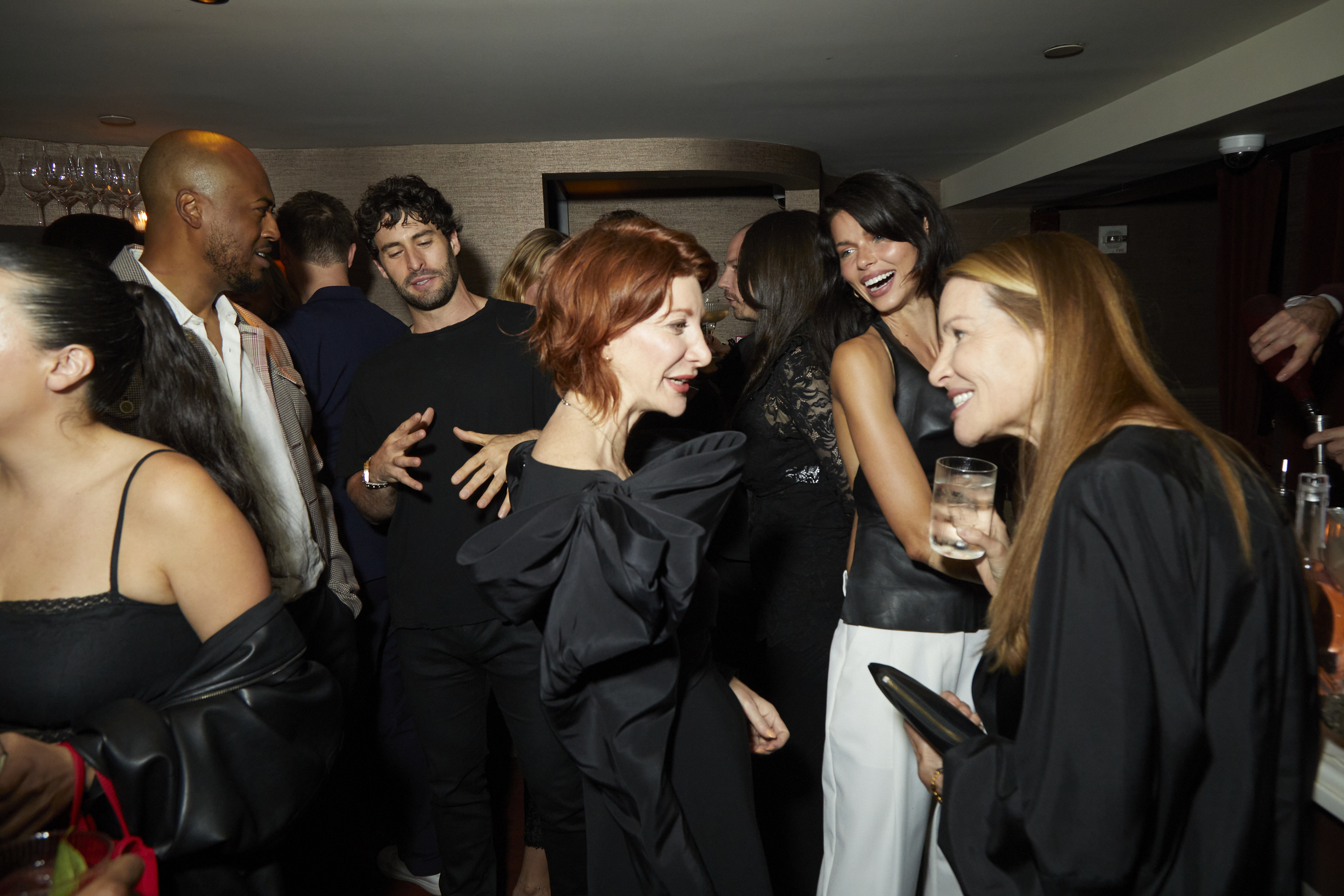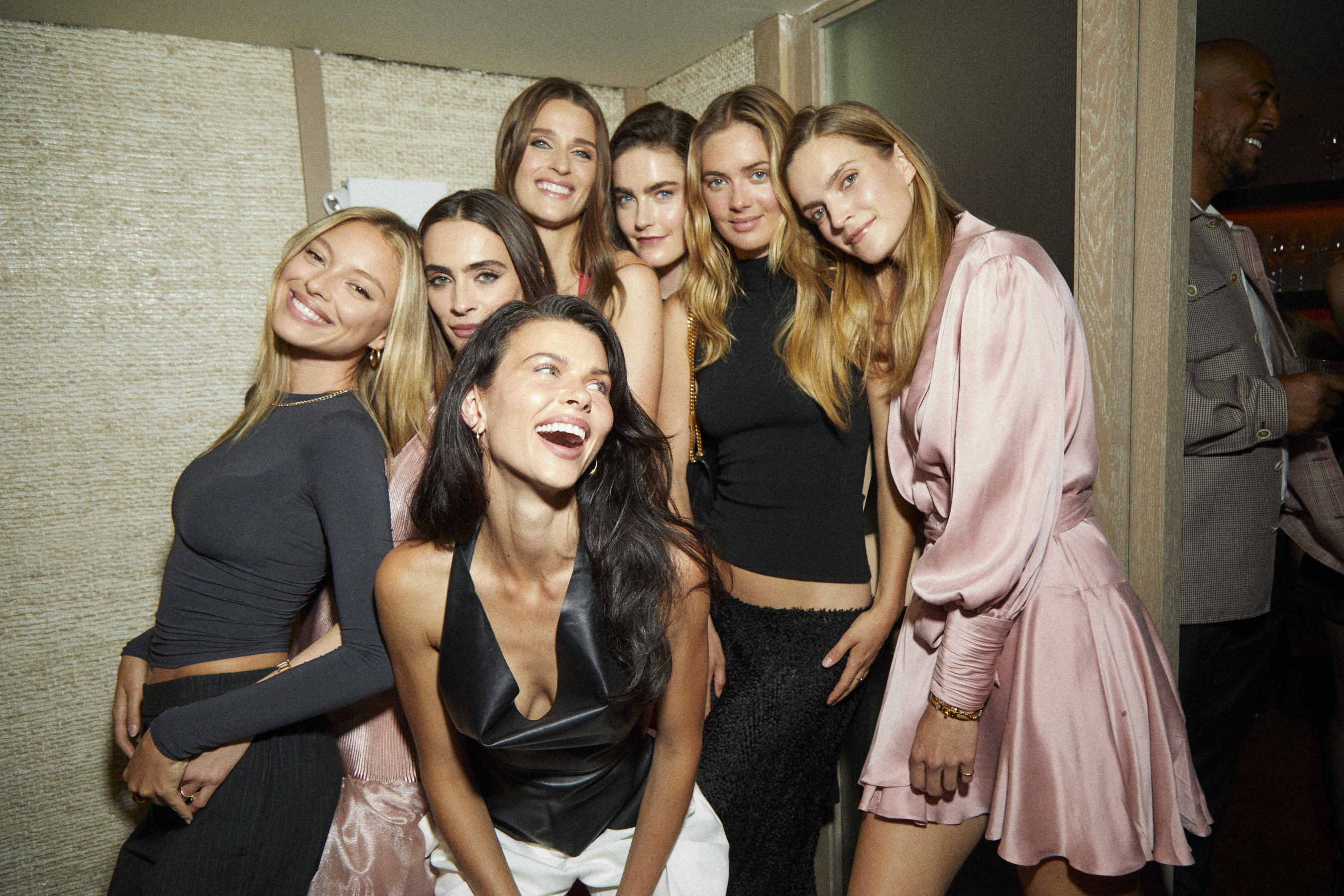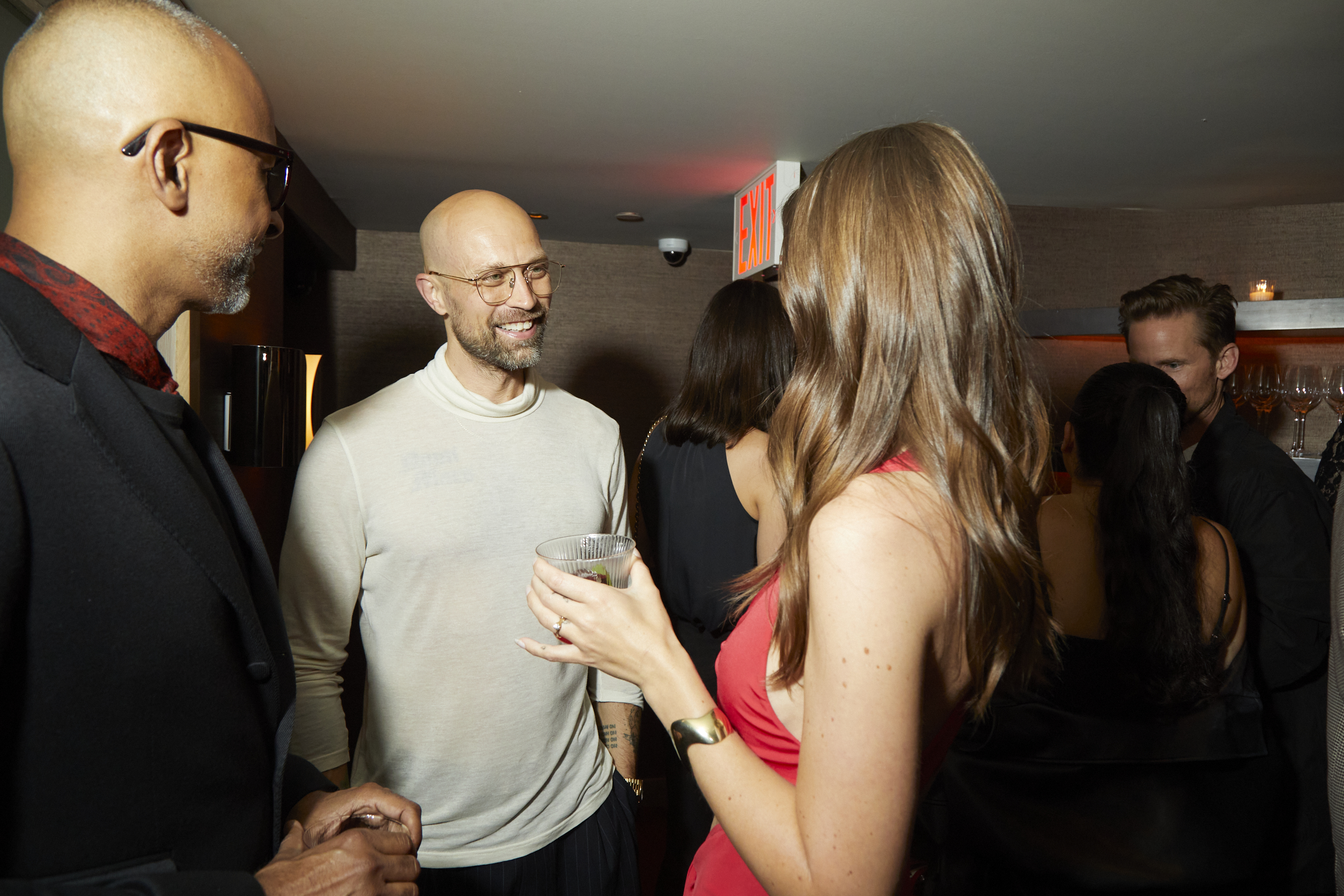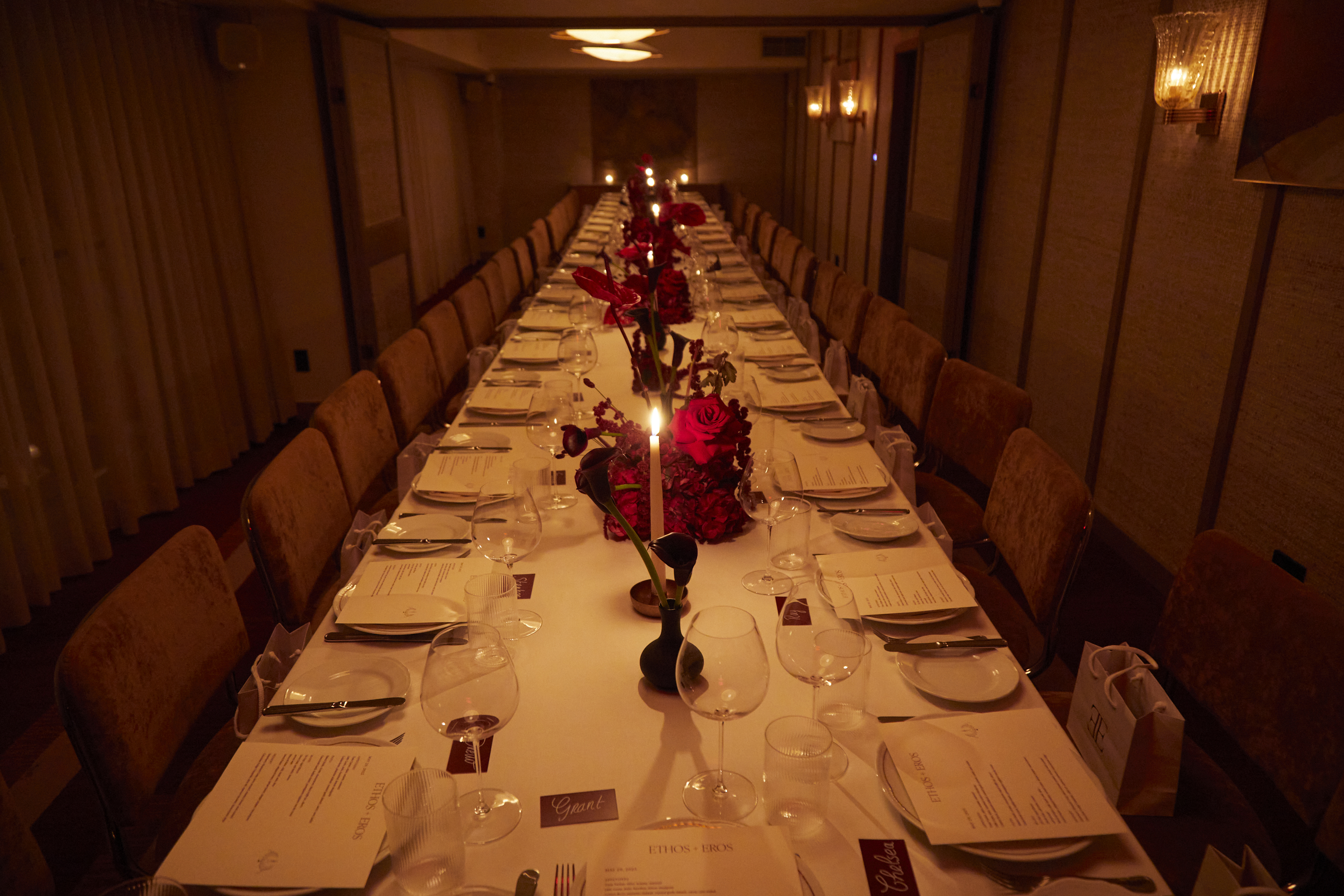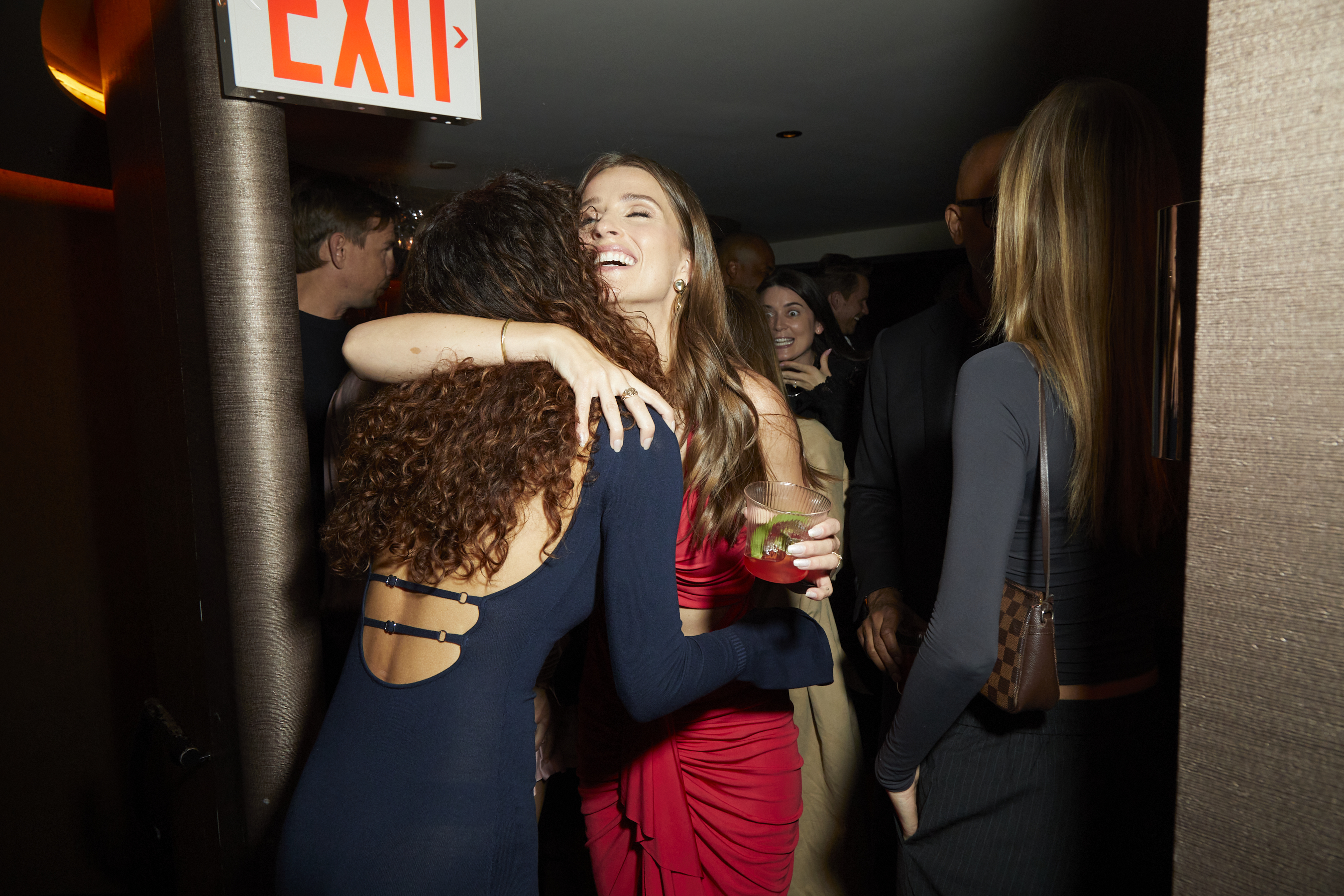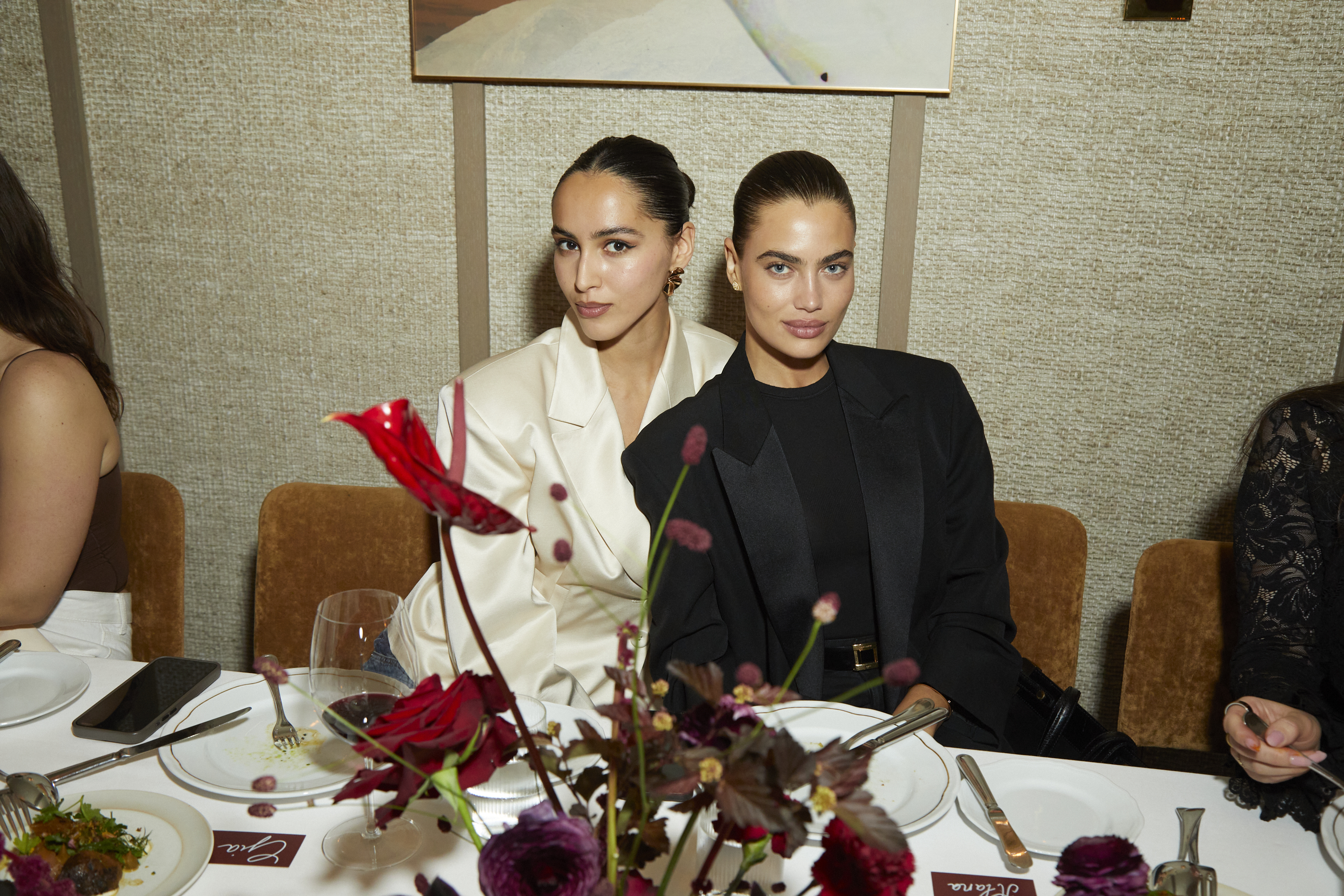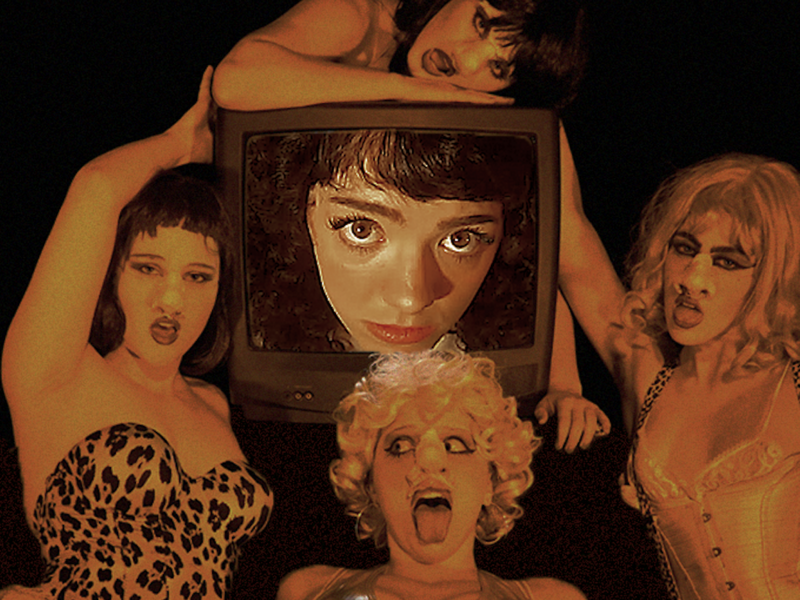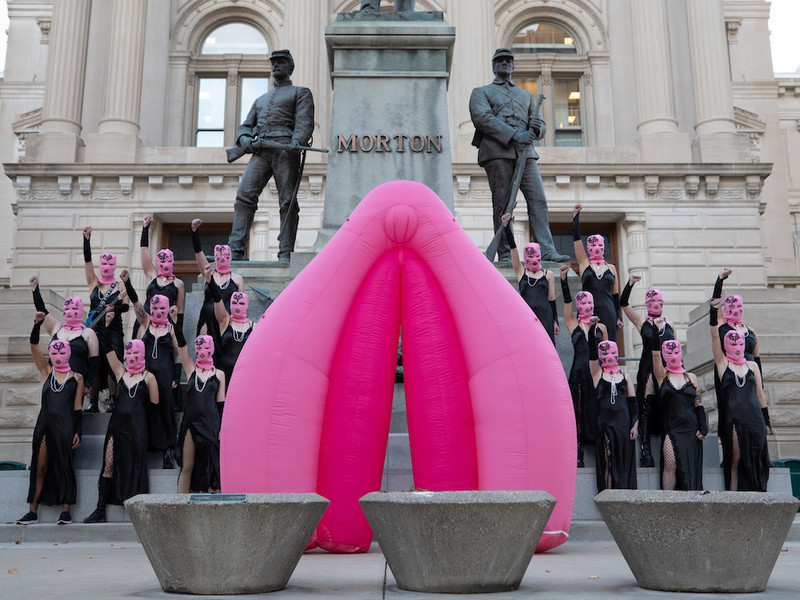How Are You Doing?, Part 2
As we all long for the comfort of understanding and the validation of observation, Fry provides a platform for his subjects to deliver their thoughts and wishes in a time when such essential emotions are the bare minimum we are allowed.
Check it out below.
Yuui Vision, makeup artist
When did the virus start affecting your life?
The first change happened when they started the lockdown in March. I was on set in Philadelphia when the announcement happened, and the producer wrapped the shoot early to send us home safely. That’s the time it hit me how serious this pandemic is. Right after that, everything STOPPED for me work wise. Since February 2020, I was fighting for the stop of xenophobia among my people wearing masks, so I was scared if that hate toward my race will be stronger, on top of all the fears such as financial insecurity, health risk, and life risk to name a few.
What changes did you have to make to your work, personal and social life?
I needed to change my mentality, and I’m confident that many of you agree with me! During this crisis, I got to re-design my life, appreciate what I already have in front of me, and I got to learn the political issues deeper.
How did you first hear about the tragedies of George Floyd, Ahmaud Arbery and Breonna Taylor?
Instagram.
What was your response and how did you act?
.... Disbelief. I have to say that is very ignorant of me. I would shamefully admit that I did not know much about political systems in the United States. I am still learning, of course, but I was in ... what is the word? Not shock, not confusion, but some sort of anger that this has been happening in this country for so long.
What changes do you want to see happen in this country going forward?
More care and share.
How will you look back on 2020 and who should be leading the country in 2021?
2020 is the year of realization. In 2021, I believe we all should be involved to lead the world, since this crisis taught us how important EVERYONE is deeply and how much power we have when we are united.
Dion McKenzie AKA Tygapaw, multidisciplinary artist, 36
When did the virus start affecting your life?
Immediately.
What changes did you have to make to your work, personal and social life?
Since touring is no longer an option this year, I’ve had to do a few live streams here and there, but it doesn’t make up for the significant amount of income lost. Right now I’m focusing on finishing my debut album.
How did you first hear about the tragedies of George Floyd, Ahmaud Arbery and Breonna Taylor?
Via social media.
What was your response and how did you act?
A mixture of heartbreak and frustration are my immediate responses to seeing the blatant brutalization of black people by officers whose job is to protect and serve. It seems like people (when I say people, I mean people with white privilege) haven’t been aware of systemic racism up until now, but I’ve been awake and aware since moving to the US in 2002 from Jamaica. I’ve been doing the work.
What changes do you want to see happen in this country going forward?
The end of systemic racism.
How will you look back on 2020 and who should be leading the country in 2021?
I’ll look back at 2020 as a year when I witness the truth about human nature, and because I’m an immigrant and don’t have a voice in this country, it would be great to see a leader who will stand up for the disenfranchised and support and uplift the working class.
Mahi Mamadou, artist, 23
When did the virus start affecting your life?
Beginning of March.
What changes did you have to make to your work, personal and social life?
It slowed down my traveling. I was going to move back to NY around the beginning of March, but in February I knew it wouldn’t be the best idea. So I ended up just being inside a lot more and as an artist that was actually great for me. I stopped seeing a bunch of friends but I still skated from time to time so I’d run into a few good homies.
How did you first hear about the tragedies of George Floyd, Ahmaud Arbery and Breonna Taylor?
Social media.
What was your response and how did you act?
I was enraged, but I know there are many others who’ve been wronged by our corrupt system that have gone unnoticed. My actions became very spiritual. I would read more and have these intense conversations with my pretty diverse group of friends, figuring out ways to dismantle the conditioning in others.
What changes do you want to see happen in this country going forward?
More unity within the black race and the other races as humans.
How will you look back on 2020 and who should be leading the country in 2021?
I’ll look at 2020 as a major turning point for the human psyche, a huge shift in the planet’s energy.
Liv Collins and Adrian Koenigsberg, skaters, 23 & 25
When did the virus start affecting your life?
Liv—March was when things started getting bad. My mom is a microbiologist at Yale New Haven Hospital and I still lived with her at the time. I had never seen her that stressed in my life.
Adrian—I feel really fortunate to still continue to have a job and have really for the most part been in good health during this pandemic since mid-March. My parents live in Miami and my sister lives in Dallas, so when things started to pick back up, I got increasingly concerned for their health. I think it most specifically affected me when my grandmother got diagnosed and put into the hospital early July. She's 95 years old and I haven't been able to see her in over eight months. You don't get those moments or people back. Luckily she's doing a lot better.
What changes did you have to make to your work, personal and social life?
Liv—My plan for 2020 was to graduate college in May, start my new job, and move in with my boyfriend. None of that happened how I thought it would. My new job position was shut down and still is. I ended up moving to Brooklyn in March instead of May to avoid the risk of getting my mom sick. And I finished college early and online. My social life went from going out with friends all the time to staying inside playing Animal Crossing every single day. Even skateboarding changed for me. Things are different now, but at first all of the skate parks were locked up for months. Anytime I'd try to skate in an empty parking lot or basketball court the police would kick me out immediately, yet public parks like McCarren were open and packed with white people having picnics pretending the pandemic isn't real.
Adrian—From a professional standpoint I've been working from home since mid-March. Being a graphic designer, it's all computer based anyways so it hasn't been so heavy of a learning curve to continue to be productive. I just have been struggling more with the emotional aspect of everything. I live alone and obviously this is not a great time to be actively social. There was a period of time from mid-March to May where I literally had not seen anyone or really spoke to anyone in person aside from people in the grocery store. It comes and goes in waves. Lately I have been a bit more depressed with the absolute disregard for human life, and how we may not recover from this pandemic for an extremely long time. In terms of Quell Skateboarding, my business, luckily we were able to release and ship our fifth issue of our magazine in early April. So many people supported the launch digitally than ever before. It took a minute but I think we're slowly bouncing back to production and storytelling.
How did you first hear about the tragedies of George Floyd, Ahmaud Arbery and Breonna Taylor?
Liv—I learned about their tragedies through Twitter. Twitter is definitely one of the fastest ways to spread information and make serious issues go viral.
Adrian—I think I first heard about these tragedies through Instagram posts or things I've seen on other social media. I was incredibly saddened to hear about these stories because there is absolutely no reason George Floyd, Ahmaud Arbery and Breonna Taylor should have lost their lives. Every single one of these cases, and the several other stories that are coming to life during the rise of Black Lives Matter deserve justice.
What was your response and how did you act?
Liv—I've been very vocal of my support for Black Lives Matter since I was in high school. I always use my platform to spread awareness and educate on the issues black people face in this country. So my first response was to share their stories with everyone I know. Sharing resources to help their families, donating money to various gofundme pages, and going to protests.
Adrian—I donated a lot of the proceeds of Issue 005 to several organizations through Quell. I also posted a statement on our page that encouraged our following to check out some resources and places to donate during that time. I re-wrote a mission statement for our brand, and developed guidelines so we can constantly be discussing anything with a political or social message appropriately. I want these changes at Quell to continue forever, not just for the moment.
What changes do you want to see happen in this country going forward?
Liv—I hope the passion for this movement never ends. I want to see a change when it comes to performative activism. Caring about black people should not be a trend. This is the first time I've ever seen this many people of all races coming together to defend black lives. I am not used to this at all. I hope non-black people stay angry and continue to use their privilege to help us. I want the whole country to be vocal and stand up for what is right!
Adrian—I don't think we have enough room for that on this platform to discuss how many things I would like to see change in this country. Health care, disease control, police brutality, voter equity, racism, gender and sexual discrimination. I think the pandemic and the election of Donald Trump just show how many things we've been thinking are acceptable to continue because of how they've always been. Every other country in the world has done more for their citizens than we've done for ours during this pandemic, from just a health and economic standpoint. There is no concise or clear messaging coming from our authorities and it's literally endangering our entire lives and futures.
How will you look back on 2020 and who should be leading the country in 2021?
Liv—I will look back on 2020 as the most hectic start to a new decade, but also the year that exposed so much and started a revolution. Even though there is evil in this world there is still a lot of love and compassion. Our world is changing, views are different, people are finally seeing how the system is against all of us. There is no going back now. I believe that black and indigenous womxn/femmes should be the ones leading this country!
Adrian—I feel like it's too early to tell how I'm going to look back on 2020. Every other week it seems like something worse and worse keeps happening. Maybe ask me after this election. I don't know who should be leading the country but I don't think the answer lies in who currently is in the position to get elected. I have a lot of hopes that Biden does bring Bernie into his political decision making as much as he claims he will do, but that's also contingent on Biden getting elected. I hate sounding so negative but, I'm not sure what hope I have left in this year other than creating and putting forth what I want to see in the world through Quell or in my personal life.
Julian Ribeiro, model, 21
When did the virus start affecting your life?
The coronavirus started affecting my life in early March. In the week before businesses and public spaces shut down, tensions were rising about the potential impact of the virus. I was skating in Brooklyn when a stranger started launching racist remarks against my friend, who is Vietnamese. This was the first, but sadly, not the last time that someone in my life was mistreated due to racist fears about the coronavirus. As someone who actively benefits from white privilege, situations like these serve as a stark reminder that so many of my loved ones would be unfairly accosted during this crisis.
What changes did you have to make to your work, personal and social life?
Everything changed in an instant. When quarantine began, I was told I would be out of work for two weeks. That quickly became upwards of four months. I was afraid, as were all my friends. I have a pre-existing respiratory condition, would I be at risk of getting seriously ill? Would my loved ones get sick? Who would take care of them? My parents cried when we discussed how much the hospital bill would cost if I got ill. My grandmother told me she prayed for me everyday. I am immeasurably grateful to have a loving and supportive community of friends here in New York City, and even though we couldn’t be physically together, that connection never swayed. I got really good at iMessage 8ball pool. I watched my friend turn 21 over Zoom. I skated alone under the BQE, and ate nothing besides hashbrowns and coffee for weeks. I woke up at 5 am to play Animal Crossing. We all worked to keep our minds and bodies light, and express gratitude. We couldn’t leave our apartment, but at least we had each other.
How did you first hear about the tragedies of George Floyd, Ahmaud Arbery and Breonna Taylor?
Social media. As these events unfolded, I started seeing my friends share the videos and the images. My heart sunk. White supremacy and racism once again led to the execution of innocent people. We weren't just watching police officers suffocate a man for nearly eight minutes, we were watching hundreds of years of white supremacy, racist hierarchies, and systemic anti-black violence do what it has always done: destroy. Destroy families, destroy communities, destroy lives. I was twelve years old when Trayvon Martin was murdered by George Zimmerman, and the nation watched as he was acquitted. Eight years later, it is abundantly clear what hasn't changed. We watch again, as innocent black people are killed, and their murderers are protected by the authorities.
What was your response and how did you act?
In the morning before the first riot, I went to visit my family. I hadn’t seen them since the year prior. Later that evening, I started getting text messages. The protests were not ending, and the police were brutalizing everyone they could. I sat helpless, hours away, as my friends waited outside of a police station to try and retrieve others. A few days later I returned, and we all got back into the street. Never in my life had I watched police officers terrorize peaceful protestors with such a fervor. We had to be at these protests. To do otherwise was to be even more complicit in the violence. We had to be present, be in the crowd, to protect each other. There is no “staying silent” in situations like these. If you truly believe in a better future, you cannot sit idly by and watch your neighbors, friends, and community members face the evils of white supremacy and racism alone.
What changes do you want to see happen in this country going forward?
We all desperately want to see change. Our government and current administration have made it abundantly clear that they have no interest in dismantling the systemic racism that plagues our society. This comes as no surprise, as it is the foundation of their power. I want to see a continued level of raised social awareness surrounding these issues. We cannot let these movements fall to the wayside as our world opens back up. We have to ask ourselves how we can continue to support anti-racist initiatives, and create a more equitable world. Our eyes must remain firmly on the abuse levered against our neighbors. It has never been enough to quietly condemn these structures of abuse. It must be an active and ambitious effort, with the goal of equity and healing. I look to the future with hope and optimism, because when I look around at my peers and community, I see a new generation of politically conscious and aware young people, spanning a wide breadth of creeds and backgrounds. The government will not be there to help us. The systems that concentrate power into the white and the wealthy will not be there to help us. It is simply us, and the love and support we can give to each other, that can help us.
How will you look back on 2020 and who should be leading the country in 2021?
I will look back on 2020 as a year of immense and uncomfortable change. We have all watched as our old routines, habits and lifestyles were upended. However, I have no wish to return to the way things were. I will look back at 2020 and hold gratitude for this year because of the shift that has been initiated. I am more mindful of my community, more appreciative for my health and wellbeing, and more aware of the work that remains to be done. 2020 has made it abundantly clear: the old ways are not working. We must look forward, and remain steadfast in our goal of change. None of us deserve to feel comfortable if the same cannot be said for black people, for trans women of color, for the poor, for the undocumented, for the homeless. To inhabit a white body and ignore their voices is to perpetuate violence.
Danny, social worker, 29
When did the virus start affecting your life?
The literal day that venues, festivals, etc. all shut down, because it was supposed to be the first day of our tour with Pussy Riot. We were out in LA for the beginning of tour, and up until a few hours before the show was supposed to start, we were waiting to hear from Pussy Riot's manager and the venue about if it would close or not. In the next couple days, LA began official quarantine, and me and Tommi had to escape back to NY and hop on a flight, because we were worried air travel would shut down.
What changes did you have to make to your work, personal and social life?
Needless to say, tour was cancelled; however, I didn't have much time to think about it, because I was already amping myself up for visiting clients in their homes all over NYC during the pandemic. I knew that my job would be way more intense then usual, and that my coworkers would need me to be one of the people willing to go out and see clients. My job started incorporating telehealth as part of how we provide services, so for situations that are not an emergency we can call people instead of meeting them in person. But many of the situations weekly still counted as emergencies, and I've been out every week of quarantine. It was trippy riding the subway to the Bronx every week in March and April and seeing what felt like end times.
Earlier on, I had to visit COVID19 positive patients and check in with them/bring them food/thermometers, prescriptions, etc. There were big food shortages at the beginning of quarantine. Much of my time was spent delivering masks, medication, and coordinating emergency food efforts to clients, who all have mental health and/or substance use concerns, and regularly engage in risky behaviors. There continues to be psychiatric and medical emergencies every week. Our agency didn't have access to masks at the beginning of quarantine (there was a massive shortage in NYC) so I posted on social media and received lots of generous donations from our community, and it was really inspiring, as well as a precursor of what was to come with mutual aid efforts during the resurgence of the BLM movement. A lot of the folks already engaged in helping out with mask donations would be the same people I would be organizing and taking action with in June and beyond.
As far as with Deli Girls, we enjoyed playing some online shows with friends over quarantine, and have mostly been working on finalizing our upcoming album. After much deliberation, quarantine definitely helped push us in the direction of deciding to make a PC game to go with our next album. We feel a game is the best representation of our creative project so far, and are so excited to bring that to life in conjunction with our upcoming album. We want people to still experience our music even without the existence of live shows. I wrote the script for the game, our talented friend Mark Fingerhut is programming it, and Tommi is creating a lot of the assets for the game.
How did you first hear about the tragedies of George Floyd, Ahmaud Arbery and Breonna Taylor?
I heard about these tragedies through the news, friends, and social media. I vividly remember my roommate coming out of his room and saying, "Yooooooo did y'all see what happened in Minneapolis? They set fire to a precinct." And then the next night we were all out at Barclay's Center, like that. After years of protesting in NYC before this past June, I was surprised, joyful, and strengthened by the reaction and energy of the people, which I could tell was a total 180 from actions in the past. Everyone was committed to direct action, to taking care of each other, and ready to fight. I took a day off work so I could focus on marching and coordinating supply efforts with friends. I was out the whole first day/night of curfew, which was dystopian as fuck. Cuomo's tweets shining down at us from a billboard at Columbus Circle at 7:55 pm the first night of curfew while surrounded by pigs: "Don't be a criminal." It was one of the most intense couple weeks of my life, doing social work by day and taking action by night. I was visiting clients in the Bronx during curfew (doing my job) and cops were menacing on every corner, and I wondered if I would be arrested for trying to bring a client their check, or for buying a hot plate for another client whose stove didn't work, or for counselling another who had recently been suicidal. My little essential worker pin was obviously irrelevant.
What was your response and how did you act?
I focused on educating people who had not taken direct action before, educating my friends about security best I could, and sharing and amplifying the voices and information that needed it in our community (like just about everyone else at this time). I've been donating as much as I can, and trying to amplify the BIPOC voices at my job and in my community. I brought protest kits to any of my clients that wanted to go take action. My friends and I showed up to jail support...My friends who were unemployed at the time went IN, and I was able to connect a lot of folks who killed it with mutual aid. We were all looking out for each other best we could, and went out as much as we could. The nights at home or working were spent simultaneously police scanning for those who were out.
What changes do you want to see happen in this country going forward?
I want to see the revolution prevail. I want to see the demands of BIPOC met, and for their voices to be heard. I want to continue to see direct action prioritized, and also a diversifying of the methods of direct action. I want trans people to be safe. Abolish ICE, prisons, and psych wards. I want to see a harm reduction based approach for all endeavors.
How will you look back on 2020 and who should be leading the country in 2021?
2020 has been a year about unexpected but necessary growth, both personally and in the external world. Right now it feels unfinished. 2020 was a bad movie none of us wanted to be in. People forgot how to talk to each other, and now are in the process of relearning how to, which I think is one really positive outcome. A lot of folks I spoke with at work or in my personal life (including myself) reported having important realizations about themselves and the way their own brain works, due to having so much time isolated. 2020 has been very affirming, in all the real and difficult ways, because I realized I had a higher purpose. People's lives and well being depends on my ability to take care of myself, and be present. I don't know who should be leading the country in 2021, but definitely not anyone who's currently up for election. Representational politics is fucked.
